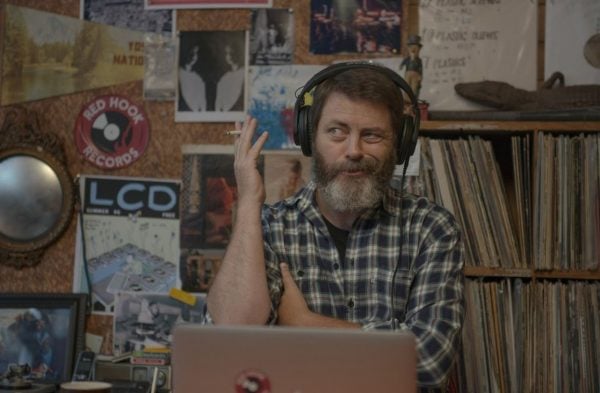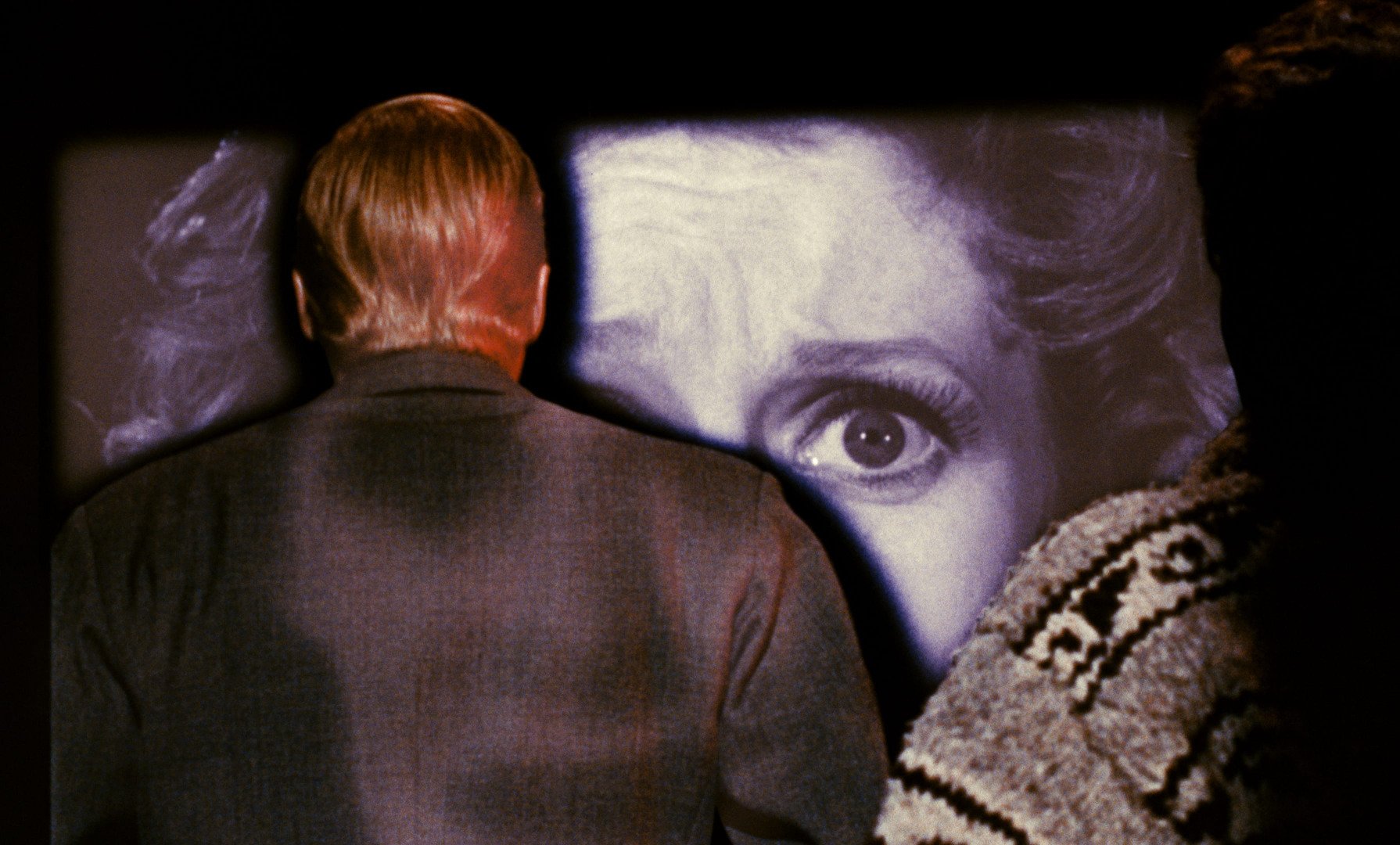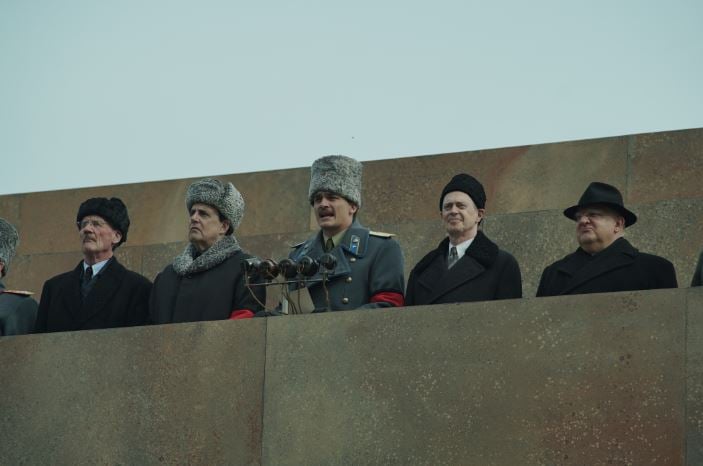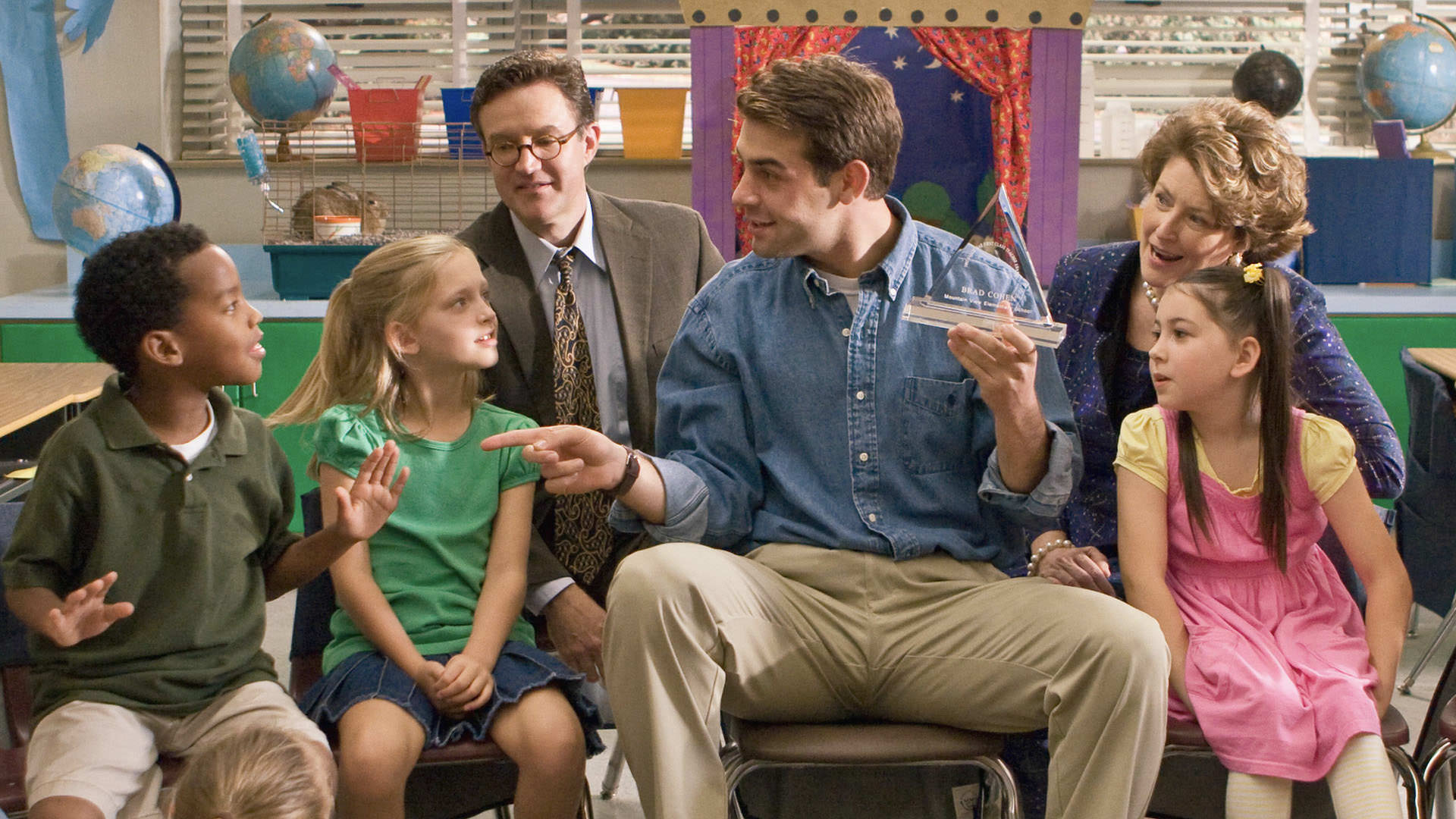100 Best Movies on Roku Channel Right Now
If you’re a movie buff seeking a solid selection of movies on-demand, look no further than the Roku Channel. The free platform offers a unique selection of titles to choose from, including modern classics and arthouse picks alike. To guide you through the vast movie catalog, here’s our round-up of the top movies to stream right now on the Roku Channel.
Jump to the top 10:
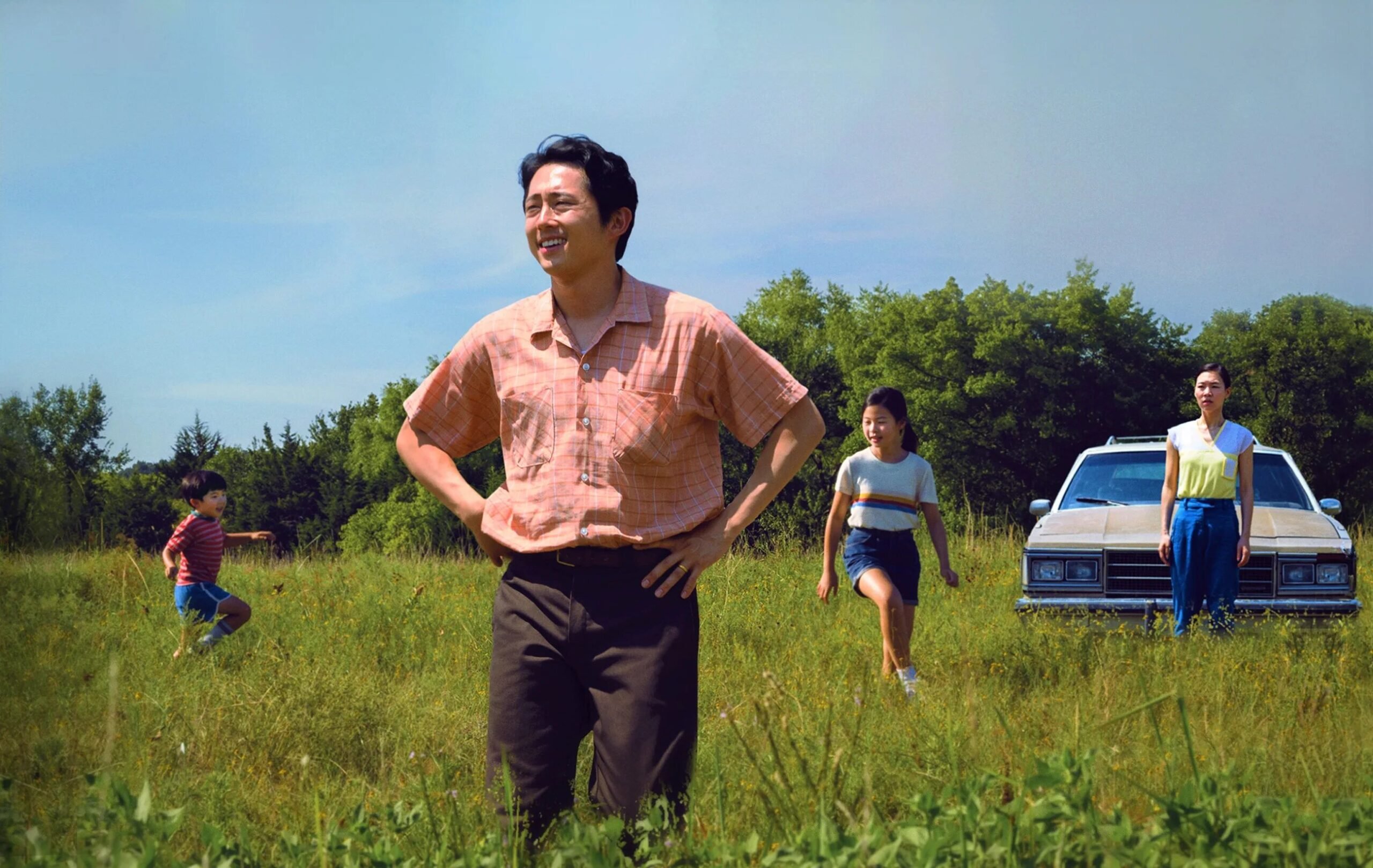
Minari is a film written and directed by Lee Isaac Chung, about a Korean-American family in search of the so-called American Dream. It is an intimate drama that is powerful yet quiet, and filled with moments of innocence. With dreamlike scoring, unique characters, and a captivating climax, this movie tugs on the heartstrings, and serves as a great reminder of the beauty of gratitude.
Thanks to these, plus winning performances across the board, Minari earned plenty of nominations at the 2021 Oscars, with Youn Yuh-jung eventually bagging the Best Supporting Actress award—a monumental first for South Korea.
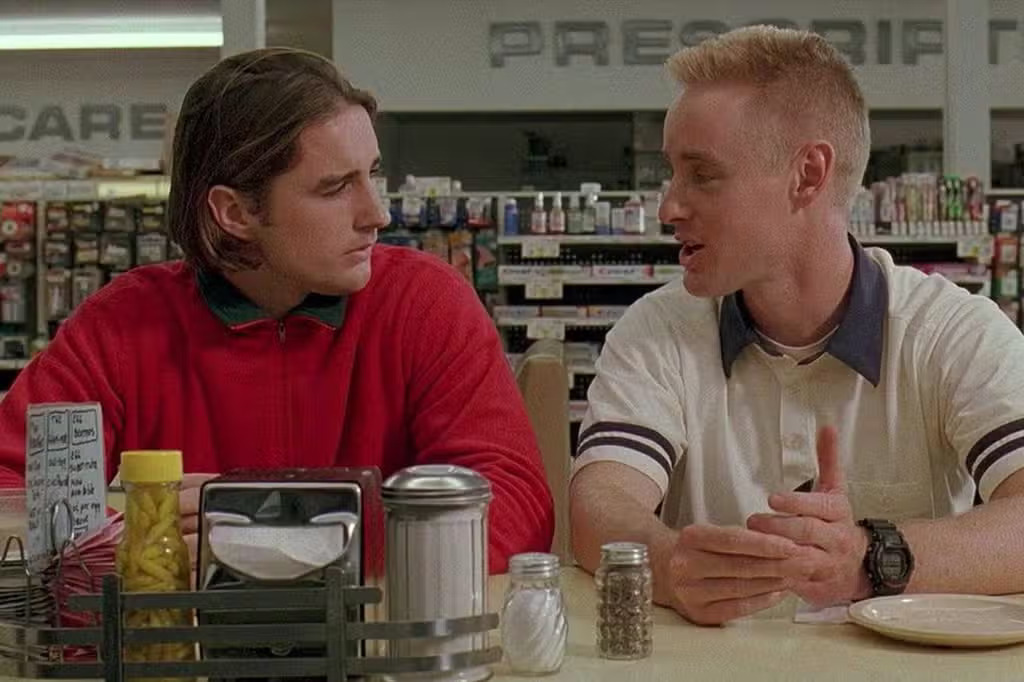
Before he developed his signature dollhouse visual style, Wes Anderson made his feature debut with this lowkey, heartwarming, and decidedly not-symmetrically-perfect comedy about a bunch of misfits. Bottle Rocket isn’t as much of an outlier in its director’s storied filmography as might initially seem, however. Written in partnership with college buddy Owen Wilson — who, along with brothers Luke and Andrew, made his acting debut here — the film is delightfully offbeat and unexpectedly moving in the way we’ve come to expect from Anderson.
Dignan (Owen Wilson) and Anthony (Luke Wilson) are two drifting, boyish twenty-somethings, although only Anthony seems aware of his directionlessness, as Dignan has graciously developed a 50-year life plan for the two of them (complete with hilariously vague bullet-points such as “Make wise investments” and “Own multiple accommodations”). The means to these ambitious ends is a life of crime — specifically, pulling off grand heists. But Dignan’s meticulousness hasn’t accounted for distractions, and his madcap scheme falls at the first hurdle when Anthony falls in love with a housekeeper at the motel they hide out in (Lumi Cavazos). Their sweet romance is one of the film’s many delights, as is its barrelling deadpan humor, which never betrays the warmth of the Wilson brothers’ heartwarming depiction of ride-or-die friendship.
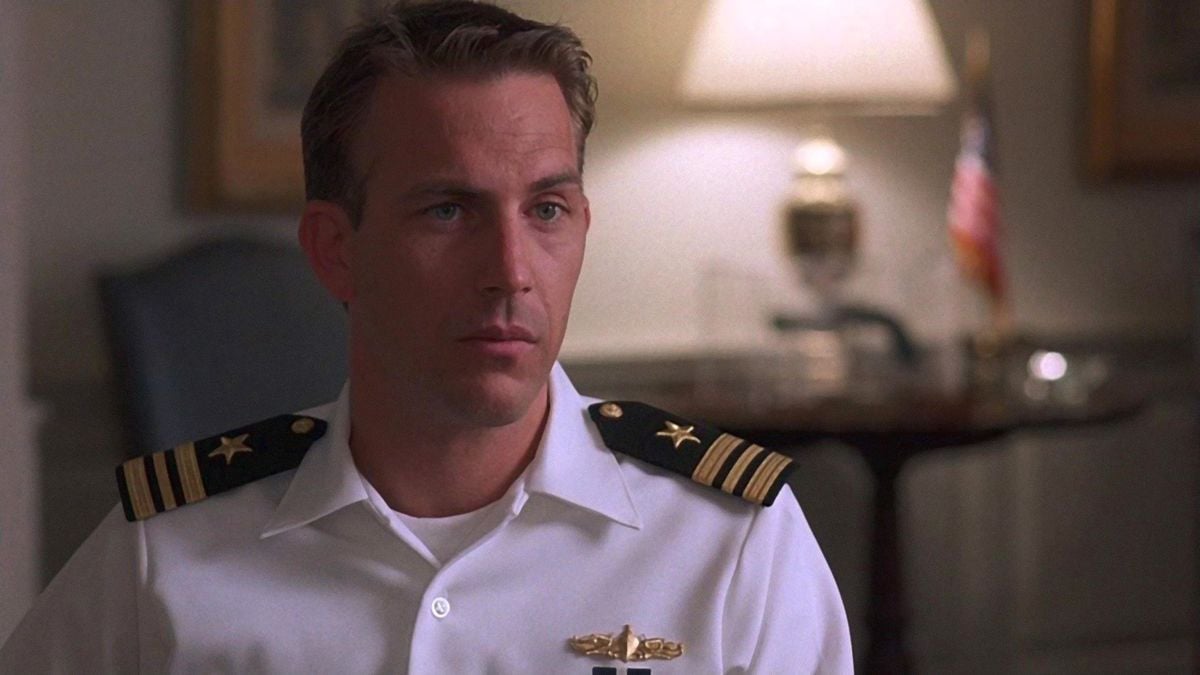
The film that catapulted Kevin Costner to fame, No Way Out, is based on a novel by Kenneth Fearing, “The Big Clock”, and is also preceded by a film adaptation of it, around 40 years prior. Director Roger Donaldson found himself in charge of a film, haunted by the Cold War and spy thriller tropes, but already aligning itself with the late 80s erotic thriller. In a way, No Way Back is a symbol of this transitional period, but by retaining the classic noir vibe (deception, fleeing, yearning), it becomes a tribute to the past. In the film’s own past, a love triangle is taking shape in a rather unconventional way: layered with all three of the aforementioned dispositions. Two men want the same women, but their relationship is further complicated by professional hierarchies and the quest to own the past they both shared with Susan.
2005 was a banner year for British period dramas, apparently: first, there was Joe Wright’s Pride & Prejudice (still arguably the genre’s crowning achievement), and then came Under the Greenwood Tree, a delightful made-for-Christmas-TV romance loosely based on the eponymous Thomas Hardy novel. Anyone familiar with the author’s typically tragedy-tinged stories — think Tess of the D’Urbervilles and Far From the Madding Crowd — will find themselves surprised by the light, pleasant tone of this one, in which the closest anyone gets to violent revenge is sabotaging a church organ by pouring a flagon of cider into it.
The romance here is threefold: when Keeley Hawes’ spinster schoolteacher Fancy Day (genuinely her name) arrives in an English village, she ignites a rivalry between wealthy farmer Shiner (Steve Pemberton), haughty clergyman Parson Maybold (Ben Miles), and James Murray’s die-hard romantic Dick Dewy (again: the names in this are a choice). The trio’s simultaneous attempted courting of Fancy doubles as both the entertaining will-she-won’t-she stuff of romantic dramas and a conduit through which the movie explores the class dynamics in England during the 19th century. It’s this deft intertwining of satisfying romantic period drama tropes with genuine reflection on the historical period itself — all while remaining lighthearted — that makes this underseen adaptation worth watching.

Michael Jackson’s death triggers the sudden unraveling of a young imam’s buttoned-up life in this idiosyncratic Egyptian character study. The news of the singer’s passing sets Khaled (Ahmed El-Fishawy) straining against reawakened memories of his youth as a mullet-sporting MJ fanatic, before his joyful creative spark was stamped out by two disparate forces: a mocking, macho dad who punished Khaled for his vulnerability and the conservative uncle who took him under his wing.
Sheikh Jackson mostly takes place across two intertwining timelines: Khaled’s free-spirited adolescence and his adulthood, which has so far been defined by a self-flagellating, fire-and-brimstone brand of Islam. These two strands form a neat illustration of the binary options Khaled was led to believe he had to choose from — but, as the movie’s title hints, he might not have to choose at all, a revelation that doesn’t come easy because it flies in the face of everything he’s been taught. Free from the judgemental impulses of Western cinema when it comes to characters like Khaled, Sheikh Jackson is both an introspective portrait of the universal struggle of defining one’s own identity and a refreshingly nuanced look at how that experience might play out in the modern Arab world.

Like many coming-of-age films about films, it’s easy to assume that Last Film Show would be a derivative of all-time film classic Cinema Paradiso. Both films from opposite corners of the world, separated by more than three decades, do share that awe of cinema from a projection booth. However, unlike Paradiso, the awe of Last Film Show is also tempered by the rural poverty its young protagonist faces. Samay learns projection from a film booth, and learns community is formed through the screen, but he also learns it through snatching the few reels that passes through their village, manually experimenting with scrap material, and recreating the same light and shadows through its fundamentals. These scenes are precocious because of the children, but it makes for a more interesting take, because Samay’s journey proves that cinema truly is worth saving, even without the money. It’s undeniably awe-inducing with Pan Nalin’s stunning shots and semi-autobiographical story.
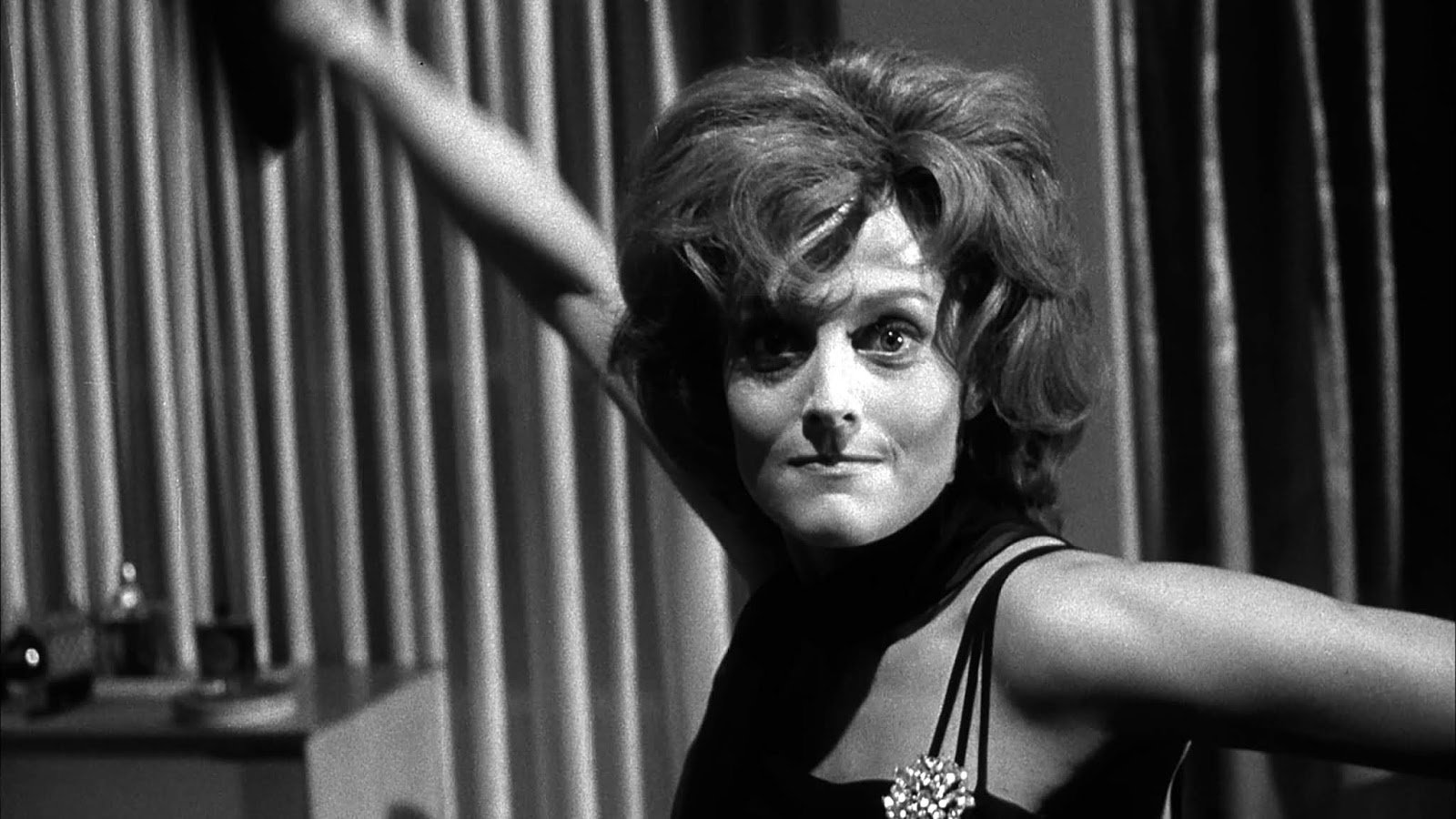
Despite the title and the premise, The Naked Kiss is actually less raunchy than it sounds. Sure, it does have themes that seem more explicit than what’s expected from older classic films, but writer-director Samuel Fuller considers these themes with the weight it deserves, directly challenging the way the men of the town would scorn Kelly’s wares at the same time they’re taking a taste, and at the same time they’re willing to look away from the unpleasant truths lurking in the suburbs because of money. With memorable shots and a surprising song number halfway, The Naked Kiss plays with expectations for an earnest belief in change.

Before the Devil Knows You’re Dead is Sidney Lumet’s last film, and in many ways, it distills what the director explored in his prolific body of work: What is justice? And does everyone deserve it? Shot digitally at a time when the concept was still quite new, Before the Devil moves fast and takes us uncomfortably close to the lives of three desperate men: cash-strapped Hank (Hawke), corrupt Andy (Seymour-Hoffman), and vengeful Charles (Finney). The same tragic events unfold through their perspectives, but in any case, we get to see what drives them to do such horrid things. Are we suppose to sympathize with them? It’s a question that will nag you long after the credits roll.
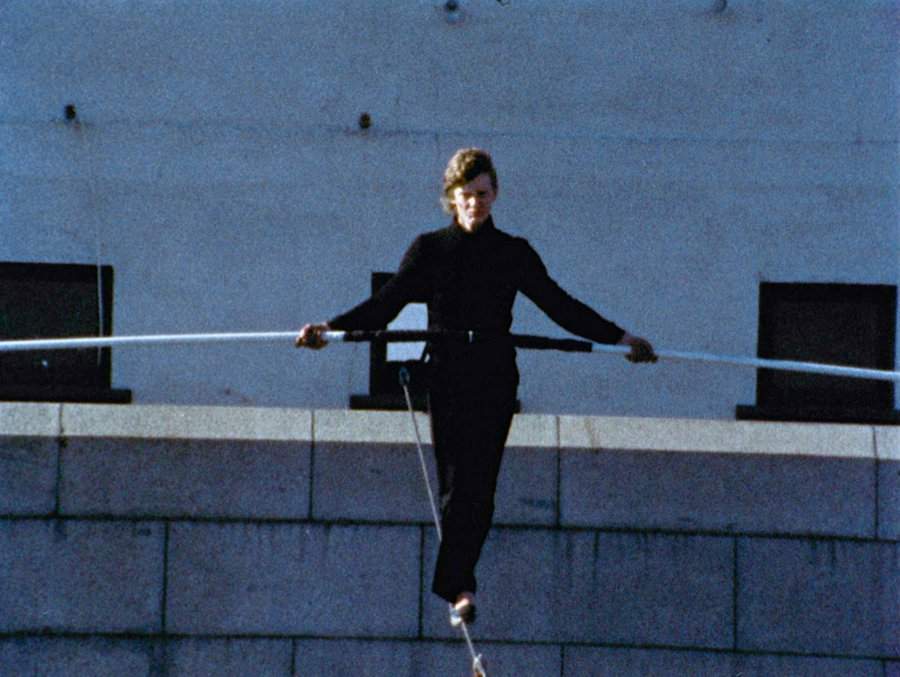
Man on Wire is a true technical masterpiece. You can almost feel the director telling the cameraman what angle to choose, or thinking about the questions that will generate the most resounding answers. However, this does not diminish the story this documentary tells one bit. It’s one that is glorious, riveting, and fun. It’s one where you feel like an insider to a world lived on and below wires, with high-stake risks. Hopefully the edge of your seat is comfortable, because this is where the movie will keep you till the very end.
The Guard played by Brendan Gleeson is a new character in cinema that appeals to the funny bone inside all of us. A character like this can make any movie lovable. It also features Don Cheadle playing an FBI agent who is in town to solve a crime under Gleeson’s jurisdiction. An overall great movie with great writing. Please note, for those who have a hard time understanding different accents, subtitles are advised.
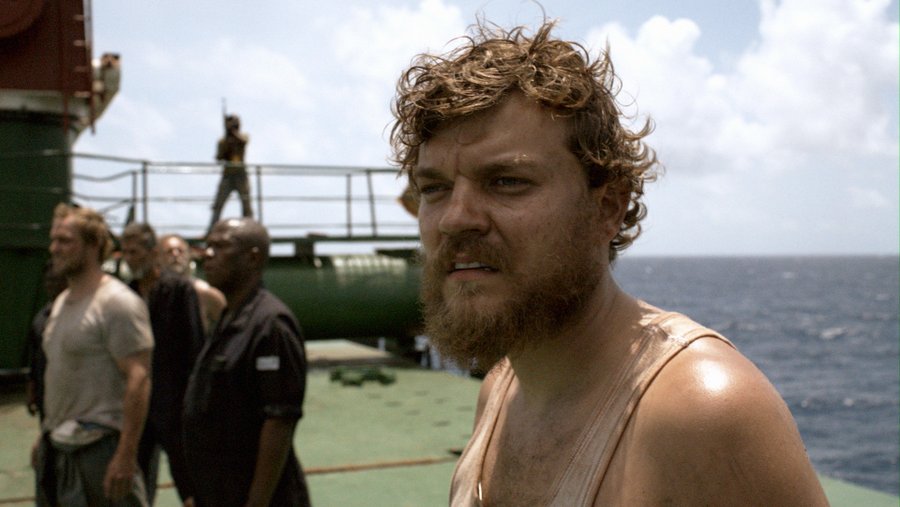
A Danish cargo ship is hijacked by Somali pirates in the Indian Ocean. The pirates demand millions of dollars in ransom and from there on, a psychological drama between the pirates and the ship owner develops, as they negotiate the price for the ship and its crew. A really great thing about this film is the fact that it doesn’t get tangled up in the weepy feelings of the families back home – but instead focuses on the shrinking hope of the ship’s crew and the psychological consequences of the brutal negotiation, that drives the ship owner to the edge of madness. Inspired by a true story. Brilliantly acted.
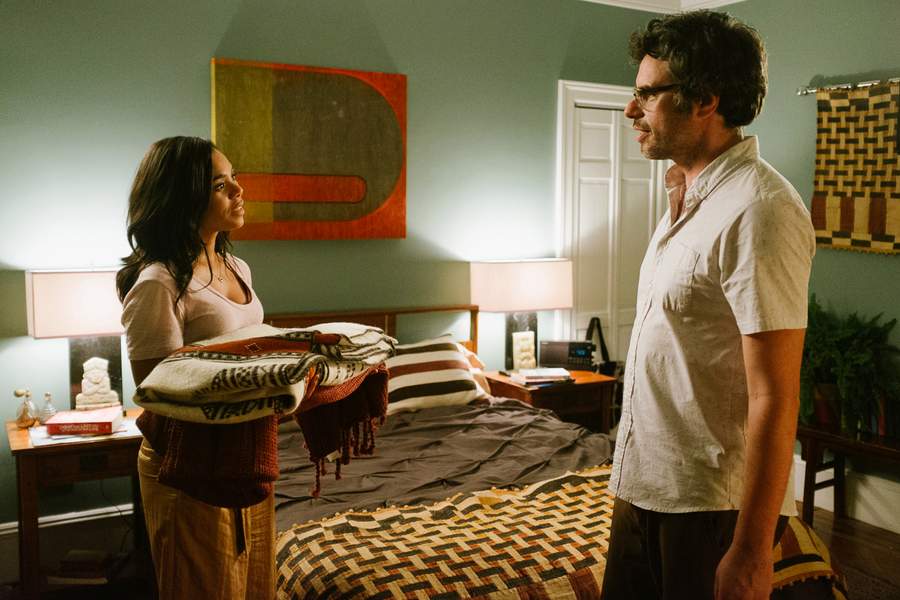
«When comedians get a bit older they do a movie with “emotions” in it. Here’s mine.» Flight of the Conchords’ Jemaine Clement on Twitter. People Places Things is exactly that, a funny yet heartfelt comedy. Will Henry, A New York City graphic novelist walks in on his girlfriend cheating on him at their kids’ birthday party. A year later, Will is struggling to define his new life as a single parent while still getting over his breakup. Smart, honest, and led by Jemaine Clement, this film will strike you in its simplicity but will hold you with its charm.
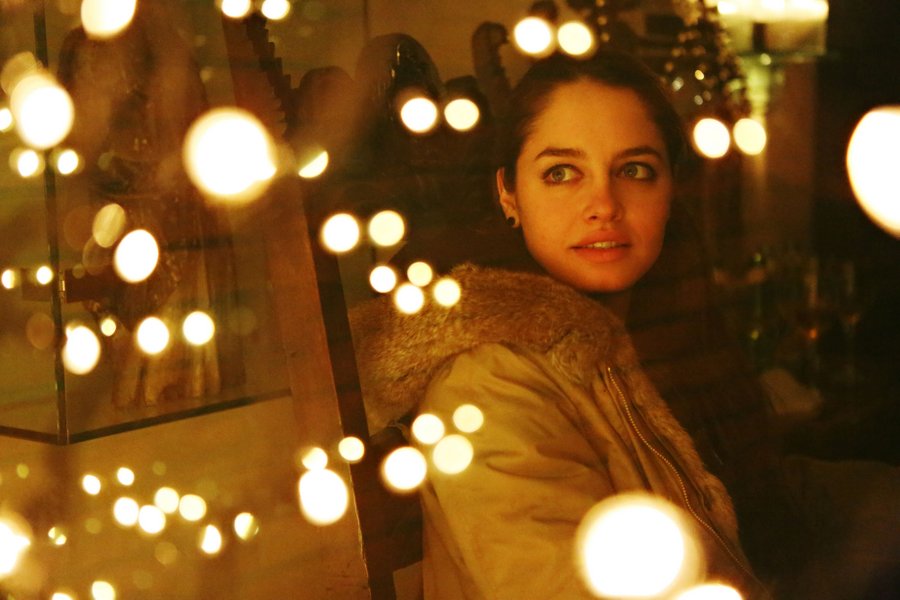
Human Capital is a rich and absorbing tale of two families tied together by love, money and a hit-and-run accident. One family is wealthy, the other struggling to get by in the days after the 2008 economic meltdown. Human Capital dexterously contrasts the social calculations the characters make about who can afford to step outside the lines of law and morality. The story is told from different perspectives, a device that serves to give the tale and the characters greater depth. In Italian with English subtitles.
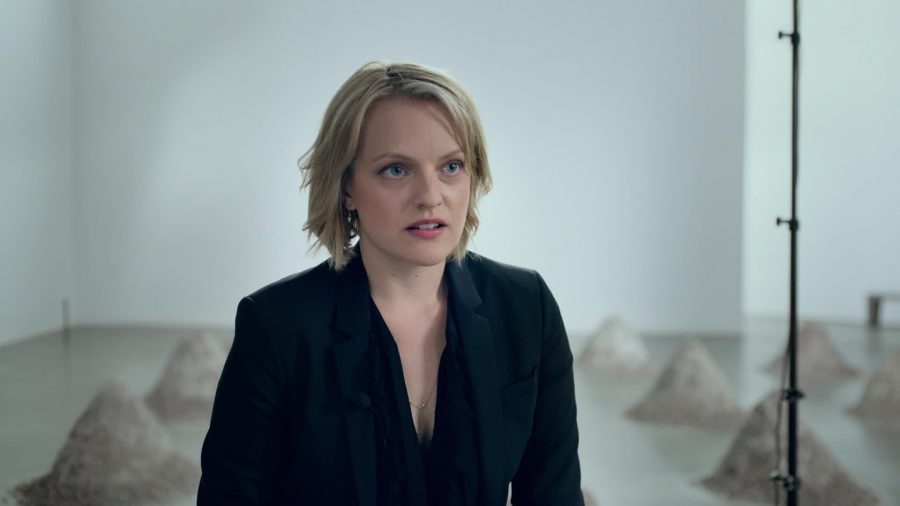
The Square is a peculiar movie about a respected contemporary art museum curator as he goes through a few very specific events. He loses his wallet, his children fight, the art he oversees is does not make sense to an interviewer… Each one of these events would usually require a precise response but all they do is bring out his insecurities and his illusions about life. These reactions lead him to very unusual situations. A thought-provoking and incredibly intelligent film that’s just a treat to watch. If you liked Force Majeure by the same director, The Square is even better!
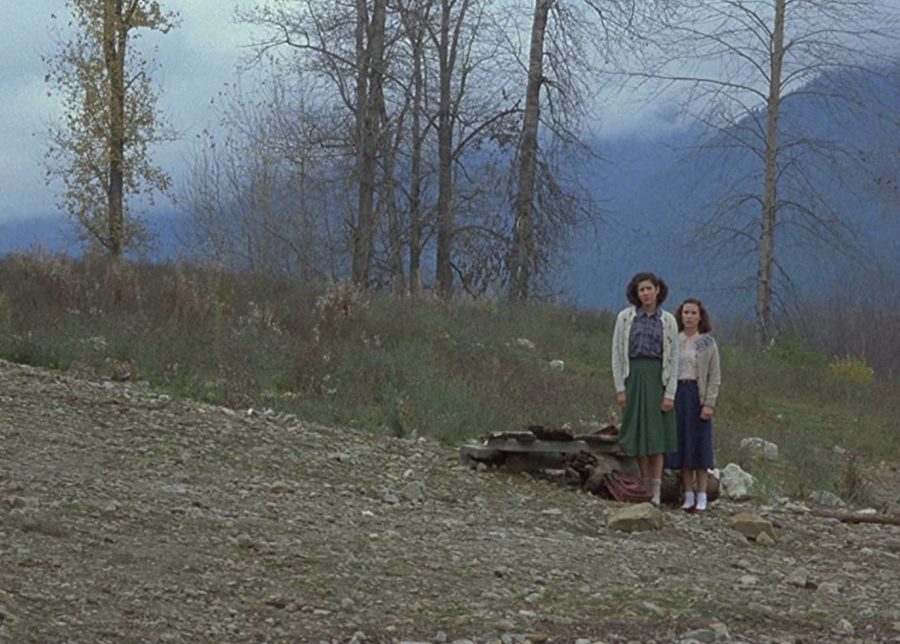
Bill Forsyth, an acclaimed Scottish director best known for his films Local Hero and Gregory’s Girl, directs an underrated masterpiece with the 1987 drama Housekeeping. Adapted from Marilynne Robinson’s outstanding novel, Housekeeping is the story of two sisters, Ruthie and Lucille, who are orphaned and raised by their peculiar Aunt Sylvie.
As the young sisters grow apart, Ruthie gravitates toward her transient aunt. This is a movie about not quite fitting in—about feeling like your life exists just outside of modern time, somewhere off to the side of railroad tracks running over frozen water. Sylvie shows Ruthie that there is more to life than their small, cold town of Fingerbone. In fact, there is a whole world out there, calling to misfits like them.
Housekeeping is deftly directed, balancing both humor and tragedy. Christine Lahti’s performance is also, with no exaggeration, one of the greatest of all times, as she conveys so much of Sylvie’s yearning to go, go, go with as little as a glance toward the beckoning horizon.

Tilda Swinton stars in this gorgeous Italian production by Luca Guadagnino, part of the director’s “Desire Trilogy”, together with Call Me By Your Name and A Bigger Splash.
Swinton learned to speak Italian and some Russian for the movie, where she plays – to absolute perfection – the wife of a Milan textile mogul who starts having an affair with a cook.
It’s an elegant family drama that’s definitely more concerned with aesthetics than substance, but the setting in snowy Northern Italy and lush 35mm film make that very easy to look past.
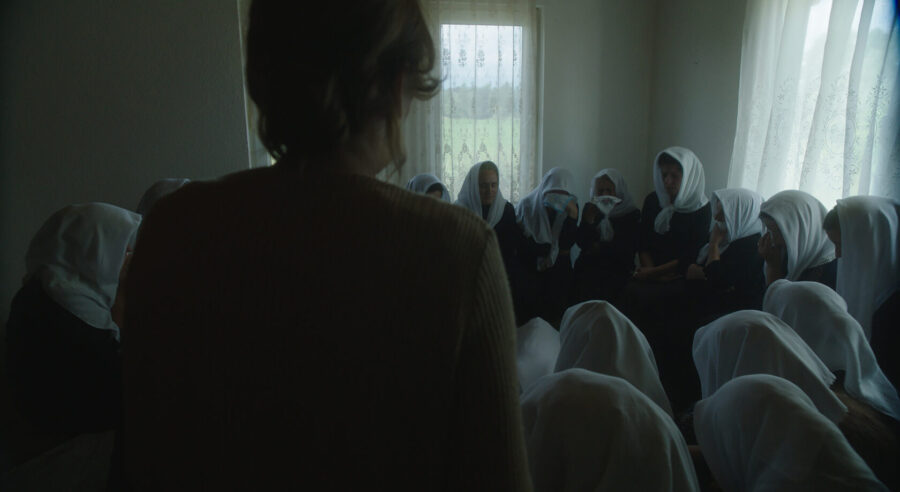
Antoneta Kastrati’s debut feature film Zana follows Lume, who appears guarded and subdued as she goes about her daily routine: milking the cows, harvesting crops and flowers, hanging laundry out to dry. Part of Lume’s routine also includes visits to the doctor, accompanied by her mother-in-law and husband, who pressure her to conceive.
When conventional medical advice does not yield a viable pregnancy, Lume is brought to a witch doctor, and later a televangelist. The former suggests Lume may be cursed, while the latter insists she is possessed by a supernatural creature called a jinn. Lume appears largely apathetic, at least outwardly. But slowly, she starts to unravel—and with her undoing comes the reveal of the war that traumatized her.
Kastrati’s family drama has elements of horror, but the real terror here is psychological. It makes for an important exploration of a deeply patriarchal society that is only beginning to heal the collective traumas of a complicated war, and how its violence continues to ripple through time and into domestic life.
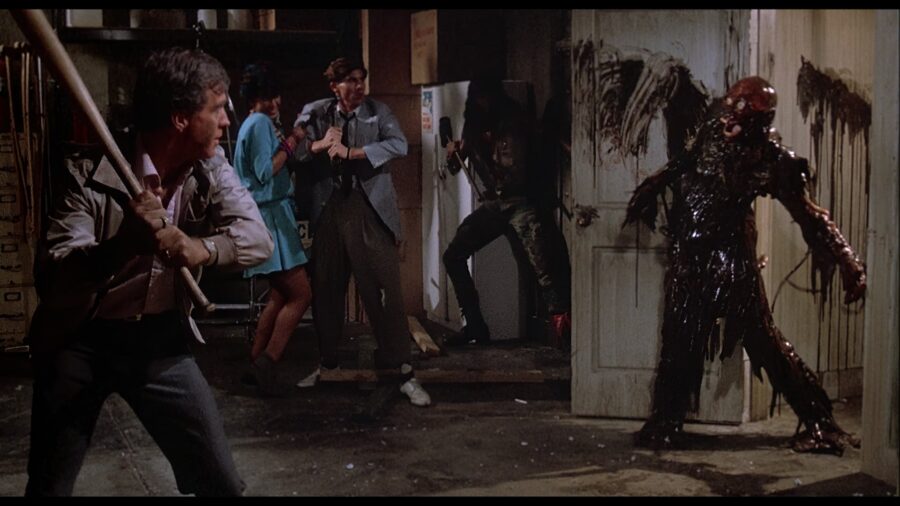
Perfect for Halloween marathons with friends, The Return of the Living Dead treads the now well-worn template of zombie apocalypse movies with outstanding practical effects and a refreshingly unserious attitude. What the film might lack in terms of character writing or deeper themes, it more than makes up for with a relentless forward momentum. There isn’t any grand mission to be accomplished when these morticians collide with a group of young punks, other than understanding what drives the undead creatures outside in order to survive the night. As a result, this is a movie that lives firmly in the moment, with thrills aplenty and its greatest moments found in the freaked-out reactions of its ensemble cast. The late James Karen, with his hilariously exaggerated hollering and whimpering, only nearly steals the show from the film’s wonderful animatronics and disgusting prosthetic makeup. It’s a great zombie movie for the reluctant horror newbie.
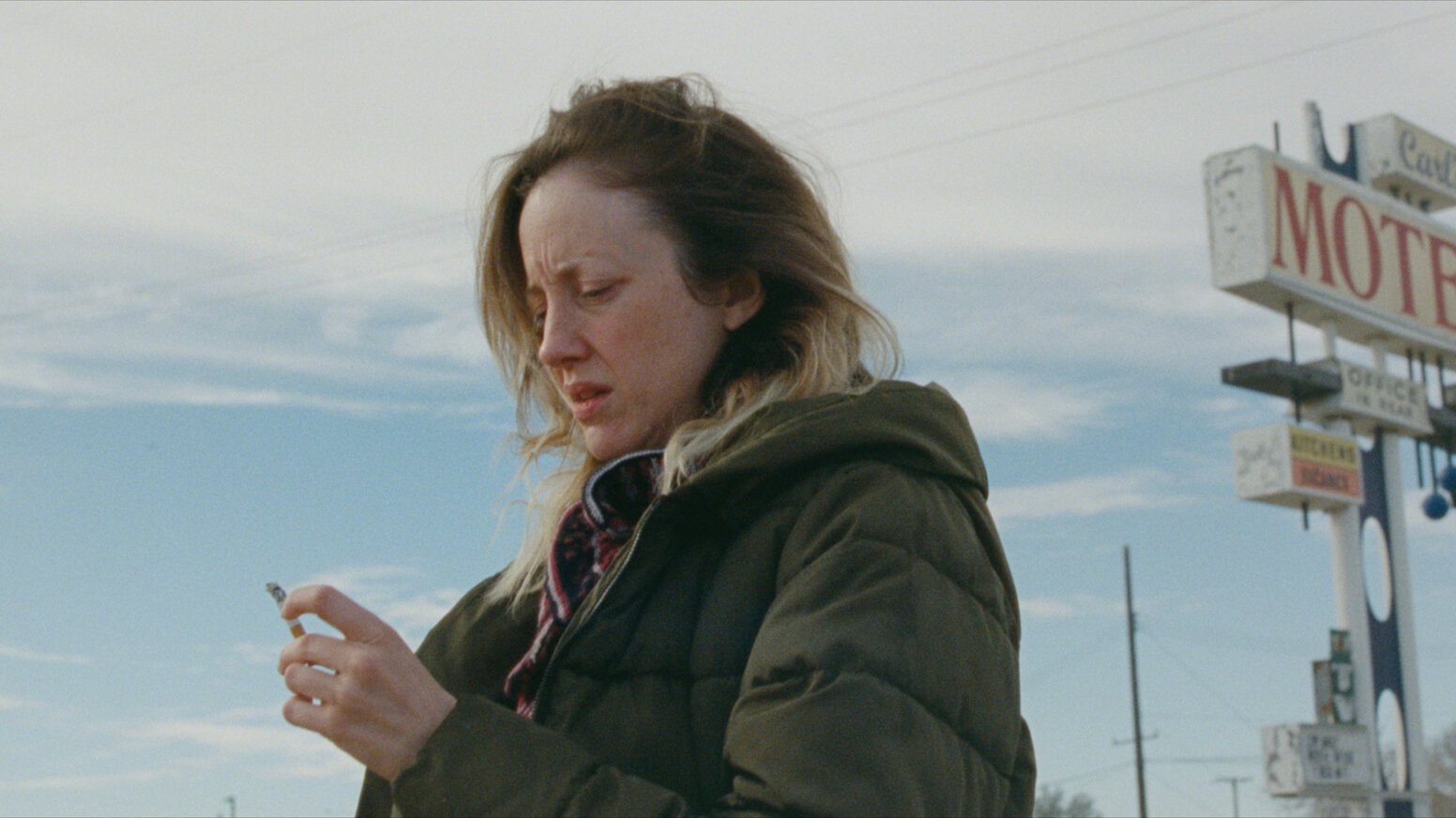
To Leslie follows the eponymous Leslie (Andrea Riseborough), a Southern woman who finds herself at the bottom of the barrel after finally using up every penny of her $190k lottery win. Out of work, friends, and family, she drowns herself in alcohol—that is until a kind soul in the form of motel owner Sweeney (Marc Maron) takes her in and gives her a shot.
To Leslie starts off a bit slow, and its premise may seem like it’ll give way to weepiness, but it’s worth sticking by till the end. The film only gets better, especially with the arrival of Maron, whose presence lends the film a much-needed buoyancy. It’s also worth noting that unlike many of its kind, To Leslie avoids the poverty porn trap by depicting issues like addiction and indigence with nuance, honesty, and humanity.
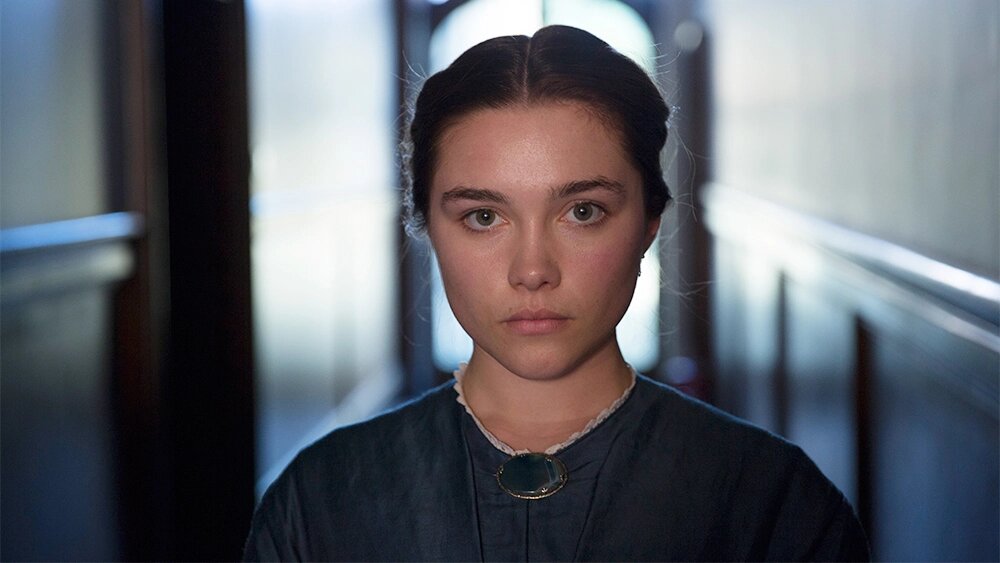
Florence Pugh broke through with her powerhouse performance here as Katherine, a young woman who is “sold” into a coldly transactional marriage with a cruel and impotent merchant in 1800s Northern England. Lady Macbeth seems to begin as one thing — a gloomy period tale of oppression and feminist rebellion — but, on the strength of Pugh’s performance, pivots into an even bleaker subversion of that initial impression, the kind we haven’t really seen before.
When her disinterested husband takes a long leave of absence to tend to some business affairs, Katherine does more than just defy his command that she stay indoors: she begins an unabashed affair with one of her husband’s gruff groomsmen (Cosmo Jarvis), who ignites in her an obsessive passion that brings out her dark side. She’ll stop at nothing to remove any obstacles in the couple’s way — but, while her initial targets are arguably quite deserving of their fate, her scheme soon implicates the innocent. The creeping revelation that all the cruelty Katherine has been subjected to has brutalized her in turn comes as a shock, but this dramatic overturning of our expectations is made chillingly real by Pugh’s fierce, unfaltering performance.
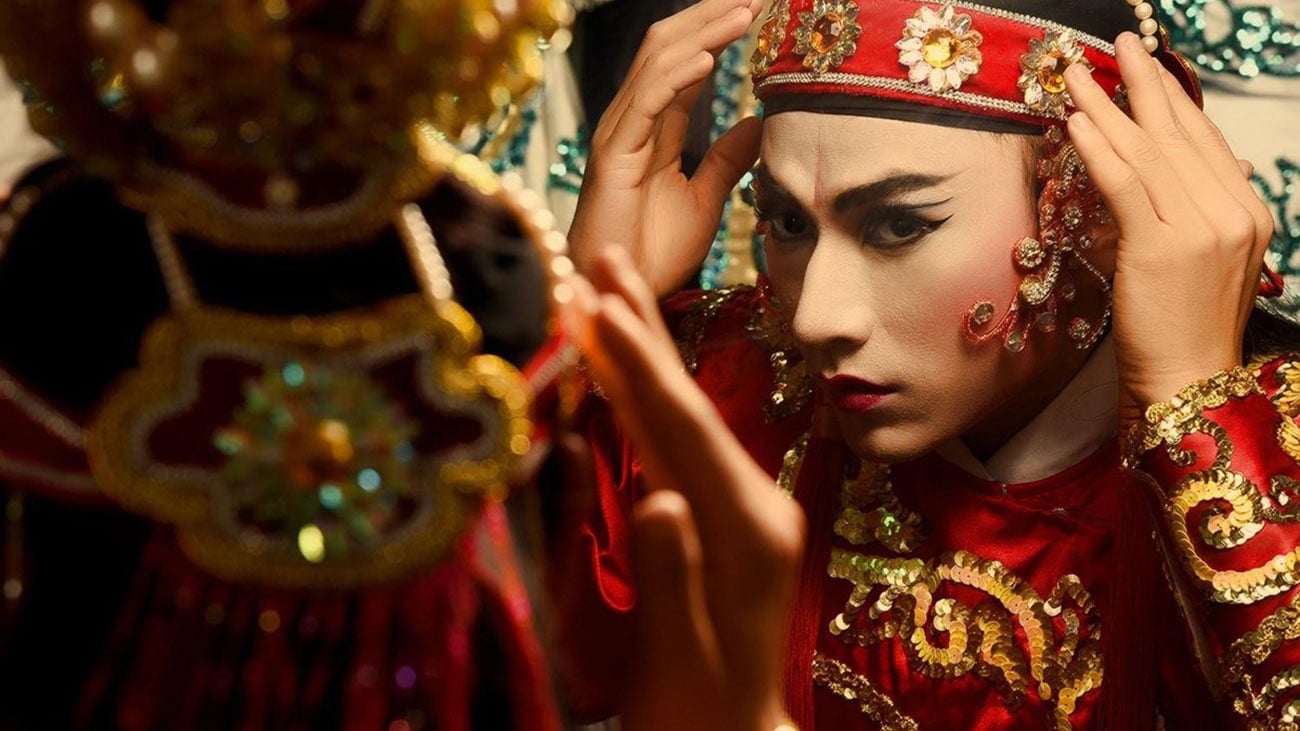
At the first few moments, Song Lang seemed to be something akin to Farewell My Concubine– the film takes a snapshot of a communist Asian country in a different time, through the lens of a regional opera form with painted faces, elaborate costumes, and captivating tunes. But there’s more to Song Lang than this. Tragedy isn’t prophesized through songs of an already existing opera (in fact, the film features all new tunes), but instead, it occurs because Dung, the loan shark, didn’t reflect on the past early enough for him to reclaim the art form his family once loved, a concern shared with cải lương as a declining genre. Song Lang is a moving drama, but it’s also a nostalgic time capsule of 1980s Saigon and cải lương as a whole.
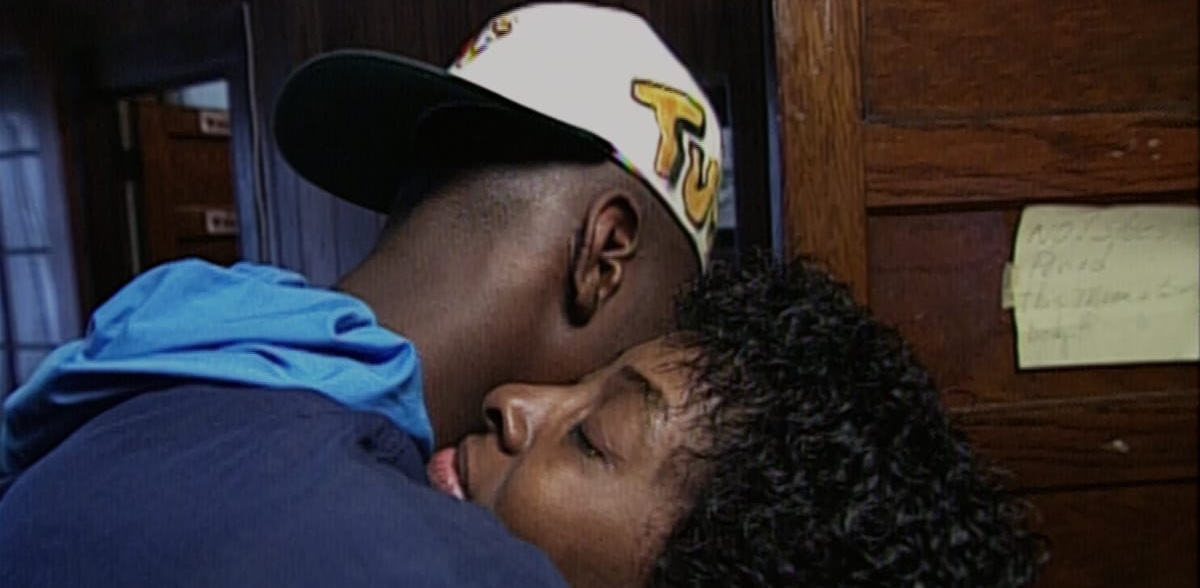
Don’t be fooled—despite being a three-hour documentary, Hoop Dreams is just as thrilling, heartbreaking, and cinematic as any sports film out there. Unlike them, however, Hoop Dreams is less of an uplifting feel-good story than it is an honest and sobering look at how the education system has failed Black communities. It’s not a complete downer, though, since we follow two hardworking and inspiring boys committed to lifting their families from poverty. While more privileged players can afford to treat basketball as a hobby, to Arthur and William, basketball is a lifeline, a rare chance to enjoy better opportunities and give their families a better life. Imagine carrying that on your shoulders while training, studying, looking for colleges, and surviving teenhood. It’s a lot, but director Steve James weaves it all beautifully. James divides the chapter into freshman, sophomore, junior, and senior years, following Arthur and William as they start on the same footing, diverge and live parallel lives (one in private school, the other in public), and eventually meet again during their final years in school. Their journeys are riveting, not least because we also get to know their families, friends, hopes, and dreams. This is riveting cinema, as socially conscious as it is competitively thrilling.

From Ground Zero doesn’t have the most number of shorts within an anthology film, though it comes pretty close with 22 segments, ranging from 3-6 minutes from different directors in Gaza. That’s a lot of shorts, with not a lot of time for each story. Most anthologies tend to be a set of three, but given the media suppression, the more, the better it gets at capturing life in the area. Every short balances the other in tone, style, and in approach. It’s harder to deny the truth it portrays, not with this many shorts, and this many eyes, on the ground.

An award-winning American independent Fantasy, Ink has become a sleeper hit worldwide. The film portrays a struggle between the forces of good and evil over the soul of a man and a little girl caught in between. The film’s deliriously realized dream sequences make clear that no matter what life throws at you, in the end the path you take is yours to choose, leaving the viewer with the simple message that, yes, there is hope.
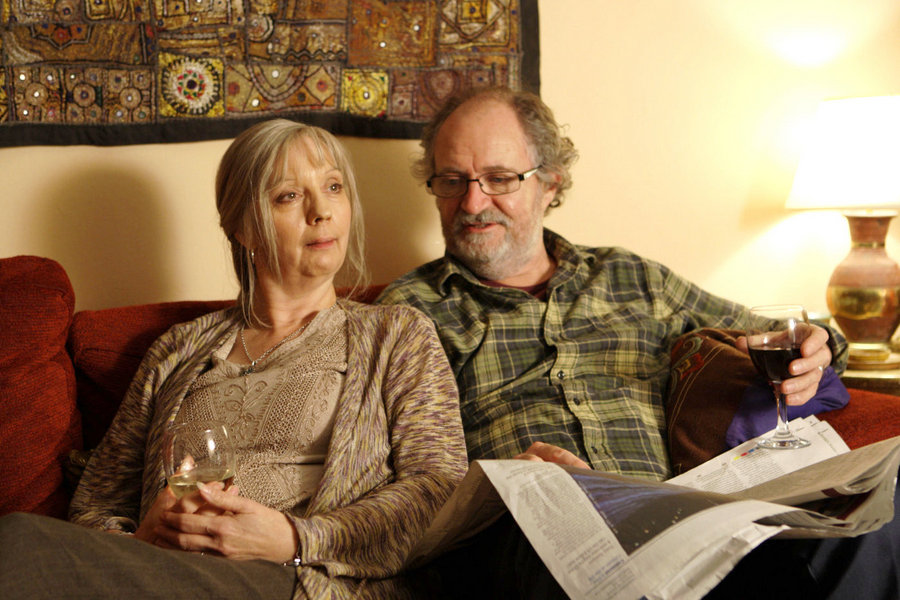
This is a very nice movie about a lovely older couple named Tom and Gerri. It follows their lives for an entire year, as they work at their jobs, invite friends over for dinner, and work in their garden. They live modest but fulfilling lives, and they seem mostly happy and very much in love, a rarity in the movies. This probably sounds horribly boring to most people, but since Mike Leigh is the director, the film is instead a touching and realistic portrayal of love and how people spend their time together. We should all be so lucky as to live a life as charmed as the central couple in this film.
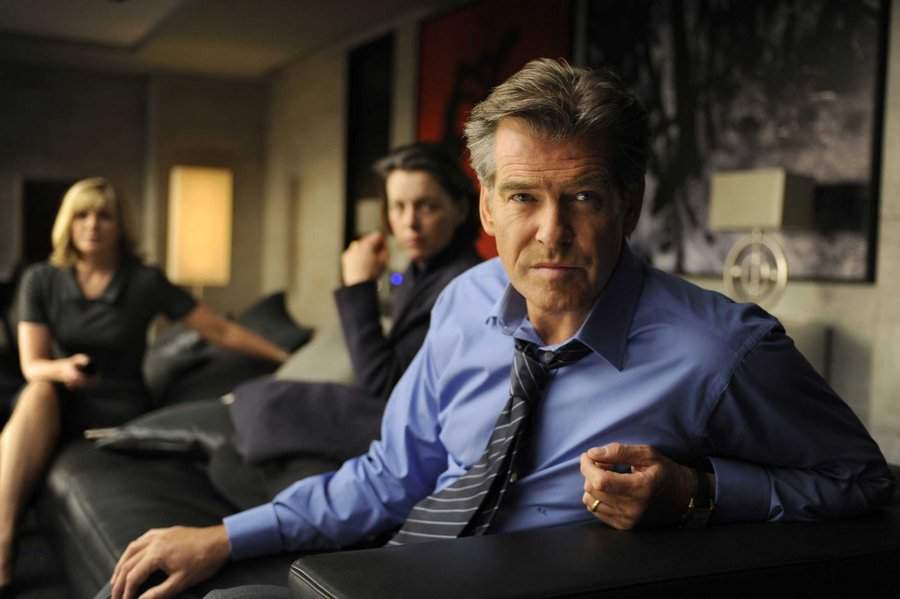
Craving mystery? This is the film for you. A writer (Ewan McGregor) is given the lucrative task of bringing to life the memoirs of Adam Lang, the former British Prime Minister. Lang, now retired in an island in America, was once one of the world’s most influential politicians. When a scandal erupts about him, which reveals details about his approach to the relationship between America and Britain, the ghost writer finds himself in the possession of highly sensitive material and dealing with many interested parties.
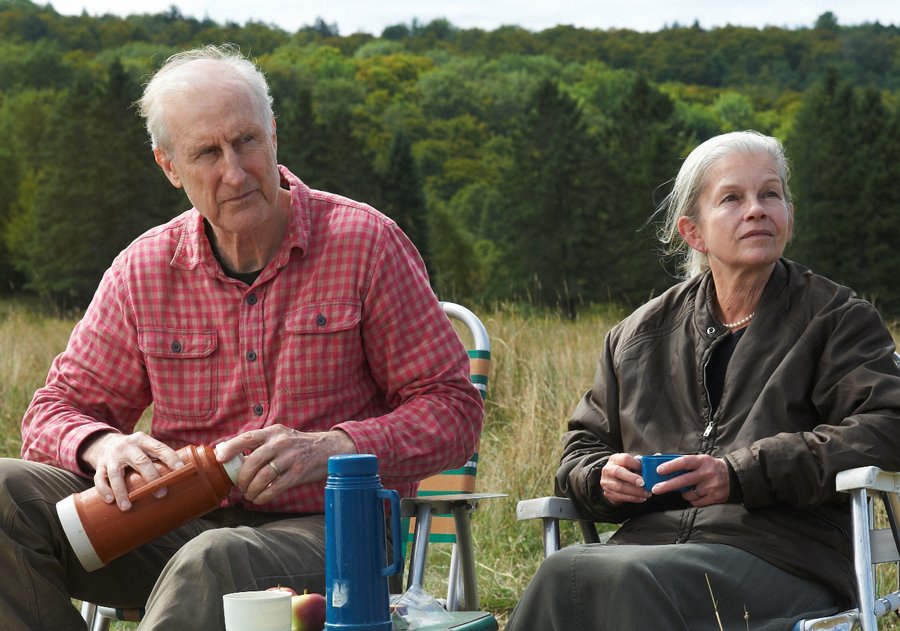
A slice-of-life true-story-based film on growing old and in love. When on his own land, Craig Morrison (played by James Cromwell) starts building a more convenient house for his ailing wife Irene (Geneviève Bujold), he is faced with crippling bureaucracy. The state gives him the choice between stopping the construction or going to jail, while he is witnessing his wife’s health deteriorating even further. The act of going against the system brings out both how beautiful his relationship with his wife is, as well as his own resilience in this moving, insightful drama.
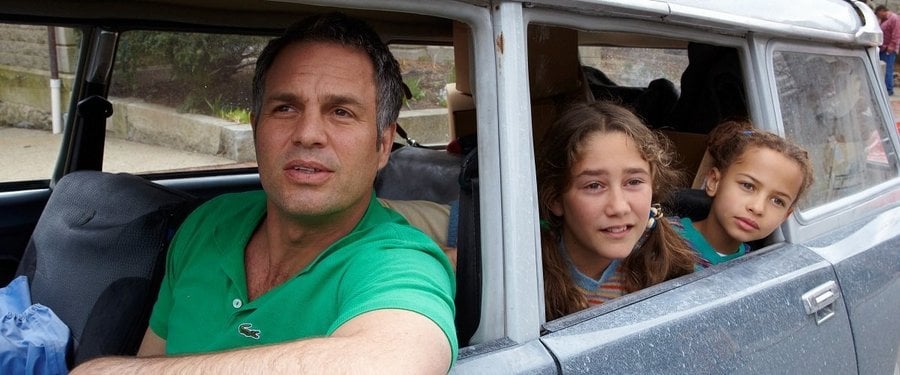
A calm and cute story about a manic-depressive father in late 70’s Boston taking care of his two daughters. Starring familiar-face Mark Ruffalo in the lead. The film is inspired by its director’s own experience as one of the two daughters, which added to the amazing performances, makes for a movie made and filled with love. But as it manages to keep a smile on your face most of the time, it also doesn’t shy away from hard and moving sequences. A Sundance movie filled with heart.
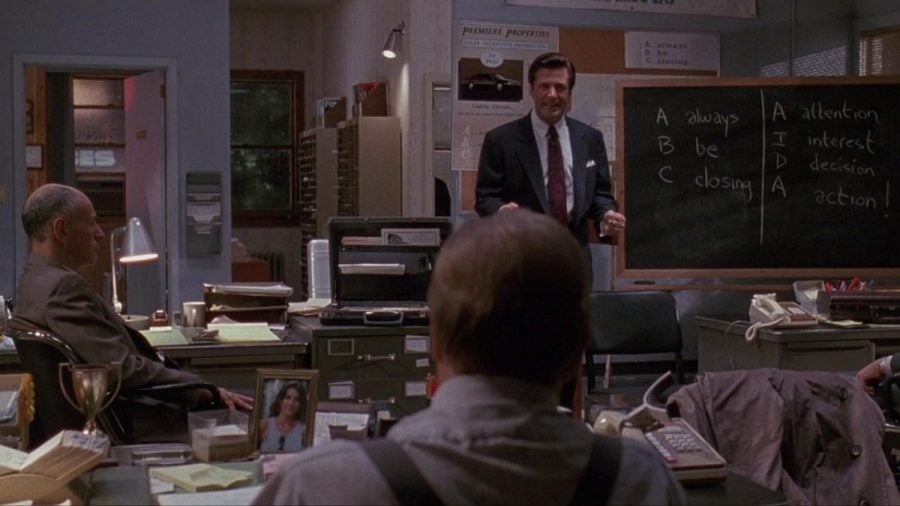
Al Pacino and Alec Baldwin are part of the ensemble cast that is one of two things that make this movie so great. The second is dialogue, profane, harsh, yet hilarious dialogue. A motivational agent (Baldwin) is sent to a real estate agency with the goal of improving sales. His approach is simple: everyone but the top two salesmen will be fired within one week. All of them are provided with prospective clients, most of which have no interest in buying real estate.The amazing script is adapted from a Pulitzer Prize and Tony award winning play by David Mamet. If you’ve never seen it, drop everything and go watch it, and if you’ve already seen it, you should go watch it again.
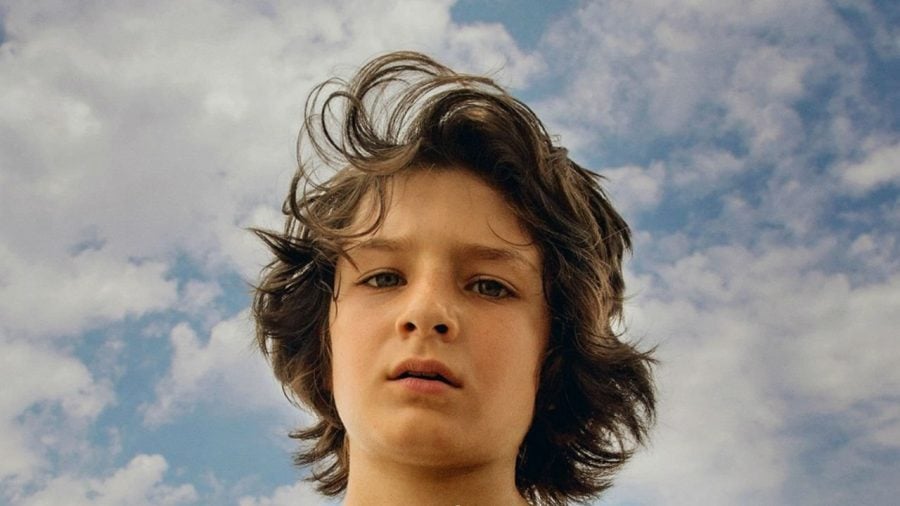
It wouldn’t be too far of a reach to evoke Kids (1995) while diving into Mid90s. But instead of taking on the HIV crisis, Mid90s is a much more tender, poignant reflection on coming of age in 90’s skate culture. Jonah Hill, writer and director, examines the complexities of trying to fit in and the difficult choices one has to embrace individualism. From an opening of physical abuse to scenes of drug usage and traumatic experiences, Mid90s is a meditation not only on culture, but also a subtle examination of what it means to be human, to reach emotional and physical limitations, and to seek acceptance. Filmed in a 4:3 aspect ratio, Mid90s doesn’t concern itself with grandiose filmography, but instead the aspect ratio almost reflects the tonal and metaphorical aspects played out on screen. With a smaller dynamic range of color and the familiar dust/scratches, the 16mm film compliments gritty and emotional moments of Mid90s. The emotional range of the film will take the audience from the depths of empathy to laughing out loud, but there is no compromise to the weight of each moment. Jonah Hill’s directorial debut is beautiful in every sense of the word.
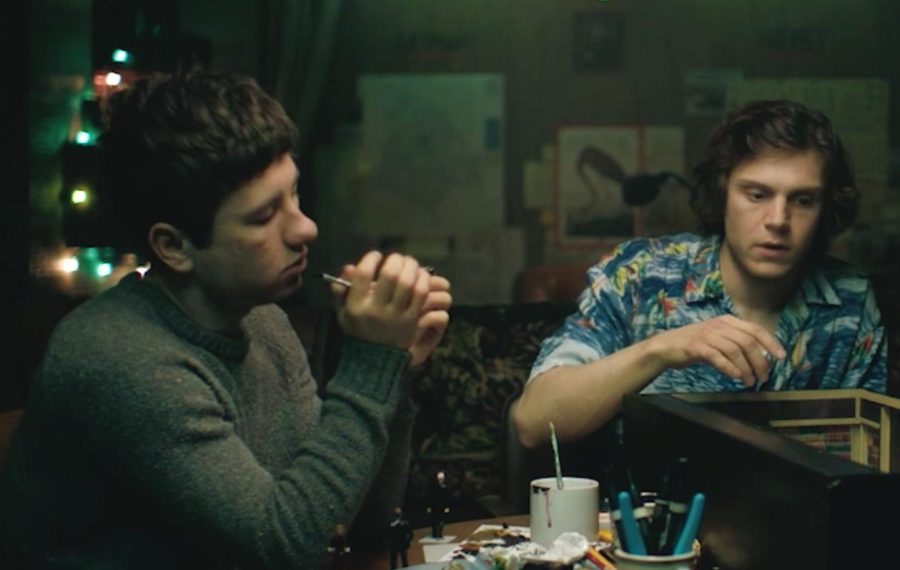
This crazy heist movie is told in a very original way. Because it’s based on a true story, the movie (with actors and a story) is sometimes interrupted by the people it’s about. The opening scene even reads: “this movie is not based on a true story, it is a true story”. Two friends decide to rob their local library from rare books worth millions. They’re driven by money but also by wanting something different than their monotonous everyday lives in Kentucky. The need for a change is a big theme in this movie, but the story and the way it’s told never cease to be breathtakingly thrilling. American Animals stars amazing actors like Barry Keoghan (Dunkirk), Evan Peters (Kick-Ass), and many more; but perhaps equally as notable is the director: Bart Layton, who is fresh from his amazing 2012 sleeper-hit The Imposter.
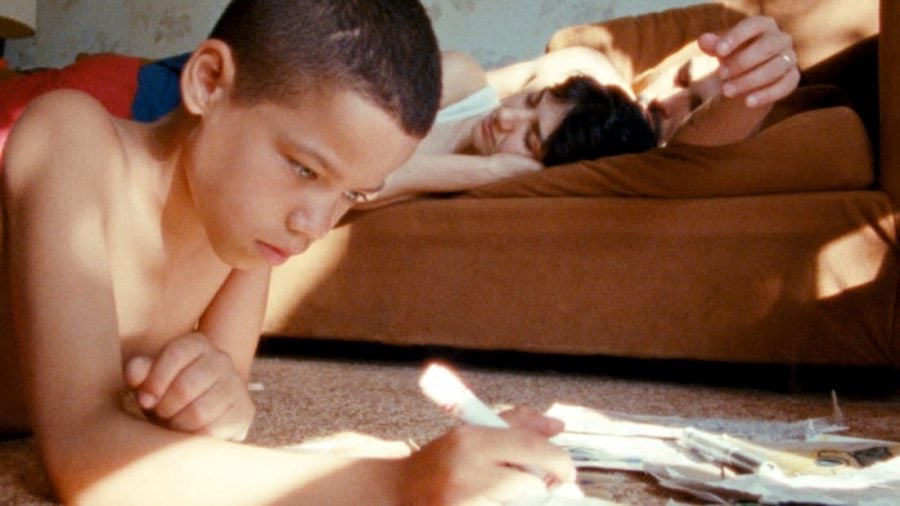
Three half-Puerto-Rican, half-white boys grow up in suburban New York in this personal movie shot on stunning 16mm film.
This movie follows the boys, often literally with the camera behind their backs, as their parents’ relationship goes through turmoil. The kids are often left unattended and have to fend for themselves. The beauty of We the Animals is illustrating how they grow-up swinging between the angry character of their father and the protective nature of their mother.
This is one of the best movies I’ve seen in a long time, and I think I loved it so much because I was able to relate and feel for the main character (one of the boys). I really hope you will too.
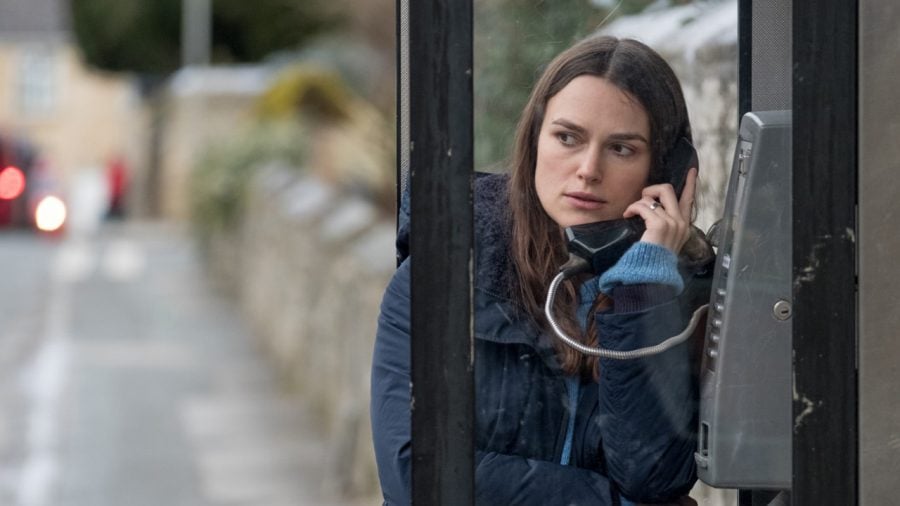
Keira Knightley stars in this incredible true story of an Iraq War whistleblower who remains relatively little-known in the U.S. Katharine Gun was working for the communications office for the British government when she received a memo in the months leading to the war that showed that the U.S. requested illegal wiretapping assistance from the U.K. on U.N. diplomats. In a heroic act, she chooses to share this memo, hoping that it would stop her government (then led by Tony Blair) from going to war. Spoiler alert: didn’t happen, but this decision, which first seemed like a personal sacrifice, has severe implications on her family as the government finds out that she was behind the leak. A compelling political mystery of a case that deserves much more attention than it once got.
A sweet feel-good movie starring Nick Offerman as a dad who has to deal with his only daughter leaving for college and his record store struggling. The daughter is played by Kiersey Clemons who you might recognize from the show Easy. And Ted Danson has a great role too. This is a relatable and heartwarming movie, one of the best the so-called “indie” genre has known in a long time.
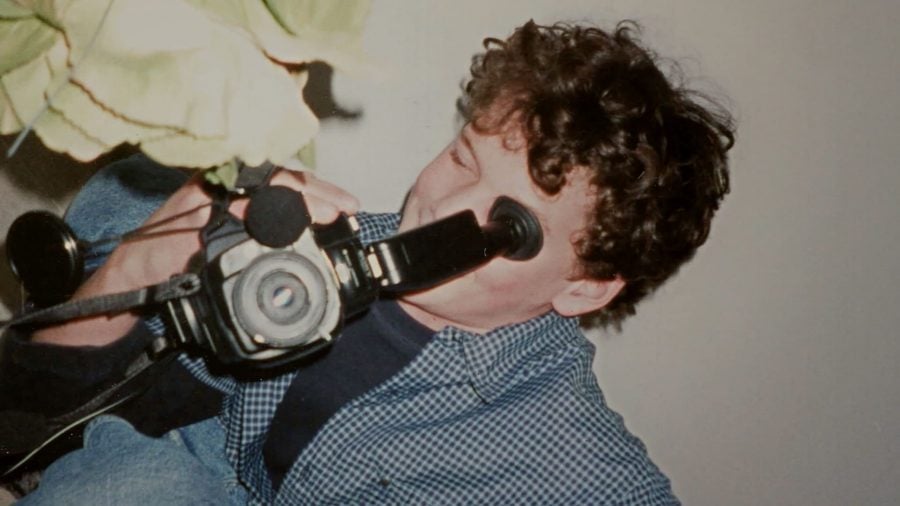
This movie narrated by Nicolas Cage is the incredible story of actor Anton Yelchin (Star Trek, Like Crazy): from being born to a Jewish Russian family in Leningrad to moving to the U.S. and ending with his sudden death at age 27. Anton, or Antosha as his loved ones called him, was a gifted kid: he was making his own movies at seven years old, taking highly sophisticated notes on Fellini movies, and picking up playing guitar in a short time. He took photographs that still show in exhibitions around the world. He led an extraordinary life, portrayed here, one that was cut way too short.
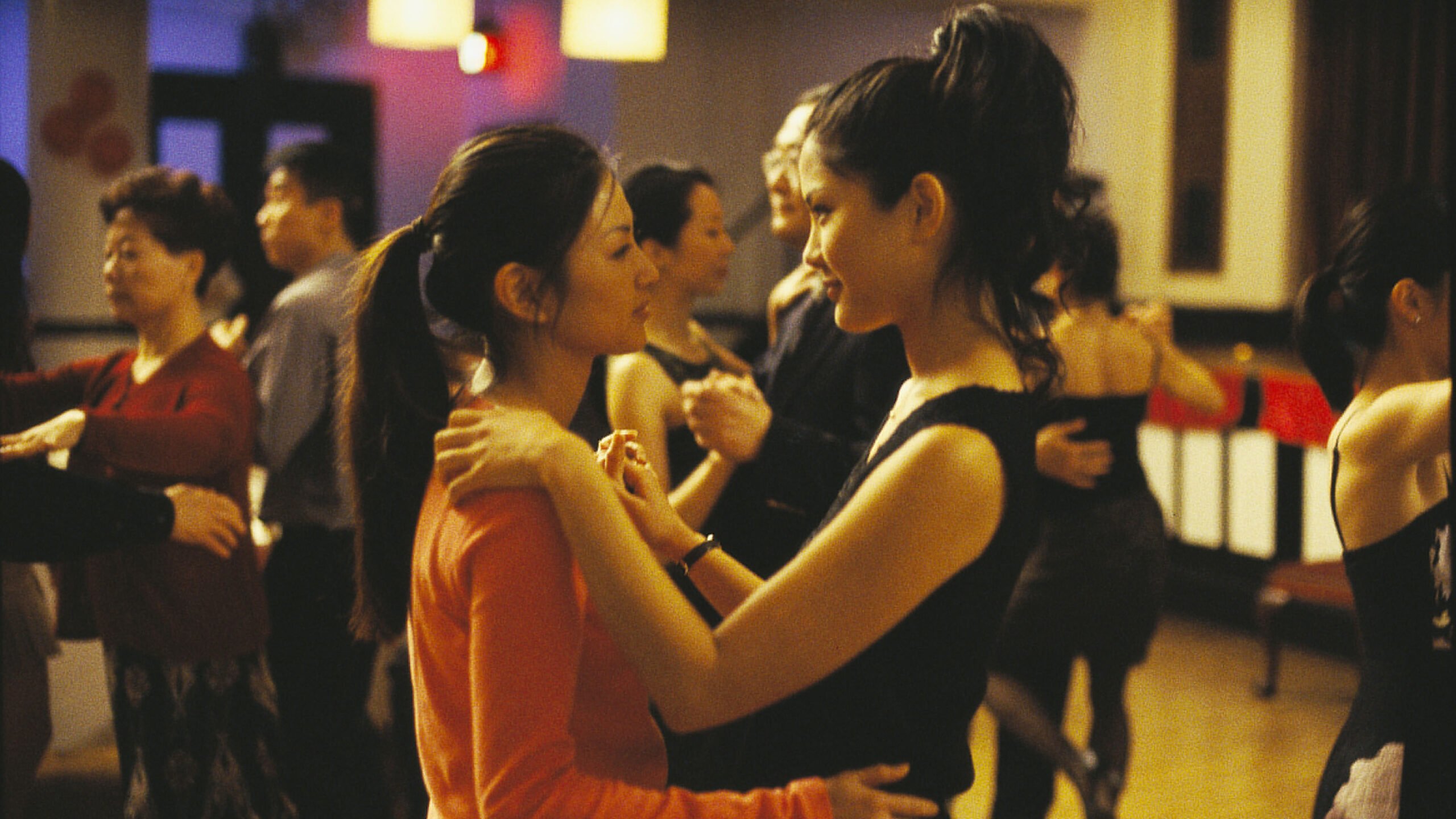
Before the late 2010s push for more Asian American and lesbian cinema, there were movies already making strides toward better representation. One of the first to achieve this was Saving Face. Despite this film being the first feature for writer-director Alice Wu and actress Lynn Chen, and the first lead role for Michelle Krusiec, the three women lead the film with ease. Wu’s clear mastery of rom-com and family drama tropes directs us through some predictable moves, but with unpredictable twists. Krusiec and Chen’s Wil and Vivian are easy to root for with their striking chemistry, but at the heart of this film is Wil’s relationship with her mom Hwei-Lan (Joan Chen). Their dynamic—expressed through passive-aggression, bilingual bickering, and their need for the other’s honesty—turns this easygoing rom-com into a light yet cathartic family drama.
You know how many films depict the magic and wonder of cinema in such gorgeous, magnificent scenes? Peeping Tom does the opposite. Sure, it has director Michael Powell’s signature flair, with excellently framed and colored shots, but he takes a much more violent route here, swapping spectacular fantasy with the psychological terror of how the act of filming and watching can be. Given the title, it won’t be a surprise that the film involves voyeurism, but rather than of the sexual kind, Powell hones into the morbidity of the camera gaze, the twisted pleasure that’s felt when the audience sees someone terrified, despite the violence done upon them. It’s because of this that the film was so controversial, but eventually, Peeping Tom garnered critical acclaim for breaking ground as the first slasher film ever made.
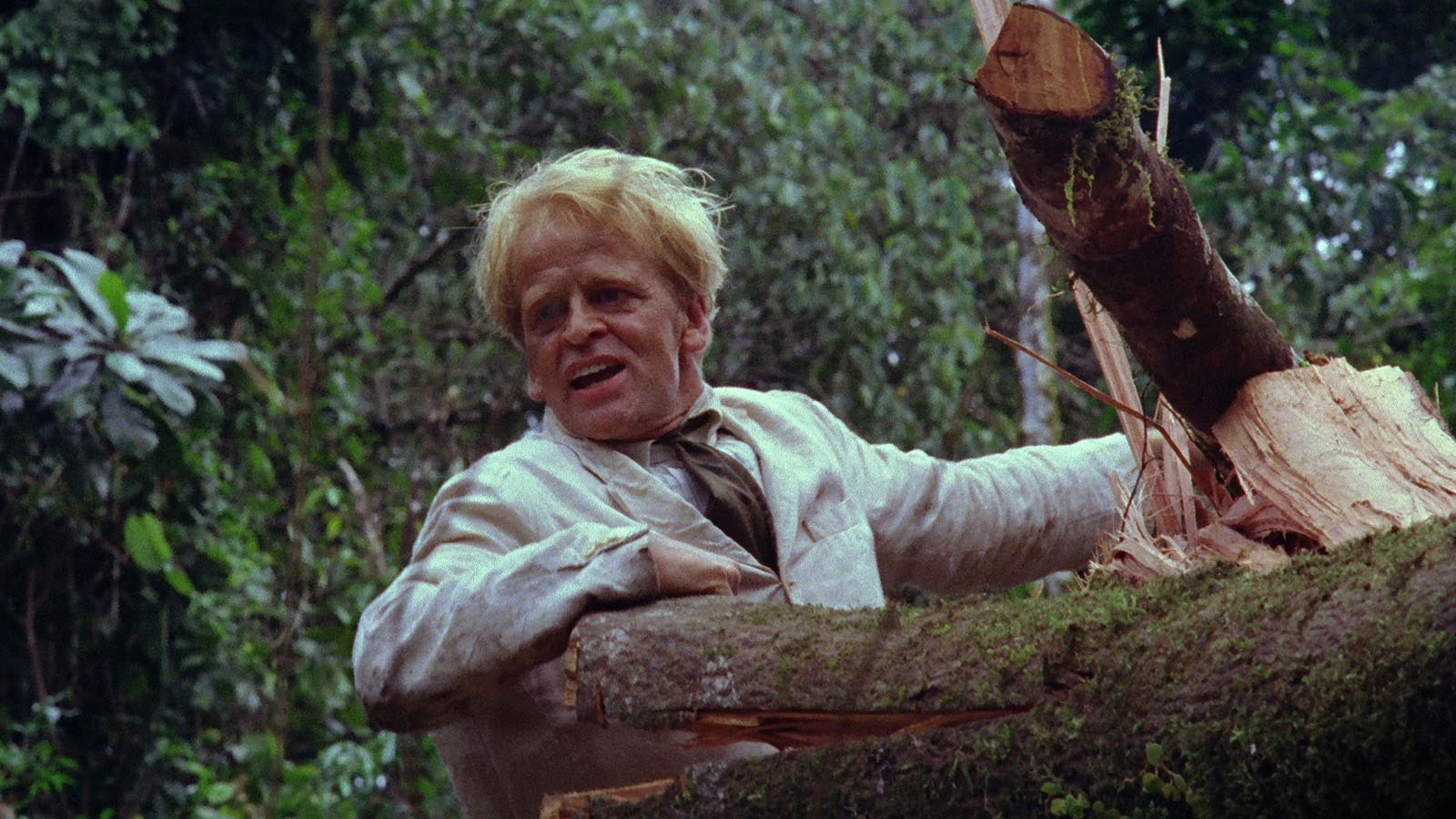
There are plenty of films about dreamers, but none as wild and wacky as Fitzcarraldo. The film follows the titular opera-loving foreigner, who’s obsessed with creating an opera house in the middle of a jungle, and tries to get the funding for it throug the rubber business. It’s a pretty wacky premise, and a pretty wacky tale, but it’s the perfect film to challenge famed eccentric auteur Werner Herzog, who got a 320-ton steam boat hauled into the Amazon, had multiple recasts due to illness, and had conflict with leading man Klaus Kinski so tense that assassination was offered by one of the extras, among other troubles. Strangeness aside, Fitzcarraldo proved to be an audacious, operatic epic, garnering numerous nominations for the Palme d’Or, Golden Globes, and the BAFTAs.
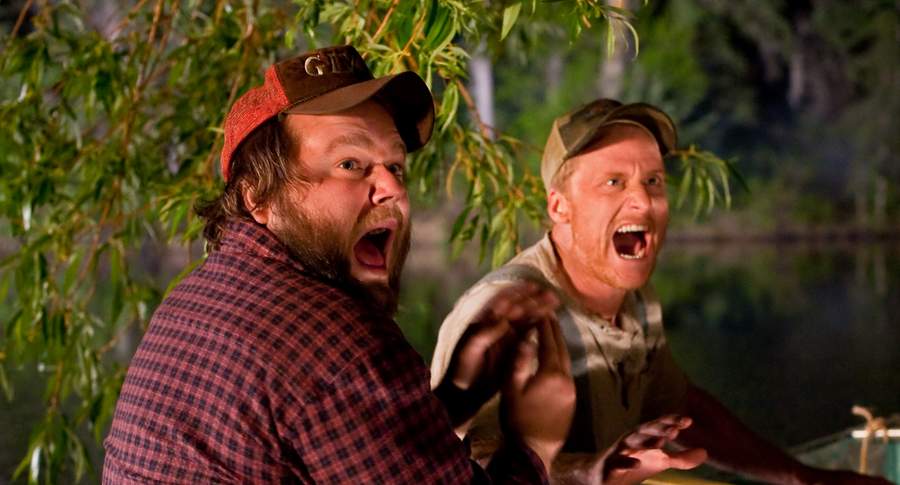
Full of twists on classic horror themes, this hilarious and gory comedy will have your sides aching, and still you’ll want more. The plot centers on two rednecks who are trying to have a good time while fixing up a summer home. True to horror movie form, a group of college kids set up camp nearby, and naturally evil begins to happen. This well-written, entertaining story even has some heart to it.
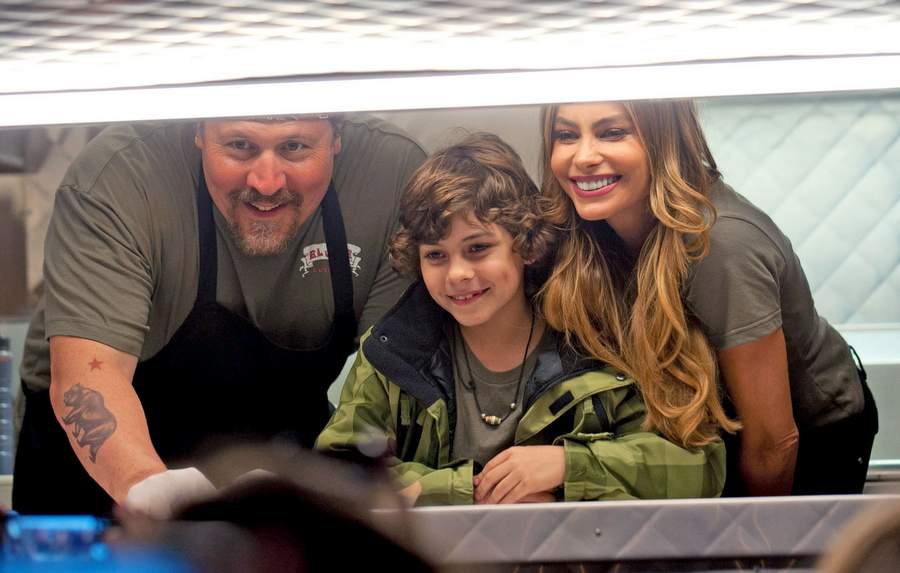
A popular chef loses his job and respect after a bad review. He ends up with a food truck and tries to show the world he still has his creative side, while at the same time trying to fix his broken family. Chef is a heartwarming feel-good movie, after you finish it you will want to cook, love your family, travel, and spread the love. One of my favorite movies, I see myself happily watching it again numerous times.
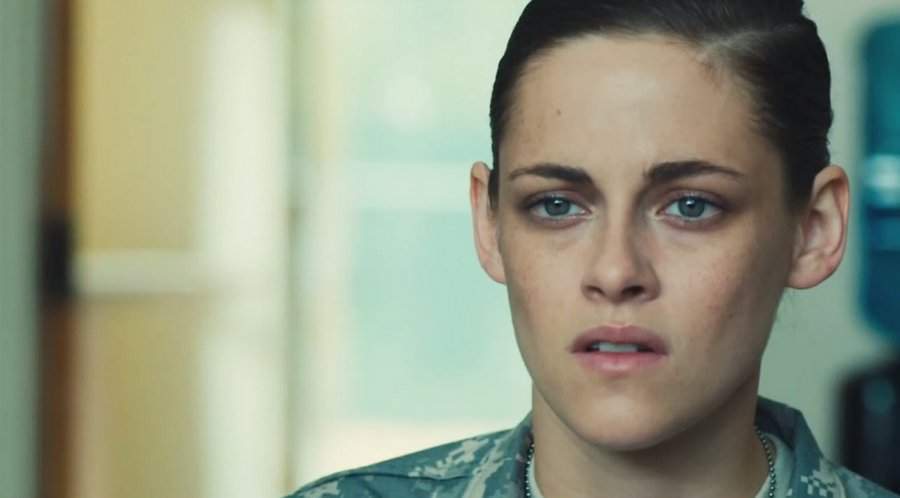
This is Kristen Stewart’s proof that she is more than a lip-biting, vampire-loving teenager. Reactive and emotive, she will not disappoint you here. Rather, expect an electrifying and exceptional performance. Paired with Payman Moaadi, they both make of this work an emotionally poignant movie that questions the notion of freedom in the unlikeliest of places: Guantanamo Bay.
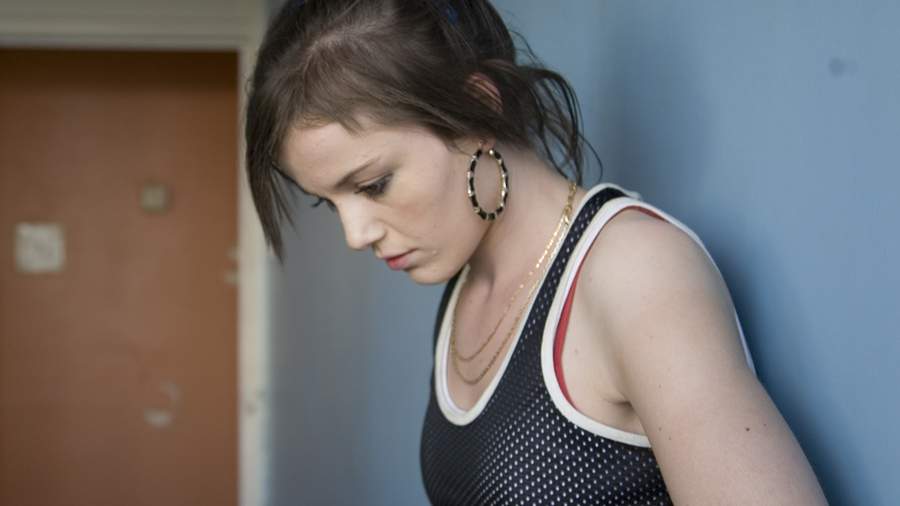
A sincere portrayal of the gritty British working class life through the coming-of-age story of a girl who loves rap music and dancing to it. It features a stunning and powerful performance from newcomer Katie Jarvis who had no acting experience whatsoever, and who was cast in the street after she was spotted fighting. She plays Mia, a 15 year old teenager whose world changes drastically when her mother’s new boyfriend (played by Michael Fassbender) turns his eyes to her. Don’t watch this movie if you are looking for a no-brainer, definitely do watch it if you are interested in films that realistically portray others’ lives and let you into them.
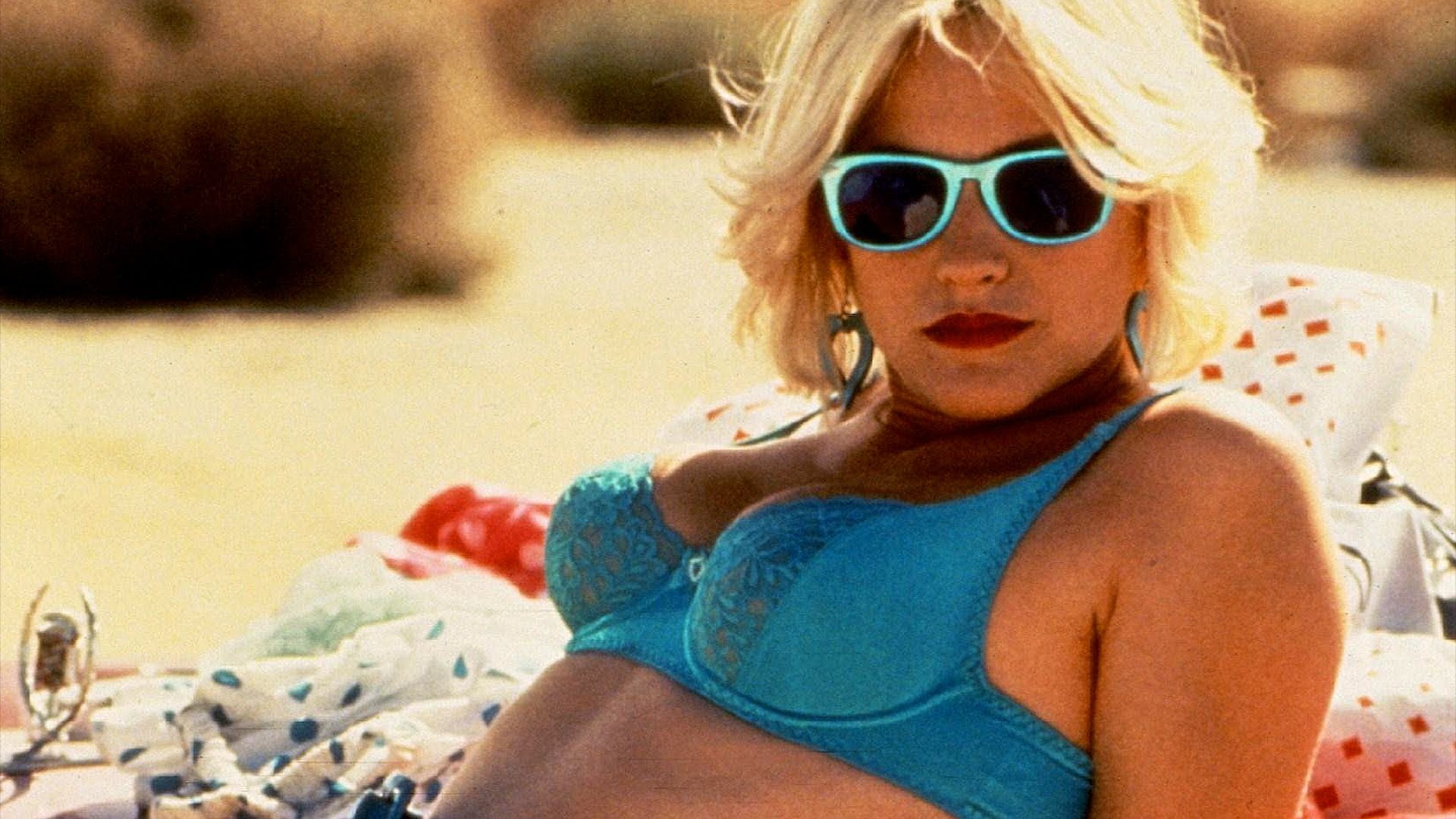
True Romance is a wildly entertaining and twistedly enjoyable crime film, directed by Tony Scott (Top Gun) and written by a young Quentin Tarantino. It stars Christian Slater as a young nebbish comic book store employee named Clarence who falls in love with a prostitute named Alabama (Patricia Arquette), and sets his mind to rid her of her indebtedness to a volatile pimp named Drexel (Gary Oldman). The story eventually finds them absconding to California with a suitcase full of cocaine, with the intention of selling off their illicit cache to a Hollywood bigwig in order to pursue their dreams of freedom and opportunity. Replete with a remarkable cast of famous names and familiar faces (including Brad Pitt, Christopher Walken and even Val Kilmer as the ghost of Elvis), True Romance is a true 90’s-era classic. It showcases Tarantino’s trademark witty dialogue throughout, enmeshed with the savage humor and jarring violence that he has become so well known for. It’s very much an homage to Hollywood classics such as Bonnie and Clyde and Badlands (including a rousing score by Hans Zimmer inspired by George Tipton’s score for Badlands), and ultimately serves as one of Tarantino’s most underrated career accomplishments.
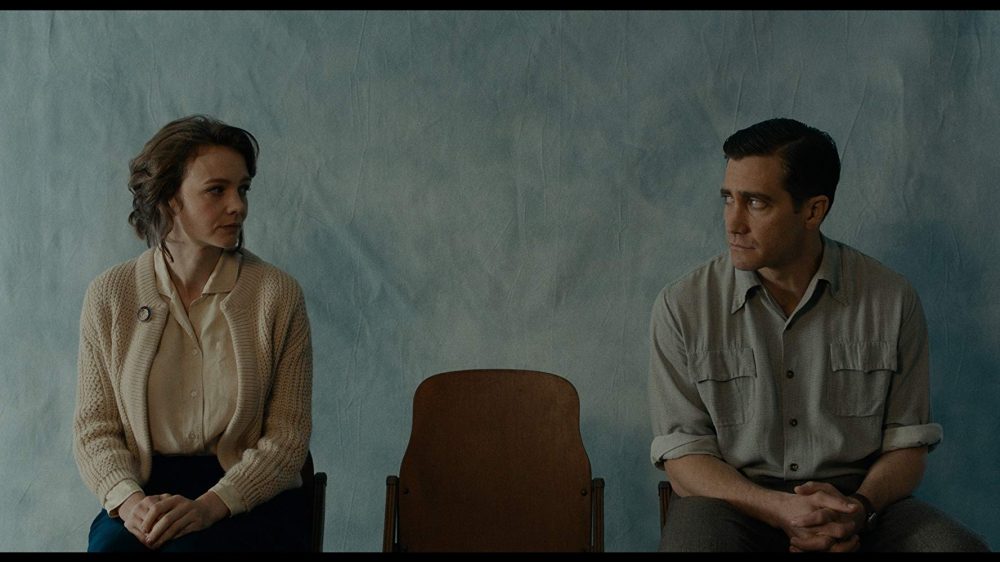
A powerful but quiet movie directed by Paul Dano and based on a novel of the same name by Richard Ford. It stars Carey Mulligan and Jake Gyllenhaal as a couple who move to a new town with their only child during the 1960s. Their relationship transforms after Gyllenhaal’s character loses his job as a butler and chooses to leave for a more dangerous profession, firefighting. This movie is about his wife’s response to this event and the implications of both parents’ behavior on their kid. There are no twists or turns, exciting action or plot; but Wildlife doesn’t need any of that. This moving story about a decaying family unit is portrayed in the sadness that comes with such events. The only joy comes from watching the outstanding (but expected) performances of the cast.
This is a hilarious political comedy starring the ever-great Steve Buscemi. Set in the last days before Stalin’s death and the chaos that followed, it portrays the lack of trust and the random assassinations that characterized the Stalinist Soviet Union. Think of it as Veep meets Sacha Baron Cohen’s The Dictator. Although to be fair, its dark comedy props are very different from the comedy that comes out today: where there are jokes they’re really smart, but what’s actually funny is the atmosphere and absurd situations that end up developing.
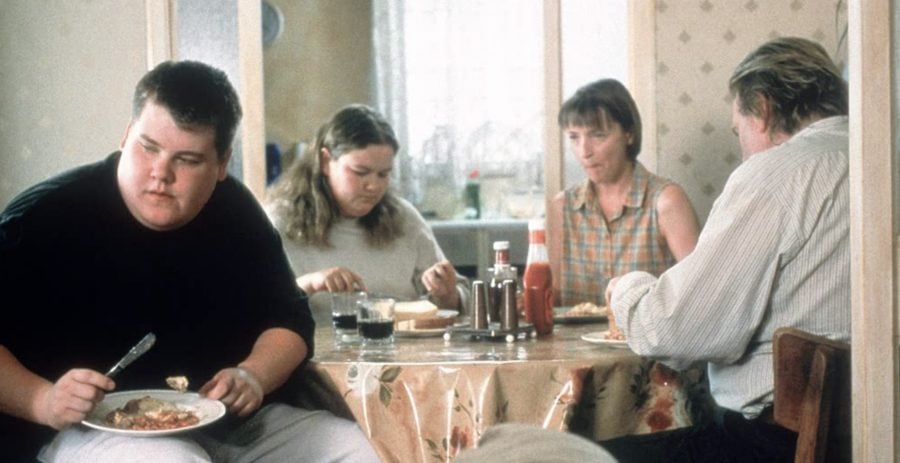
Grounded by Lesley Manville and Timothy Spall’s powerhouse performances, this gut-wrenching family drama from Mike Leigh is an acting juggernaut. Penny and Phil are a working-class couple whose marriage is rapidly deteriorating and pushed to the brink when their son, played by a young James Corden, is hospitalized.
While Manville and Spall are centered as the leads, Leigh draws a staggering amount of depth from Corden as well as a young Sally Hawkins who plays a neighbor. Despite being one of Leigh’s grimmest films, there is still a profound sweetness lingering at the edges as the story teeters between despondency and hope.
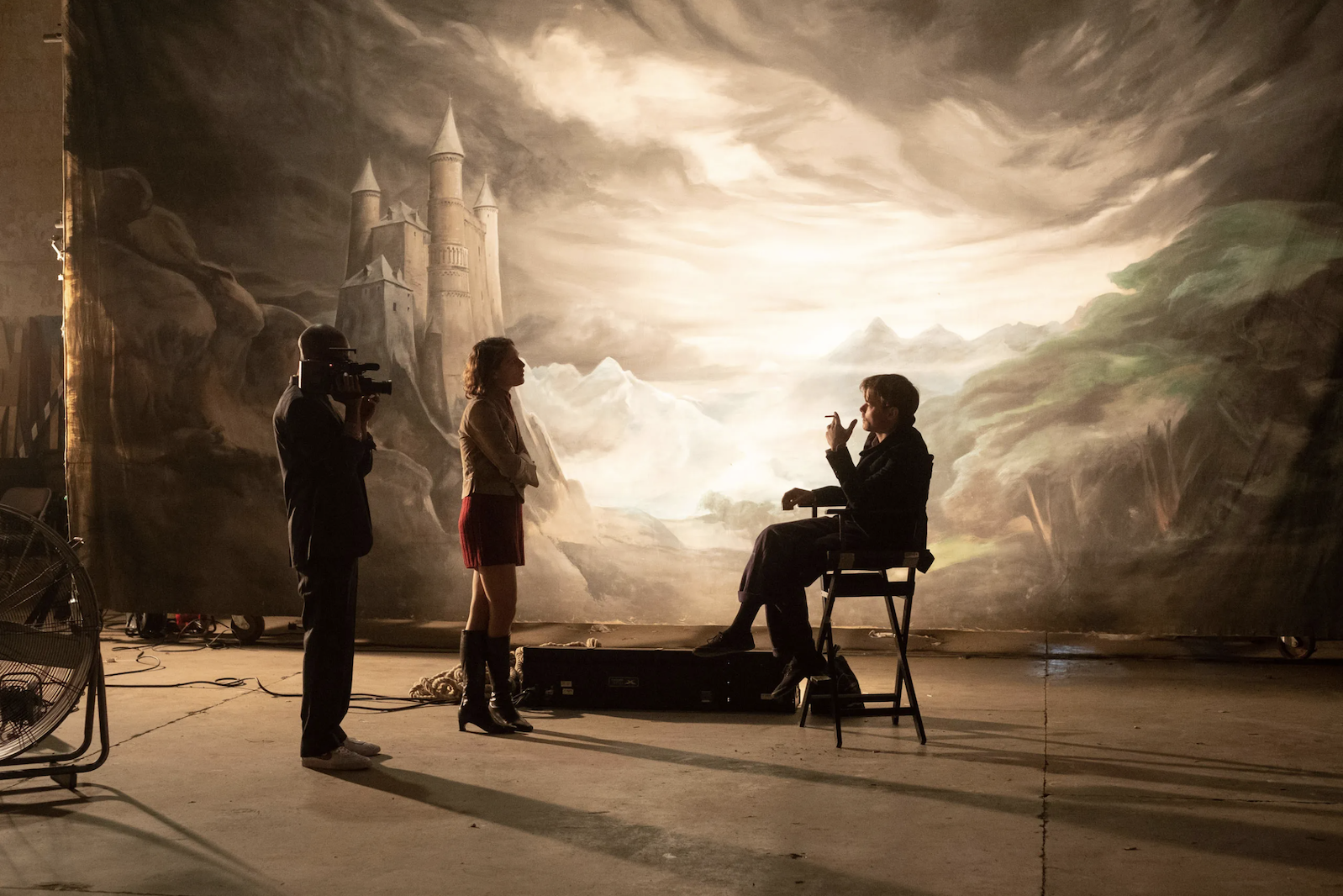
After 2019’s The Souvenir—a drama about a toxic, suffocating relationship—director Joanna Hogg brings back her protagonist (played by a superb Honor Swinton Byrne) and sees her attempting to communicate the experience of this failed romance through her thesis film. Anybody with an interest in the production process of cinema should glean a ton of useful advice from The Souvenir Part II’s mundane on-set interactions and difficult conversations about the line between compromise and practicality. And through increasingly surreal images of stages within stages and reflections within reflections, Hogg paints a complex, intelligent portrait of cinema as a place of ultimate self-examination.
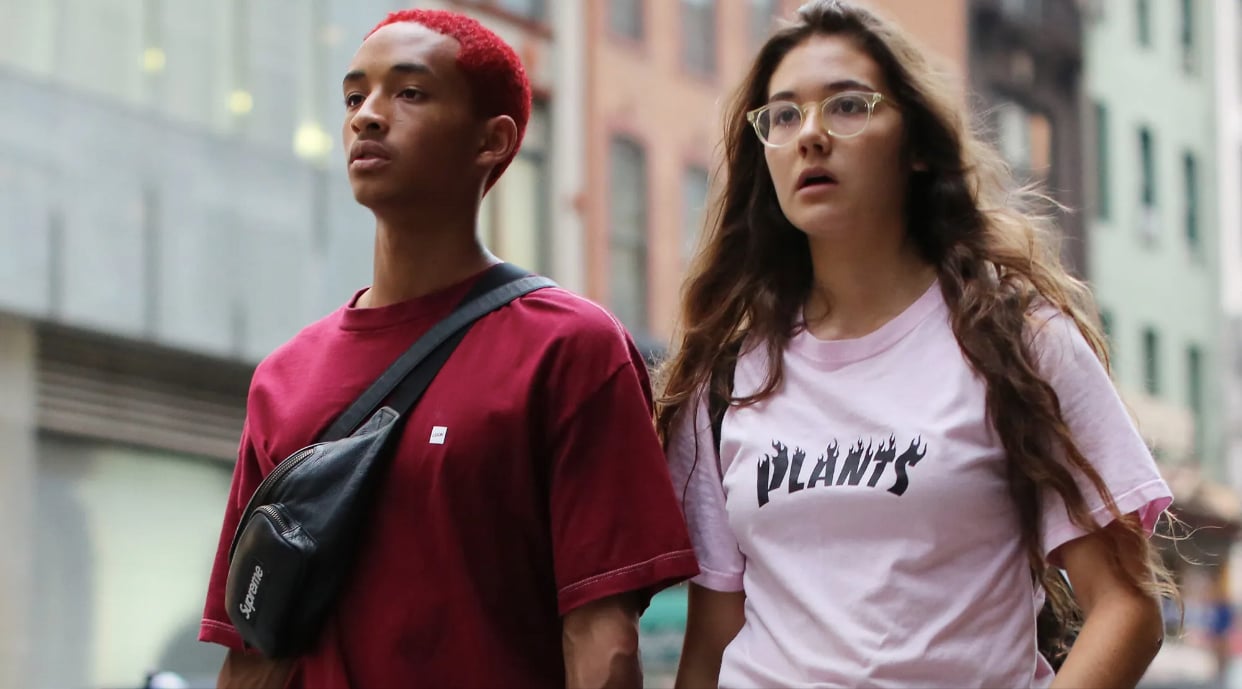
Director Crystal Moselle based Skate Kitchen on NYC’s eponymous crew of young female skateboarders, who actually play fictionalized versions of themselves here. That real-life casting lends the film a documentary-esque quality: the girls’ bantering chemistry and die-hard loyalty feel warmly authentic, and the movie would be well worth a watch just to bask in this vibe alone.
The Skate Kitchen girls are an eclectic bunch, but what’s so refreshing — and therapeutic — about the film is that they’re also deeply, instinctively empathetic. These misfits don’t just tolerate but celebrate one another’s uniqueness and respect their differing boundaries (the way the girls and the movie treat shyness as a feature rather than a flaw to be resolved is particularly moving). What’s more, in its own low-key way, Skate Kitchen is an inspirational watch for its portrait of young women building the sanctuary they need themselves — not just in a largely male subculture but on a broader canvas, too. Rather than skulk anxiously on the sidelines, the girls use skating to carve out a space of their own in New York, a way to make the big, scary city feel warm and intimate. Amidst all the steezy ollies and clean rail grinds, these might just be the greatest tricks they pull off.
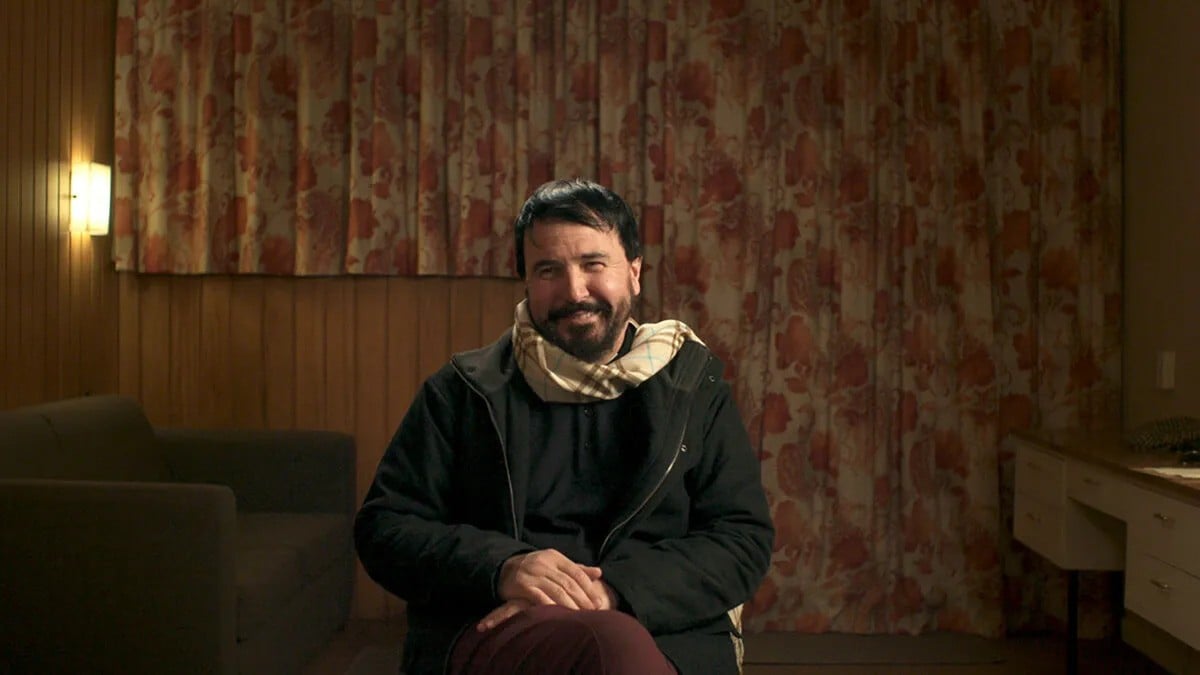
This documentary from journalist David Farrier, New Zealand’s answer to Louis Theroux, plays more like an out-and-out horror movie. But don’t be fooled by the serial killer connotations of its title — the real Mister Organ’s crimes are (mostly) psychological and have no obvious motive, making him quite a bit scarier than your usual screen villain. Described as a “parasite,” “terrorist,” and a “black hole” by the few traumatized victims of his who agree to talk on record about him, Organ is clearly a master at weaving a sticky web around everyone who comes near him — including, as it turns out, Farrier himself, who soon becomes a casualty of his own investigation.
Though the doc never really punctures the nebulous aura of this deeply creepy — and yet somehow deeply dull — character, that’s what makes it such an arresting watch: Farrier takes us along for the ride as he’s sucked into the disorienting orbit of an energy vampire, largely denying us the relief of a clarifying explanation so that we, too, get a taste of the claustrophobia and psychological torture that come with dealing firsthand with someone like Organ.

Remarkably for a movie about women being shunned and exploited by those more powerful than them, I Am Not A Witch is often wryly funny. That’s because this satire about Zambia’s labor camps for “witches” is told with a matter-of-fact-ness that brings out both the heartbreak and absurdity of the film’s events. The bitter gravity of the predicament nine-year-old Shula (Maggie Mulubwa) finds herself in — she’s been accused of witchcraft on the back of some very flimsy evidence — is never glossed over, but neither is its farcicality. Appropriately for its subject, there are also touches of magical realism here, notes that elevate the film into something even more complex than a wry commentary on this morbidly fascinating form of misogyny. This hybrid tonal approach is executed with the kind of fluidity filmmakers might hope to one day master late on in their career — which makes the fact that this is director Rungano Nyoni’s debut all the more extraordinary.
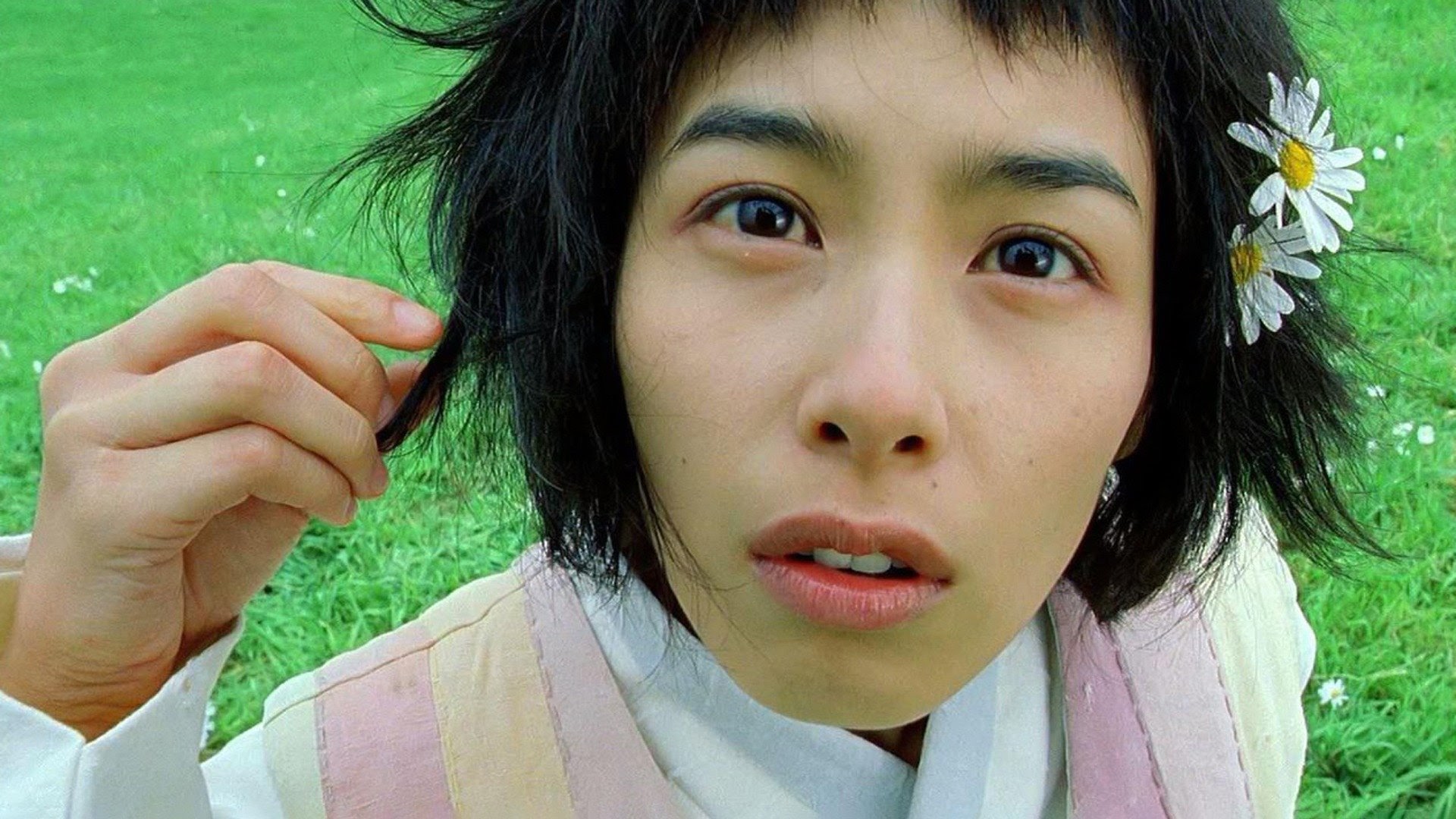
War changes the way we view people from the other side. On the most fundamental level, seeing an enemy combatant can mean death, but this eventually bleeds out into anger and hatred towards the enemy, because of the loss, the pain, and the fear war tends to wage. War drama Welcome to Dongmakgol understands this, but rather than delve into the painful separation of the Korean peninsula in ways that have been depicted before, the film instead plucks a few soldiers from both fronts and drops them into an isolated village far from the battleground. This scenario is quite unlikely, after all, the mountainside town without technology would probably not be as idyllic as portrayed. Nevertheless, it’s an interesting thought experiment to see the simple, straightforward peace that was forgotten with foreign intervention and global geo-politics. Welcome to Dongmakgol can be quite goofy at times– see the green screen wild boar scene– but the comedy is a standout anti-war film because of its optimism towards human nature.
Front of the Class tells the true story of Brad Cohen (James Wolk), a teacher with Tourette Syndrome hoping to complete his masters. Brad battles through his disability while also learning to accept it and even inspire his young students, friends, and family along the way. As Hallmark movies goes, Front of the Class follows familiar beats and occasionally gets too sappy, but all is forgiven thanks to Wolk’s generous and sensitive performance. He carries the film by balancing pain with passion, and his dedication to succeed and have others accept him is nothing less than inspiring. It’s not as gritty as the other disability films, but it is one you can watch easily with the family.
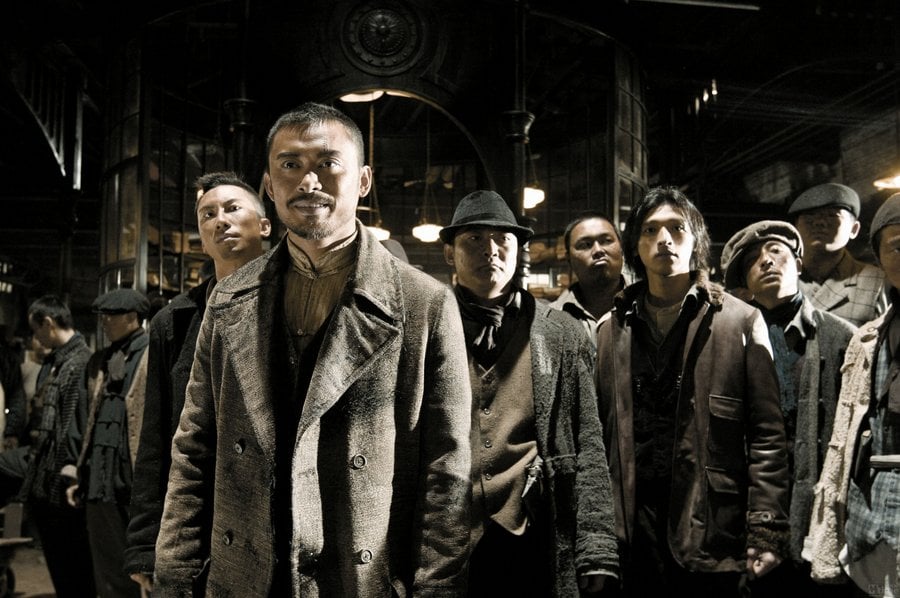
It’s been acclaimed as one the best Kung Fu movies ever made. You are probably wondering why this contemporary movie made that short list when its genre had its peak decades ago: it is visually striking and at the same time surprisingly story-oriented. As you would expect of course, there is quite a fair amount of action scenes, but the characters are also brilliant which is very uncommon in this type of movie. It is an exciting movie, and worthy of any compliment or good rating it may get.
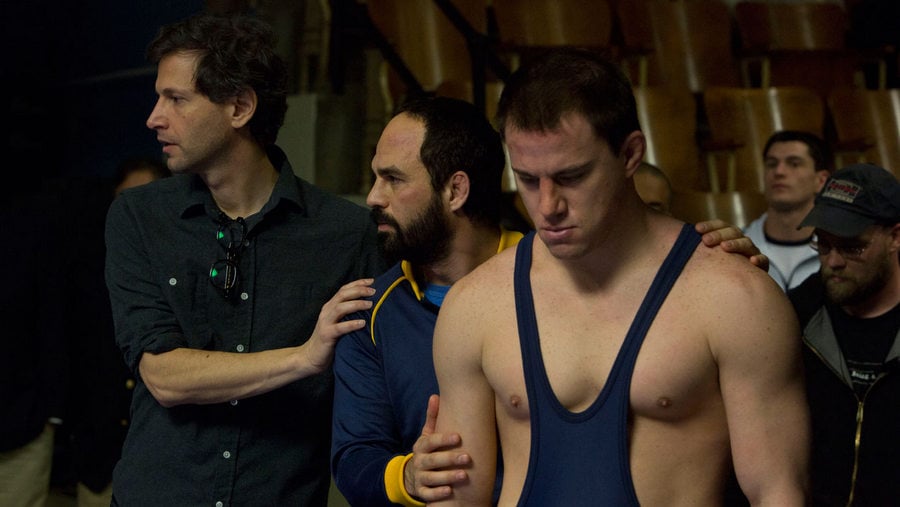
From the director of Moneyball, Foxcatcher is a true-story-based thriller centered around Olympic wrestlers and brothers Mark Schultz (Channing Tatum) and Dave Schultz (Mark Ruffalo) and multimillionaire John du Pont (Steve Carell). When the latter invites both brothers to move to his estate and train there, with seemingly patriotic motives, only Mark accepts. As training for the 1988 Olympic Games starts, and Du Pont’s motives become clearer, tragedy hits. This film is a slow-burning celebration of the exceptional talent it features, both Ruffalo and Carell received Oscar nominations for their roles.
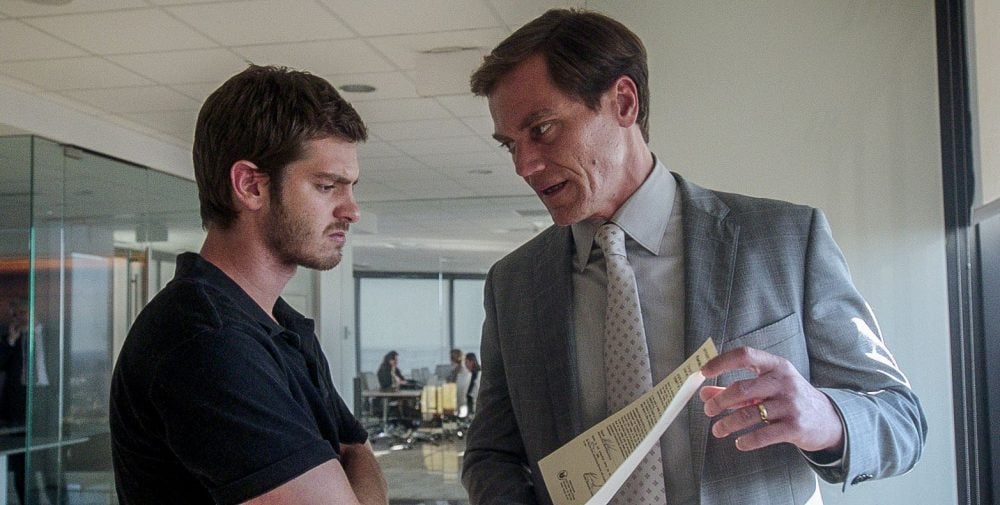
Andrew Garfield is a single father living with his own single mother in their family home. In the aftermath of the financial crisis, they find themselves evicted from their home by a businessman – Michael Shannon in a role as intriguing as Gordon Gekko in Wall Street, if not more. Desperate for work, Garfield’s character starts working for the same businessman, ultimately evicting other people. A star-packed, gritty and sobering tale on capitalism and our the lengths to which we’re ready to go to save face – while at the same time risking our most important relationships.
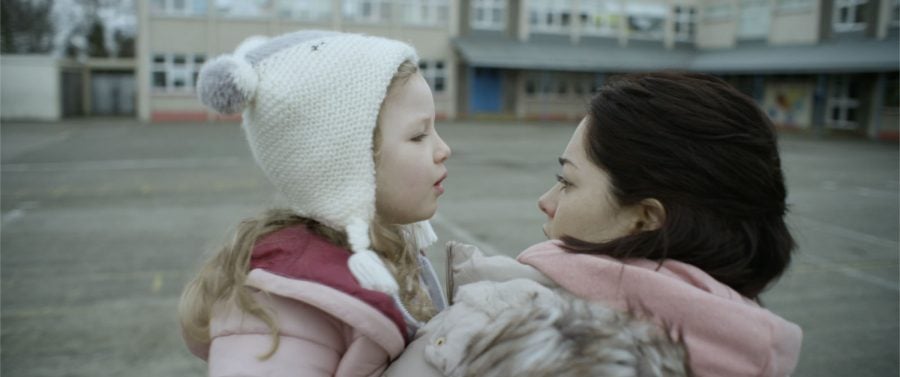
This emotional and moving story is about a mother of four who is forced into homelessness in Dublin. With her husband working in a demanding restaurant job, Rosie is left to take care of the children while trying to find anything resembling accommodation. She starts by seeking the help of the city council, but every facility she calls is full or refuses to welcome them.
As a viewer, the heartbreaking reality of the situation sinks in quickly: Rosie and her husband are priced out and there are too many people in their condition. Their car doesn’t fit them. But to her children, relatives, and school officials, Rosie keeps up appearances and doesn’t compromise on her overwhelming child care tasks.
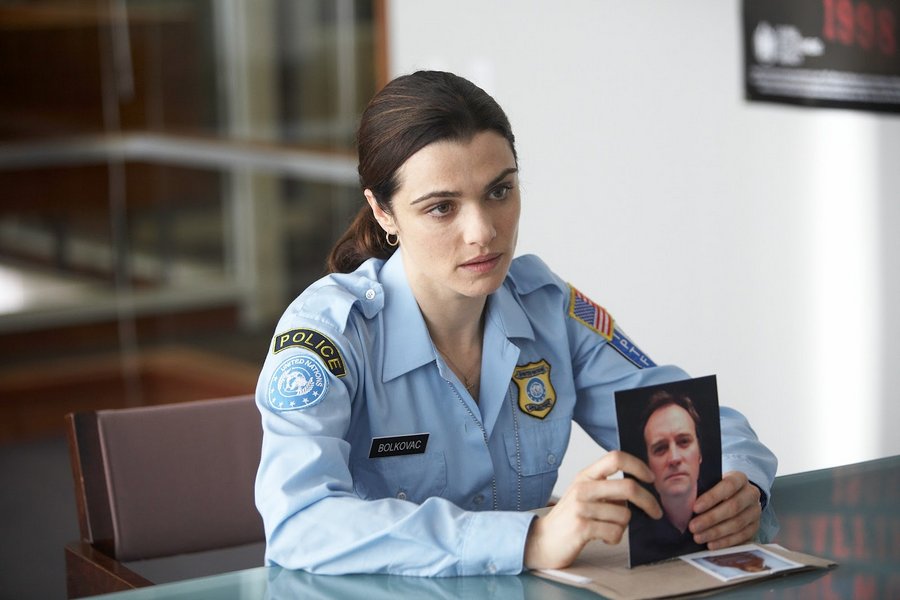
Based on a true story, The Whistleblower is the biography of a once Nebraskan police officer who volunteers for the U.N. peacekeeping mission in post-war Bosnia. Once there, she uncovers a human trafficking scandal involving peacekeeping officials, and finds herself alone against a hostile system in a devastated country. Rachel Weisz plays the whistleblower in a powerful lead role, but the true star of the movie is its director, Larysa Kondracki, who thanks to near documentary-style film-making delivers a perfectly executed political thriller with utmost authenticity.
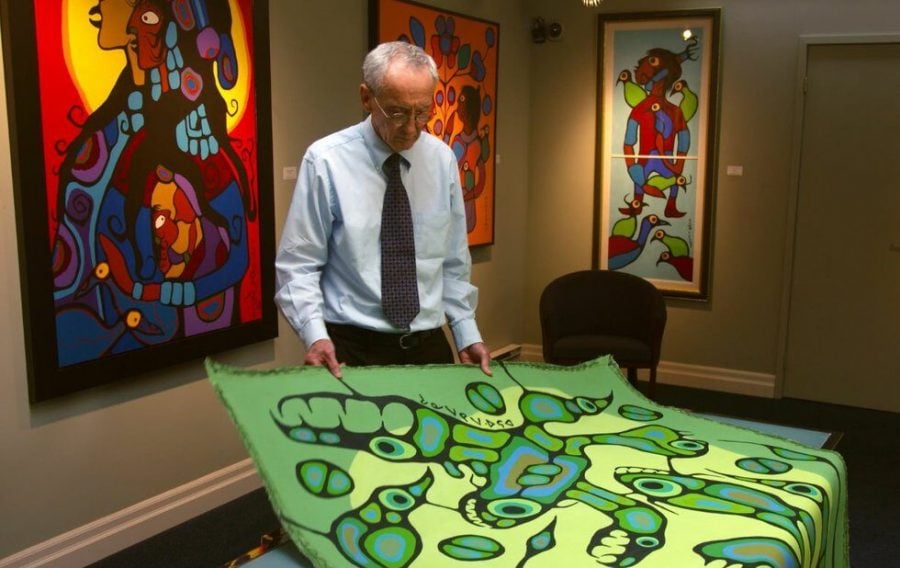
The highly unusual story of this documentary starts with Kevin Hearn, a member of the band Barenaked Ladies, realizing that his painting by famous Canadian Indigenous artist Norval Morrisseau is a fake. When he sues the collector he bought it from, he starts a series of inquiries that unravel a story that gets progressively darker: drug dealing, organized crime, addiction, sexual abuse, and completely crazy characters (reminiscent of Tiger King).
Behind all of that, There Are No Fakes is about the exploitation not only of Indigenous art but of Indigenous people in Canada in general.
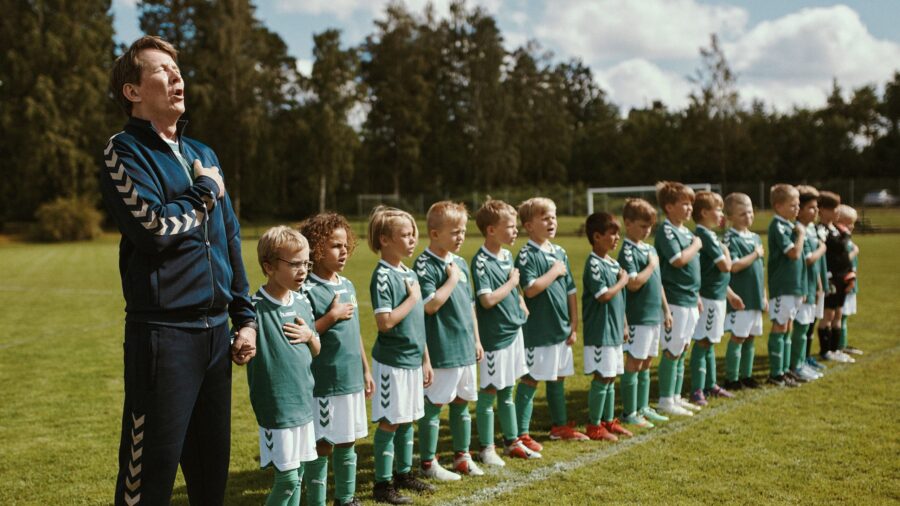
Director Thomas Vinterberg (The Hunt) reunites with Mads Mikkelsen to tell the story of four teachers going through a mid-life crisis. They’re not sad, exactly—they have homes and jobs and are good friends with each other—but they’re not happy either. Unlike the ebullient youth they teach, they seem to have lost their lust for life, and it’s silently eating away at them, rendering them glassy-eyed and mechanic in their everyday lives.
Enter an experiment: what if, as one scholar suggests, humans were meant to fulfill a certain alcohol concentration in order to live as fully and present as possible? The teachers use themselves as the subjects and the tide slowly starts to turn to mixed effects. Are they actually getting better or worse?
With an always-satisfying performance by Mikkelsen and an instant classic of an ender, it’s no surprise Another Round took home the award for Best Foreign Film in the 2020 Academy Awards.

One of the most overlooked films in recent years, Boiling Point is an intense British drama about the life of a head chef. We get to view his world for exactly 90 minutes and, yes, it is all shot in one go. No camera tricks or quirks, just pure filmmaking. Many other movies have tried to capture the chaotic life inside the restaurant business, but none have worked quite well as Boiling Point.
Working alongside the phenomenal actor Stephen Graham, director Philip Barantini hits it out of the park in his second feature-length film. Together, they bring to life some of the most unnerving 90 minutes ever put to film. Think Uncut Gems but with Gordon Ramsay as the lead.
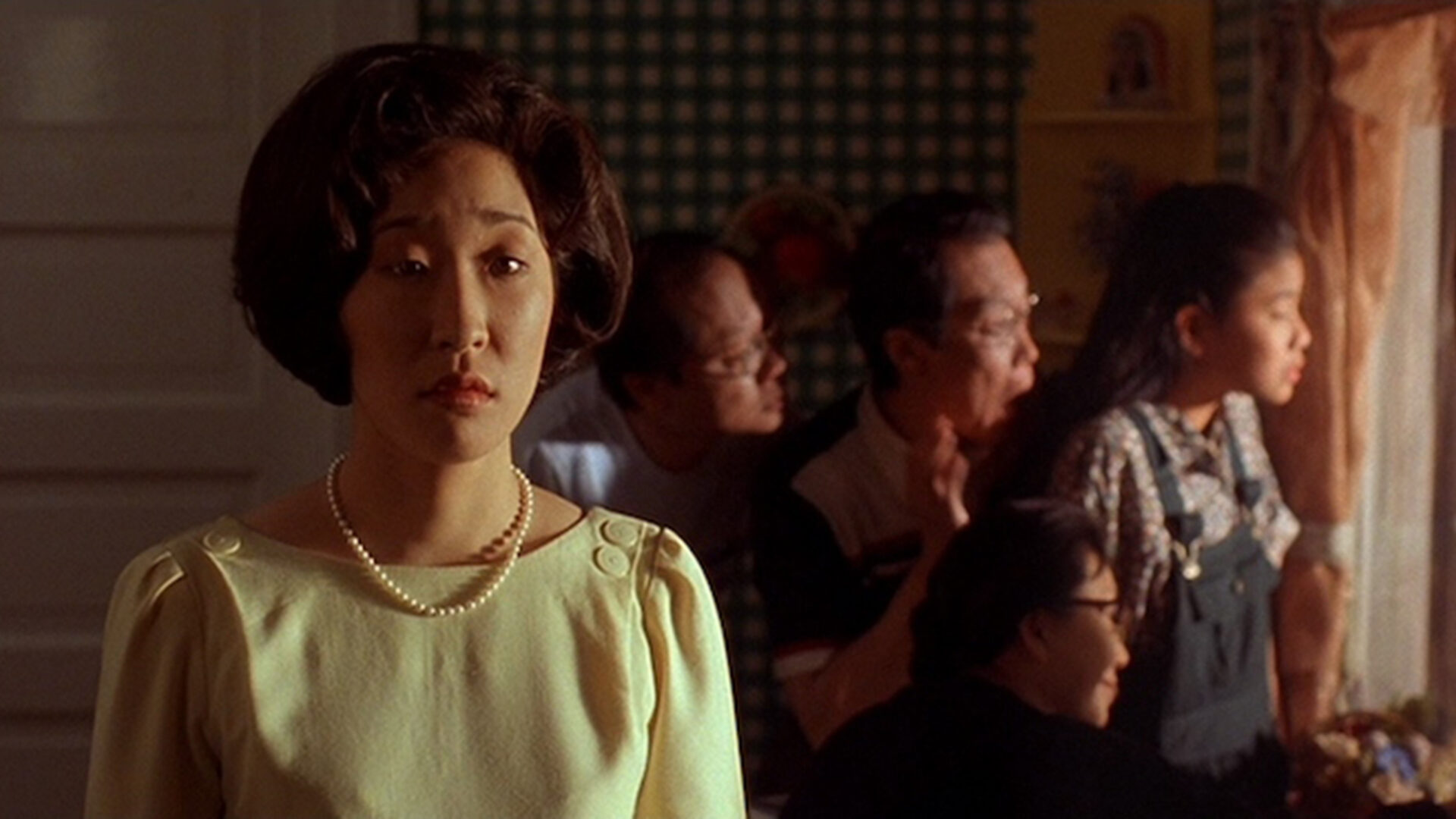
Sandra Oh earned her breakout in this warm, candid Canadian indie, which — not uncoincidentally — shares its name with that of a decorative Chinese symbol associated with marriage. The movie’s title is also a reference to 22-year-old Jade Li’s (Oh) struggle to pursue her own ambitions and meet the clashing romantic and professional expectations her disapproving first-generation immigrant parents have for her. As she puts it, “Double happiness is when you make yourself happy and everyone else happy, too.”
An aspiring actress who dreams of playing Blanche DuBois, Jade is instead asked by unimaginative casting directors to adopt a pronounced Chinese accent for tiny bit parts. In essence, she’s typecast everywhere: on set, and at home, where she struggles to play the good daughter who’ll give up acting for a more conventional job and will only marry a man her parents approve of. It’s a jarring existence, but Double Happiness never feels claustrophobic because it gives Jade the freedom to finally be herself via witty, confessional monologues and fantasy sequences. There’s undoubtedly bittersweetness to this portrait of a young woman fighting to be herself on every front, but that it’s nevertheless such an irresistibly charming, never-flippant watch is a testament to first-time director Mina Shum and Oh’s already mature talents.
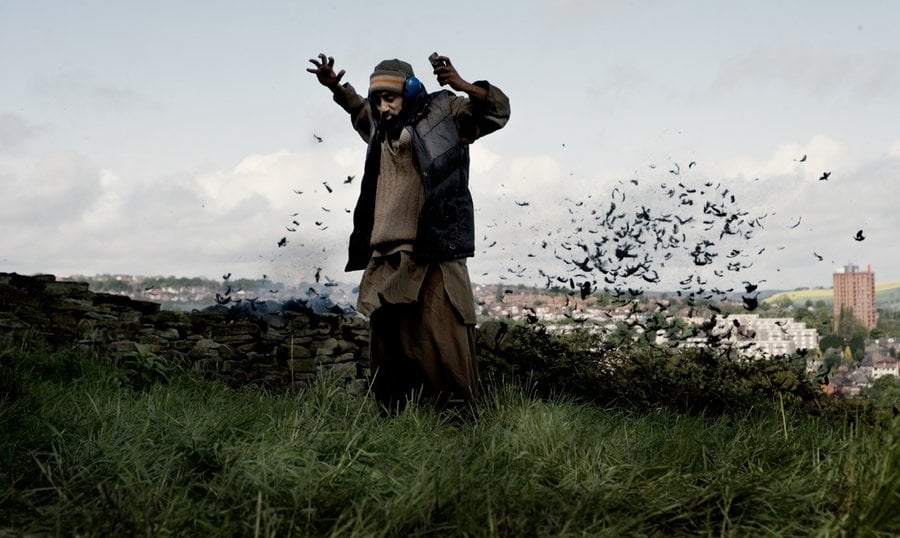
Four Lions is as black and as dark as a movie can ever get, mixing cultural relevancy with humor and ridiculousness. It is insensitive to Islam, insensitive to terrorism and insensitive to the viewer. But it is hilarious. The director spent three years talking to Imams, terrorism experts and basically everyone. The result? A legit 97 minutes that will dazzle even extremists with its knowledge of Islam and the accuracy of its lines. Needless to say that it will upset quite a few people, but that is always a good sign for black comedy movies, right?
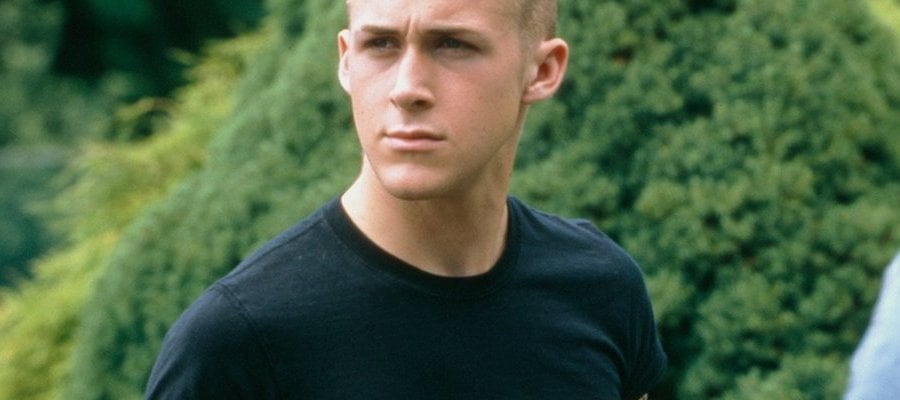
Ryan Gosling plays a Jewish Neo-Nazi in this extremely riveting window into the definition of inner conflict. It is a prime example of how character development should be done and it put Gosling on the map for me. He starts out as an exemplary student in Hebrew school until he starts questioning his teachings and exploring alternative ideologies, leading him to the neo-Nazi movement. Won the Grand Jury Prize at Sundance
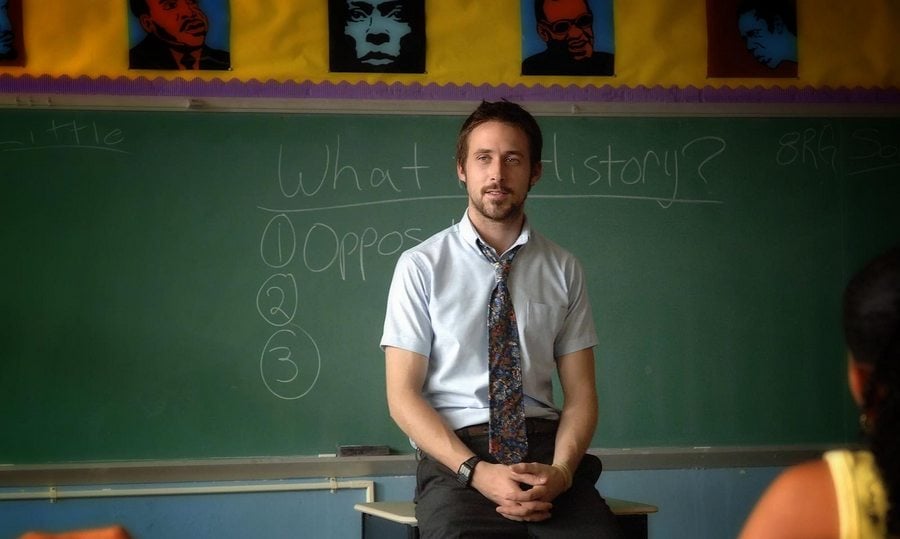
The self destructive, substance abusing history teacher Dan (Ryan Gosling) works in a Brooklyn middle-school and is constantly at odds with the curriculum, preferring to teach 13 year old kids Marxist theory in class. Meanwhile, his student Drey (Shareeka Epps) has to go through struggles of her own, her brother being in jail on drug charges and her single mother having to work long hours to make ends meet. Slowly, an unlikely and tender friendship between teacher and student evolves, in which it becomes less and less clear who of them is the adult part. Steering away from cliches, Half Neslon is not your typical social drama. Its intelligent plot twists, great cast (with outstanding performances by both Gossling and Epps) and slow, non dramatic storytelling makes this a highly underestimated movie that, although treating depressive topics without any easy relief for the viewer, will leave with an inner smile, albeit a sad one.
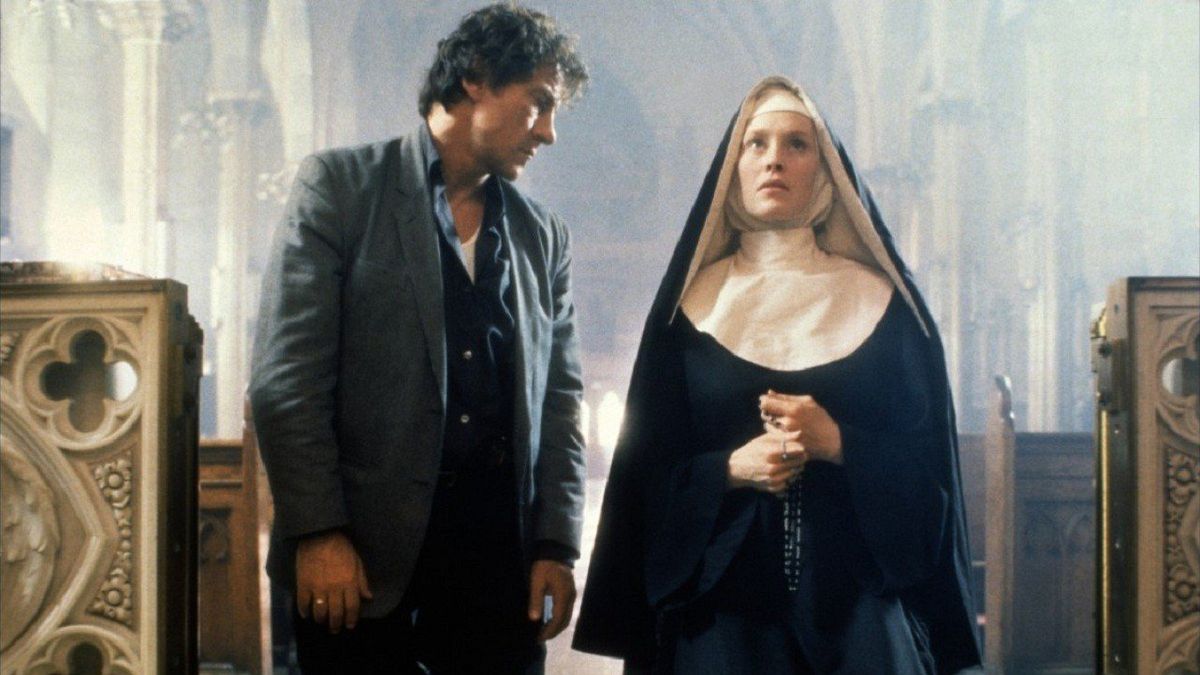
Bad Lieutenant is no misnomer: Harvey Keitel’s policeman really is one of NYPD’s worst. Already corrupt, abrasive, and abusive at the film’s outset, the movie chronicles his coked-out descent into total depravity after he’s called to investigate a heinous crime amid rapidly worsening personal circumstances. The brilliance of Bad Lieutenant is therefore a counterintuitive one: as awful as the Lieutenant is, we can’t help but feel emotionally involved because, in Keitel’s bravura performance, we can see the glint of pain — and thus of a person — within.
Always one for provocation, director Abel Ferrara pushes our empathy to — and maybe even beyond — its natural limits, only to break with the film’s hitherto unrelenting grit and dangle the glinting possibility of transcendent redemption in front of us. Anyone familiar with Catholic guilt cinema (movies like Martin Scorsese’s Who’s That Knocking At My Door and Mean Streets) will instantly recognize the same undercurrent running through Bad Lieutenant — even if Ferrara takes the idea of juxtaposing the profane with the sacred to the extreme here.
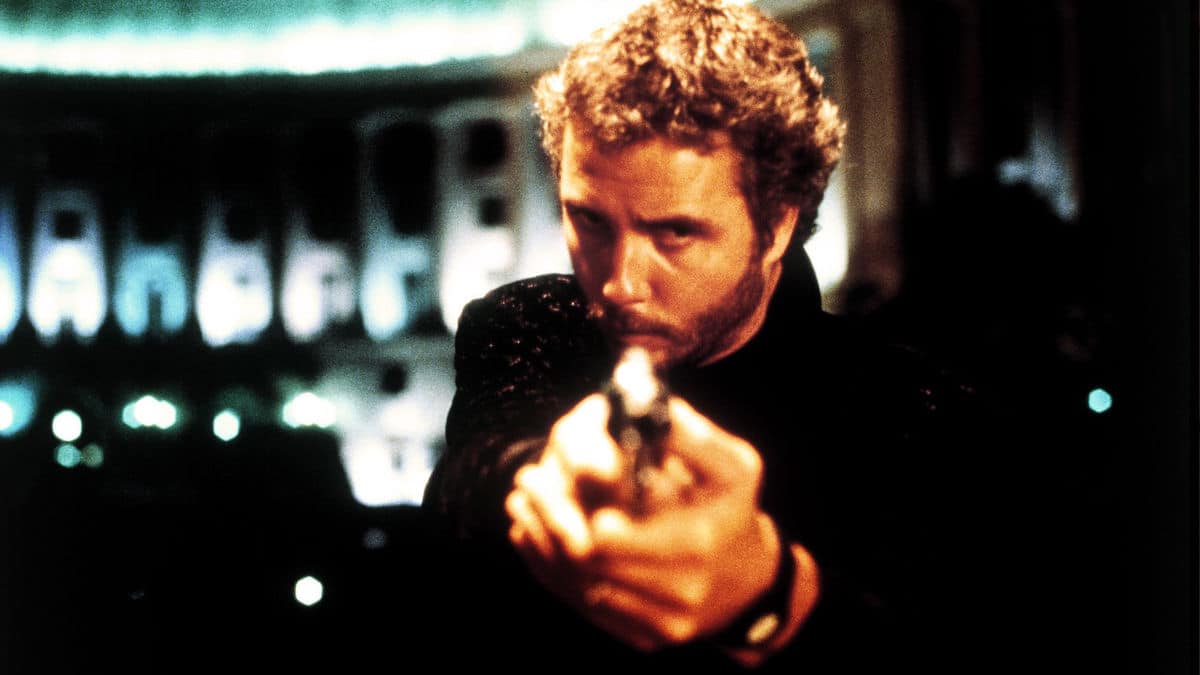
Before The Silence of the Lambs and Anthony Hopkins’ Hannibal, there was Manhunter and Brian Cox’s deeply unnerving Dr. Lecktor. Michael Mann’s neon-lit serial-killer thriller follows Will Graham (William Petersen), a retired FBI agent lured back to work by a psychotic mass murderer whom no one at the Bureau can catch. But Will has something no one else on the force does: he was so committed to tracking down the now-imprisoned Lecktor that he developed an ability to warp his mind into that of a deranged killer, seeing a kind of logic in their madness that allows him to hunt them down.
While that’s a professional superpower of sorts, it’s also a point of insecurity and a source of deep torture for Will, who struggles with the burden of his extraordinary empathy. Manhunter is thus a different kind of psychological thriller: while its dive into the depraved minds of Lecktor and the Tooth Fairy is certainly disturbing, it’s the obsessive, sanity-smashing effect the investigation has on Will that is most terrifying. Add to that Dante Spinotti’s impossibly vivid cinematography, Tom Noonan’s shudder-inducing performance as the voyeuristic Tooth Fairy, and the film’s surprisingly layered treatment of the murderer, and this is the serial-killer movie to end all others.
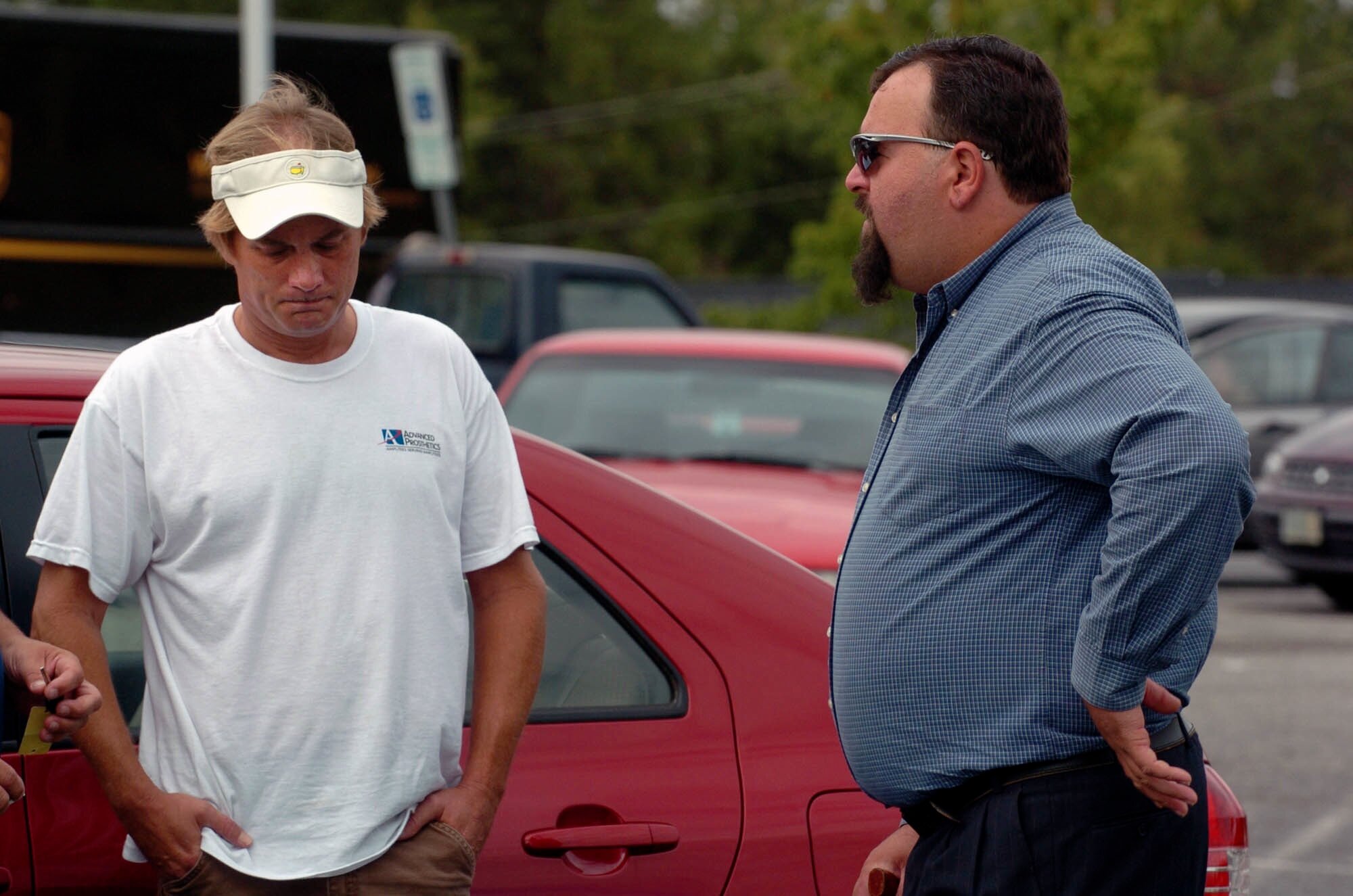
A wacky viral story — the kind that gets played for laughs at the end of news broadcasts — gets uncommonly deep consideration in this documentary gem. That’s not to say that Finders Keepers ignores the surreal comedy of the situation that John Wood and Shannon Whisnant, two star-crossed North Carolina men, found themselves in in 2007: battling over the custody rights of John’s mummified amputated leg. The humor in this bizarre tale and all the myriad eccentricities of its real-life characters is never left untapped, but to simply focus on that would add nothing new to the way the story had been told thus far.
Unlike the many clips from news segments and reality TV that we see in the film, Finders Keepers instead looks beyond the low-hanging fruit and finds deep pathos simmering under the surface of this wacky tale. What emerges is a complex, often tragic, and very American picture of the way traumas shape our lives, the addictive pull of drugs and attention, and fate’s habit of twisting nightmares into blessings and vice versa. It’s the kind of film that makes you wonder how many other unexpectedly poignant stories have been short-changed by our impulse to be flippant.
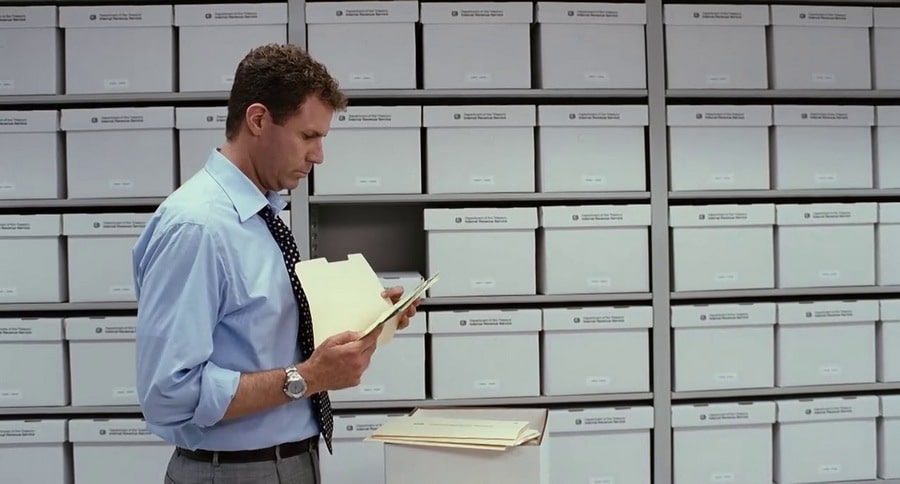
Will Ferrell plays a well organized IRS agent named Harold Crick who seems to have figured out everything in his life to the dot. Little does he know his life is being run by someone else, a nervous and morbid novelist, famous for ending her works with the death of the main character. As the nature of his life and eventual doom, he decides to lay back and enjoy the ride, breaking all his ingrained and boring habits. While this film is recommended for everyone, Will Ferrel fans, especially, need to watch this to see Will’s acting variety.
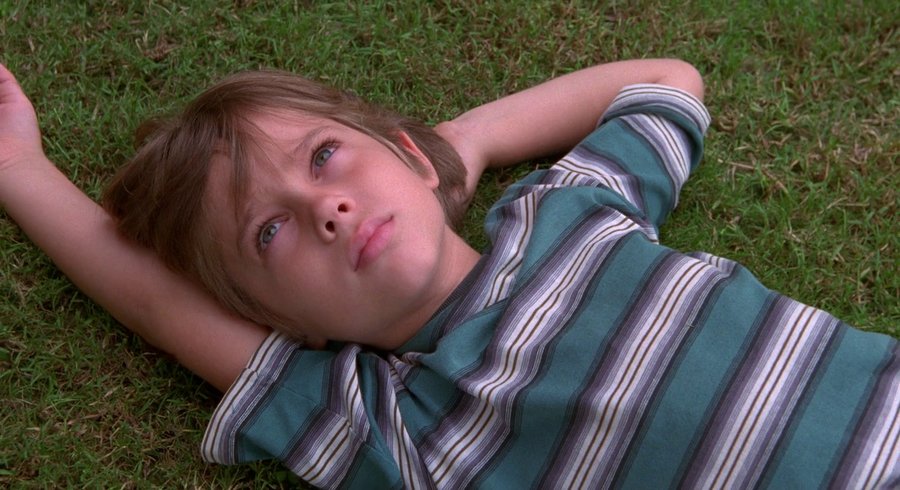
A masterpiece in every possible way: its striking balance between simplicity and effectiveness, its innovative value, the commitment of its maker, and just overall beauty. Boyhood was filmed over a span of 12 years, something never attempted before in film. The result is a captivating, breathtaking tale with almost unparalleled plausibility. The emotions it incites as well as the natural flow it has will feel a lot like life itself, and will leave you with ideas you can dwell on for long after the credits roll. Directed by Richard Linklater, and nominated for 6 different Oscars.
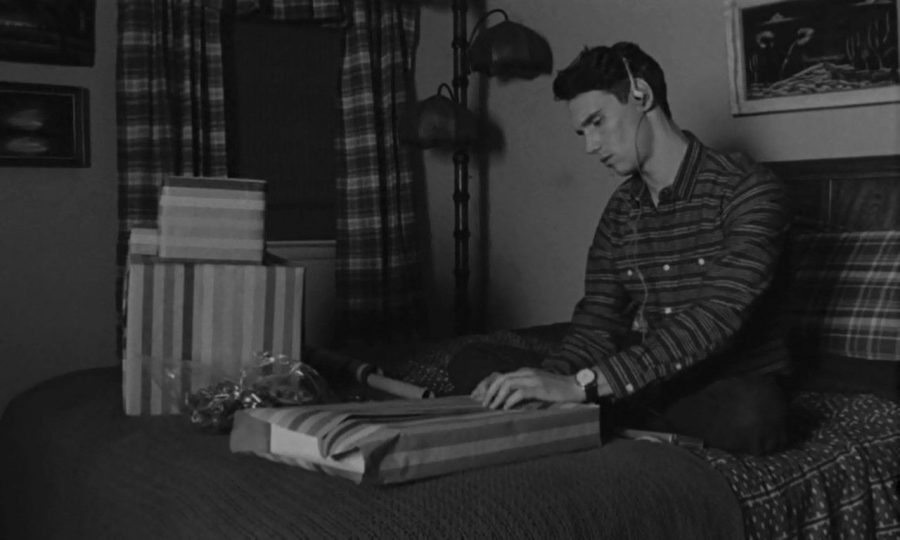
1985, a movie from 2018, was made like it was filmed during the year it’s about: it’s shot on gorgeous black-and-white Super 16mm film.
Not that it would be needed, but this minimalist setting puts a spotlight on the ensemble cast of this well-acted drama based on an award-winning short film.
In particular, the central one by Cory Michael Smith (Gotham, Camp X-Ray). He plays Adrian, a man visiting his conservative family in Texas from New York, so gently at times and explosively at others, it’s a sight to behold.
Adrian, estranged from his family for three years, visits them to find a way to tell them that he has AIDS.
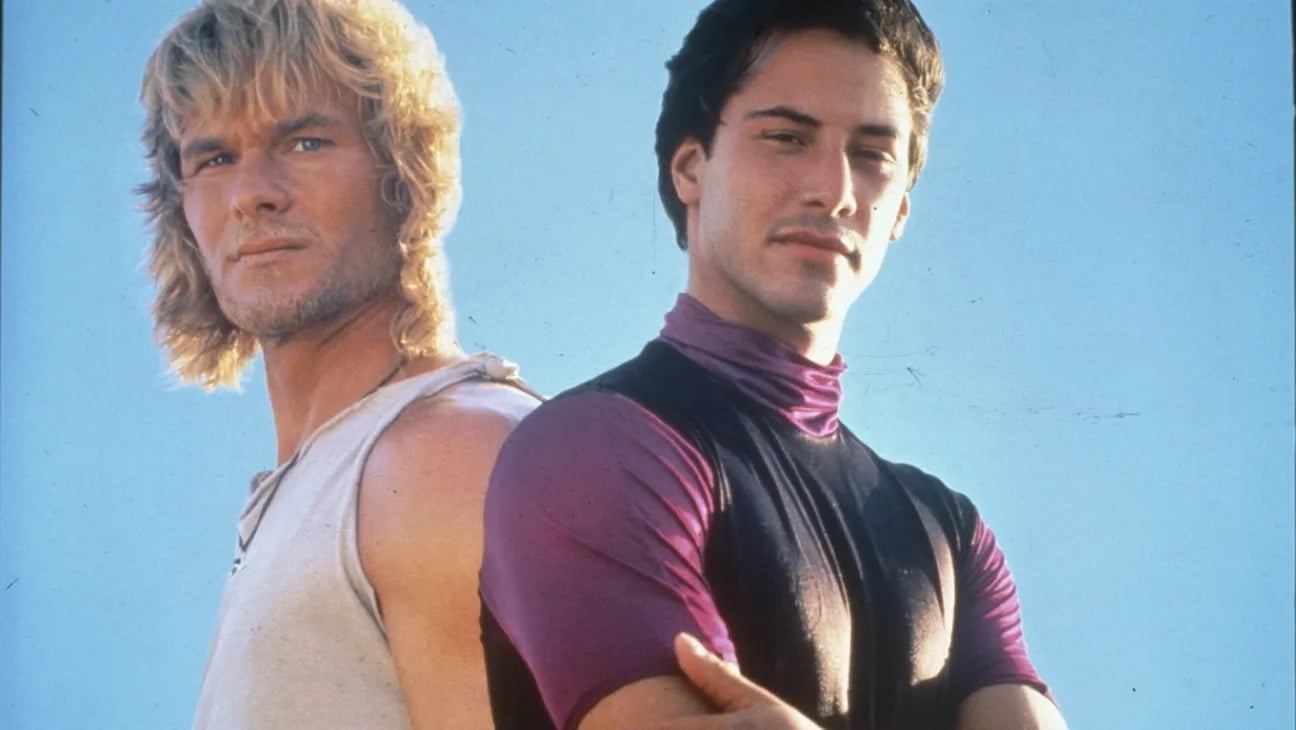
Kathryn Bigelow has a knack for action-packed scenes without compromising on the affective qualities of film style. It is precisely this combination that makes her a rare gem in American cinema, where the values of entertainment soar high. Point Break is one such example of controlled chaos, impeccable framing, and a convincing use of fast-paced editing to really get you as close to the action as possible. But what gives the film its flavour is how developed and synced the characters are and the Reeves-Swayze duo here belongs in the pantheon of equally hot frenemies, providing an apt, but subtle comment on the dangers of toxic masculinity.

Here’s a biopic that focuses on capturing the feel of the era it depicts, rather than all the facts — and is all the better for it. 24 Hour Party People takes the same punk approach to storytelling as its subjects did to music, playfully throwing off the dull constraints that often make based-on-a-true-story movies feel like uninspired celluloid translations of a Wikipedia page.
In the film’s opening scene, Steve Coogan’s Tony Wilson breaks the fourth wall to address us directly and semi-spoil the movie’s ending. But it doesn’t matter, because the ride is so fun: we’re taken on an immersive trip through the heyday of the Manchester music scene: the births of Joy Division, New Order, the Happy Mondays, and Wilson’s Factory Records label and legendary Hacienda nightclub, an incubator for acid house and rave culture. The era’s hedonism is brought to life by the movie’s frenetic editing, documentary-style cinematography, and strobe-heavy visuals. For all its onscreen anarchy, though, the movie remarkably never feels loose or self-indulgent. Its irreverence is grounded by the ironic filter of the meta filmmaking, which frequently breaks the fourth wall to draw attention to its own conceits. A refreshing rejection of biopic tropes, but also a thrilling transportation into and evocation of the Madchester era.

A thoughtful drama about the financial crisis, Margin Call is gripping. Seriously, even something as convoluted as the 2008 global economic meltdown is not only accessible and understandable, but it’s gripping. Margin Call transports you to the heart of Wall Street, both the financial institutions and the street, literally. It is exciting, well-acted and informative. Uh, also: Kevin Spacey.
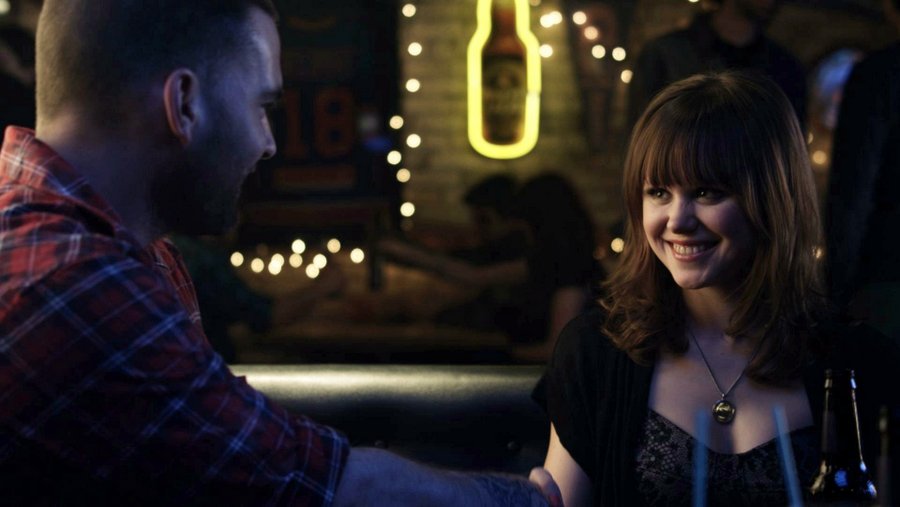
Goon is funny, violent, and sweet as hell. You’ll be surprised by how nasty it is but at the same time you won’t care. What you will want to do, on the other hand, is rip through the screen, and hug the main character. It is also a great example of a feel-good movie that isn’t solely focused on being a feel-good movie. It’s also great love story, with all its absurdities and highly emotional load. The story shines a light on the players who join hockey teams not for the game but for the fights that may erupt. They are called goons. Doug Glatt (Seann William Scott) is a new goon and this movie is his journey towards success both on the ice and off.
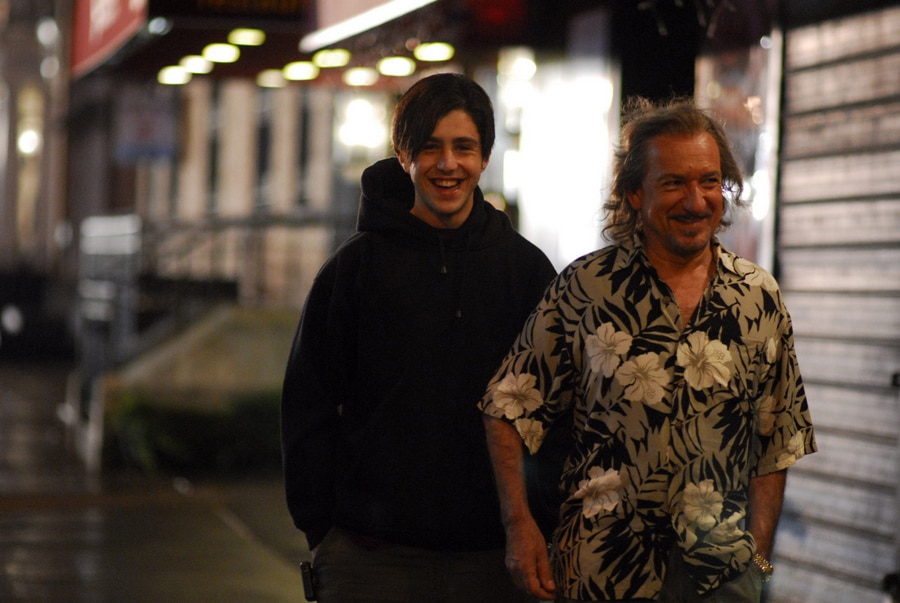
A period comedy set in New York in the summer of 1994, the Wackness is a coming of age story about Luke Shapiro (Joshua Peck), as he deals with family trauma, love, and economic hardship while selling pot to his strange psychologist. Rescued from a somewhat typical bildungsroman plot by sharp character acting, a firm directorial hand and an absolutely fitting soundtrack that evokes the golden age of rap music.

Donnie Darko is a cult film by director Richard Kelly, starring Jake Gyllenhaal. It’s about the troubled teenager Donnie who lives in a suburb and suddenly faces a person in a giant rabbit costume who tells him that the world is going to end in 28 days. If that didn’t make sense to you, don’t worry – it’s not about making sense. The film is a gorgeous exploration of a bizarre chain of events, a deep rabbit-hole of meaning and expression, fate and acceptance that practically begs for a second, third, or fourth watching.
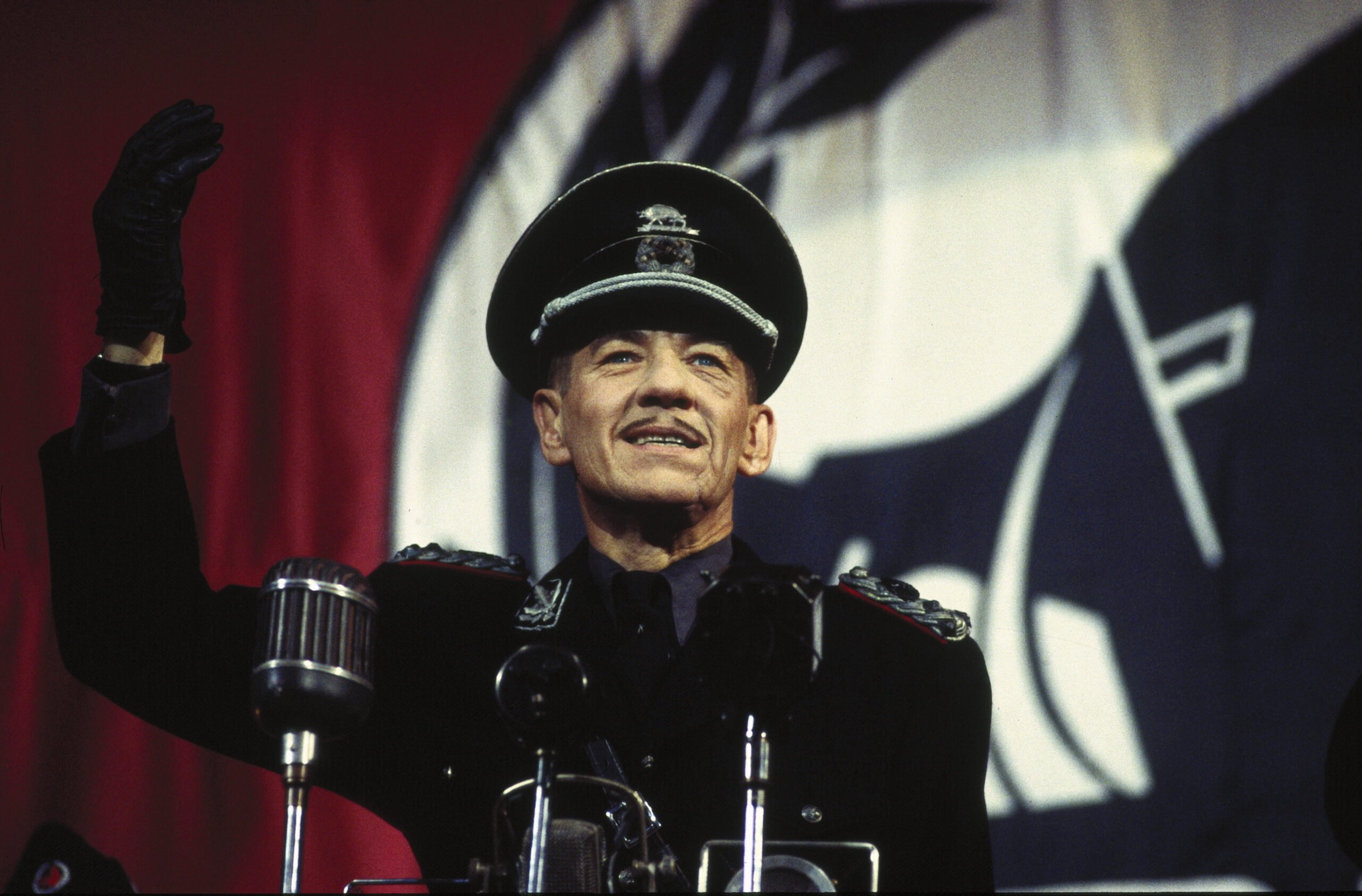
One of Shakespeare’s most indelible works is brought roaring to life in this explosive adaptation. The action is transposed from the 1400s to brutalist 1930s England, with the bloody civil war between the houses of Lancaster and York being waged by tanks and planes instead of cavalry. The switch isn’t merely cosmetic, though: in an inspired move, usurper Richard is reimagined here as the fascist head of an army of Nazi-esque Blackshirts (an analog of real militant far-right leader Oswald Mosley). Ian McKellen, who also co-wrote the screenplay, gives an odious but brilliant performance as the titular Machiavellian schemer who will stop at nothing to seize the crown, even betraying his own blood.
McKellen is joined by a gluttony of acting talent: Maggie Smith plays the King’s despairing mother, Annette Bening and Robert Downey Jr. are the unfortunate American queen and her brother, while the likes of Jim Broadbent, Bill Paterson, Kristin Scott Thomas, and Jim Carter fill up the royal court. All the richness of Shakespeare’s original writing is retained, charging the performances and the film around them with a grand sense of drama. Peter Biziou’s ostentatious cinematography is a perfect frame for it all, and helps cement this as much, much more than a piece of filmed theater.

This surprising documentary follows Jiro, an 85 year old Japanese chef, his Michelin-starred restaurant in the Tokyo underground, and his eager sons. While ostensibly about sushi – and believe me, you’ll learn about sushi and see absolutely gorgeous images of the raw-fish creations – the film’s dramatic impetus is carried by the weight of tradition, the beauty of a labor of love, obsession, and the relationship between father and son. Truly a must-watch.
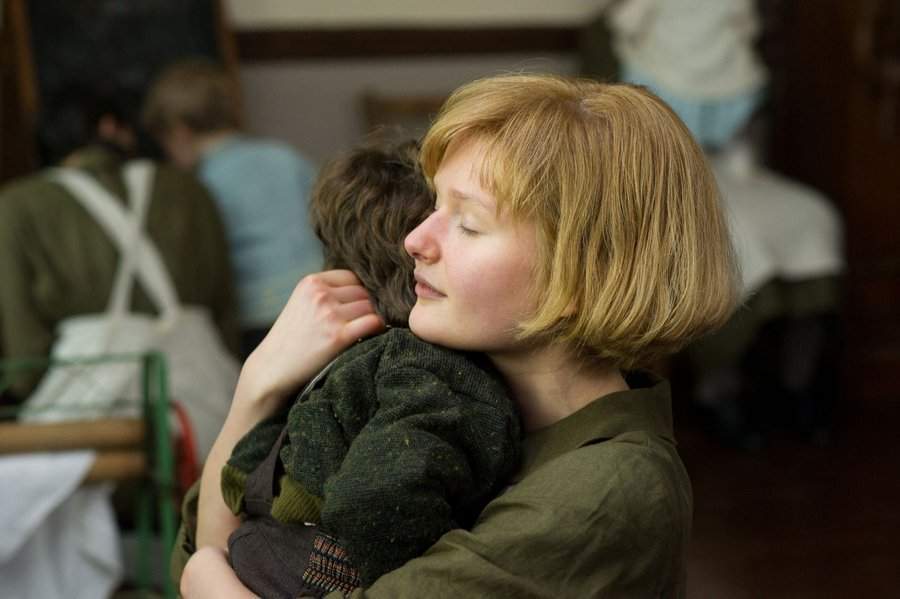
An inspired by true events tale about an elderly Irish woman trying to find the child she was forced to give up many years earlier. Steve Coogan co-wrote the script and, though the base story is a tragic one, his special brand of very subtle, wry wit is apparent in the dialogue throughout. Judi Dench plays the mother who had kept her “sinful” past a secret for fifty years and, being Judi Dench, I don’t need to bother going on about her exemplary talent, suffice to say she’s charming beyond measure in the role. Steven Frears directs, as usual, deftly, and keeps the story compelling scene after scene, intensifying the emotions inherent to each, whether they be heart-warming, comedic, or outright enraging. Whoever decided to let Steve Coogan have his way with the script, it was a brave and wise choice and together this cast and crew have produced a wonderful and important piece of cinema.

Like all great documentaries, Angry Inuk is about way more than its tagline. At first glance, it’s about how anti-sealing activism has been harming Inuit communities since the 1980s, to the point of instituting the highest rates of hunger and suicide anywhere in the “developed” world. But beyond, it’s about the complicity of the government of Canada. A crushed seal-based economy means that the Inuit have to agree to oil and uranium mining in the Arctic.
Angry Inuk is also about the corrupt behavior of animal rights organizations like Greenpeace: seals are actually not on the endangered animal list but NGOs focus on them because they make them money.
It’s an infuriating but incredibly important documentary. One that is not about how Canada has a bad history, but about how Canada is harming the Inuit right now.
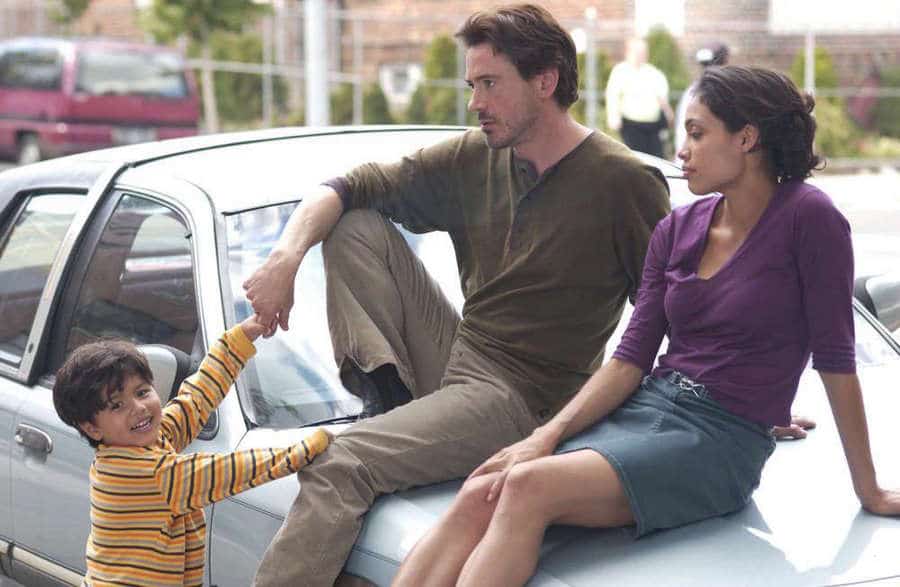
Not only is this multi-award-winning drama seriously star-studded, Robert Downey Jr., Rosario Dawson, Channing Tatum, and Shia LaBeouf also deliver superb performances. With two Sundance Awards and many other nominations in its pocket, A Guide to Recognizing Your Saints is based on the eponymous memoir by author, director, and musician, Dito Montiel, who recalls his violent childhood on the mean streets of Queens in the 1980s (LaBeouf plays the young Dito), as he visits his ailing father after 15 years away in Los Angeles (Downey Jr. plays present-day Dito). It is also real-life Dito’s directorial debut, recalling the loose, improvisational style of 70s cinema a’la Scorcese. The powerful plot is told through flashbacks and fourth-wall bending monologues, while the eccentric directing style makes for a raw and immediate experience. The energy of this coming-of-age drama is off the charts!

Directed and co-written by Craig Johnson (who made The Adolescents with Mark Duplass), The Skeleton Twins is a beautiful piece of drama, dealing with some dark themes. It does so with surprising success, given that the two main actors are seasoned comedians with little to no experience in the genre. And yet, it is precisely the two leads that turn this bleak comedy-drama into a somber, haunting, but beautiful watch. Bill Hader is amazing as the depressed and suicidal gay man, Milo, who is reunited with his estranged twin Maggie (Kristen Wiig) after a series of unfortunate events. Their attempts at repairing their fractured relationship also forces them to confront the trajectory of their own lives, while they rediscover their erstwhile childhood friendship and long-lost camaraderie. Again, don’t expect a traditional comedy, but an honest display of the complexities of sibling relationships, mental health, and how conflict, compassion, and understanding fit into it all.
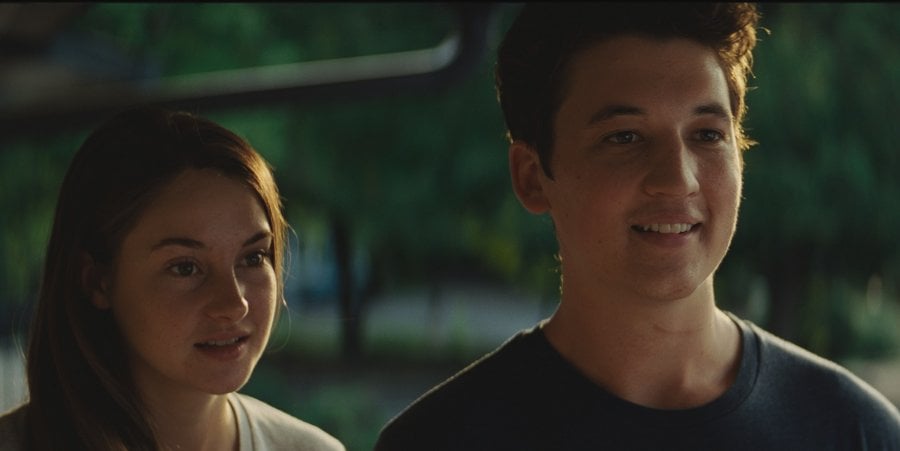
Everybody loves a good coming-of-age movie, but they have their trappings. Their youthful characters are often cartoonish, or perfect, or insanely inept. This is where The Spectacular Now achieves something that is indeed spectacular: it feels incredibly real. The film features Miles Teller (from Whiplash) as a charming, but slightly lost, heavily partying high-school senior named Sutter Keely. After waking up on a strange lawn after a long night, he is awoken by Aimee, played by Shailene Woodley, whose performance is as spectacular as the depth of this movie’s characters. What starts as a rebound fling for Keely eventually goes deeper and deeper, while his problems become more and more apparent to us, the viewers, to Aimee, and to his caring teacher, played by the incredible Andre Royo, who some of you might recognize as the iconic Bubbles from The Wire. If this premise sounds corny to you, think again, because this film has a deep respect for its characters and the journeys they must take. A sensitive drama with incredibly life-like performances.
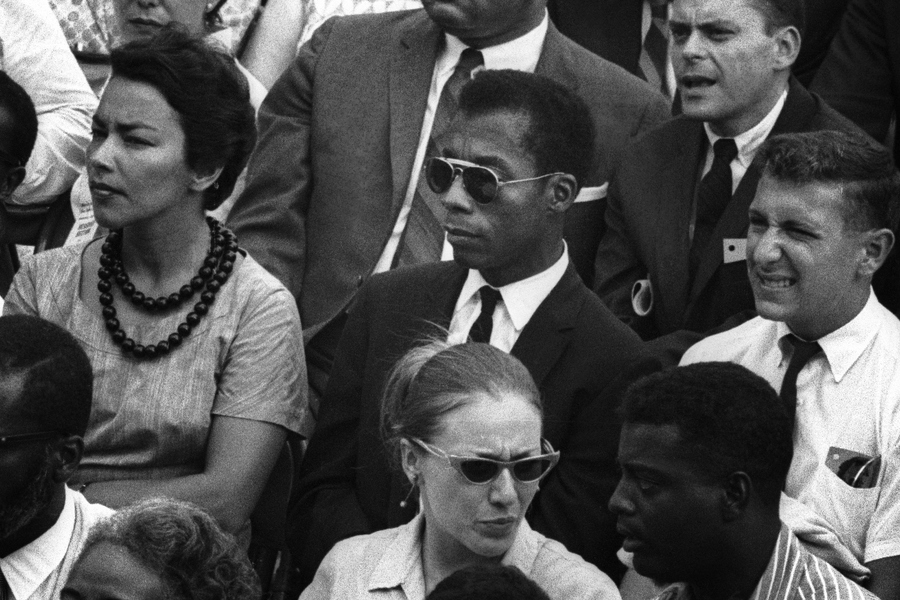
In a stunning and vivid (re-) introduction to the Black intellectual, author, and social critic, James Baldwin, this movie digs very deep into the American subconscious and racial history. It tells the story of America by telling the story of “the negro” in America, based on a book Baldwin started to write, which would have studied the famous assassinations of three of Baldwin’s friends: Medgar Evers, Malcolm X, and Martin Luther King, Jr. He wrote about 30 pages before he passed away in 1987. Haitian director and activist Raoul Peck picked up the project and made it into a movie, earning him an Academy Award nomination. Narrated by none other than Samuel L. Jackson, I Am Not Your Negro highlights, at the same time, Baldwin’s genius, his unique eloquence, and the beauty of his soul as a human being. It is a sad truth that Baldwin’s denouncements feel as relevant today as they did 50 years ago. As such, this movie serves as a sobering reminder of how far America still has to go. A mesmerizing experience!
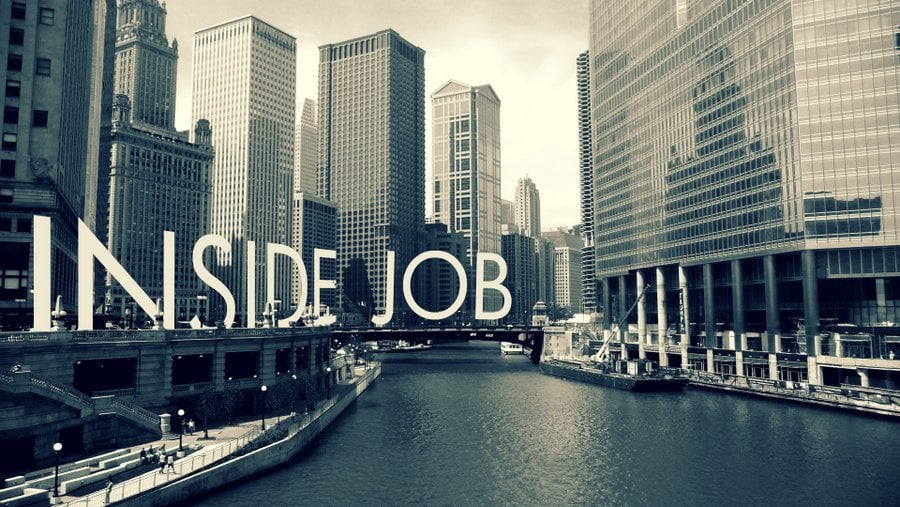
This Oscar winning documentary is no standard film. Even by being beautifully crafted and having an amazing soundtrack–soundtracks are important–it does not miss its core story for a second. A delivery so good and so crisp that it will make you go “the sons of b” and “those motherf” more times than Joey from Friends got laid in 1999. On a more serious note, Inside Job is a great and complete technical overview of the financial meltdown. I know the word “technical” scared you there, but it shouldn’t! The movie is simple, uses charts and colors for all of us who once thought figures and formulas were too complicated to understand — it even makes you go, “hey, this is not so difficult to understand. Them motherf.’ The movie is also very exciting: no spoilers but all I can say is that there are b*s trippin in there.

One of those movies which are actually good for your education; think of it as a book you can read in two hours. It is, however, a very well-cast and well-filmed book. Hotel Rwanda is brutal and disturbing, which is only reasonable since it tells the story of one of the most horrific times in recent history. Led by an astonishing performance from Don Cheadle, it is overwhelmingly sad but an absolute must-watch.

In a world where mortality has been overcome, people watch in awe as the as the 118-year-old Nemo Nobody, the last mortal on Earth, nears his end. He is interviewed about his life, recounting it at three points in time: as a 9-year-old after his parents divorced, when he first fell in love at 15, and as an adult at 34. The three stories seemingly contradict each other. Utilizing non-linear cinematography, Belgian director Jaco Van Dormael presents each of these branching pathways as a version of what could have been. The result is a complex, entangled narrative. That and the movie’s ensemble cast, featuring Jared Leto, Sarah Polley, and Diane Kruger, have turned Mr. Nobody into a cult classic. The soundtrack, featuring several of the beautifully restrained music by Eric Satie, is also considered a masterpiece. While it is surely not for everybody, this is trippy, intimate, and existential sci-fi at its best.
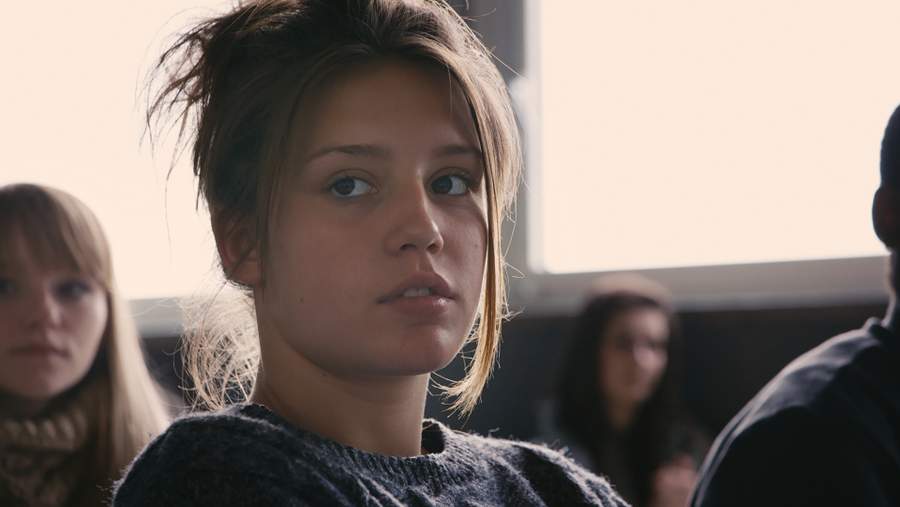
More simply called La Vie d’Adèle in its native language, this French coming-of-age movie was hugely successful when it came out and was probably one of the most talked-about films of the time. On the one hand, the usual puritans came to the fore, criticizing the lengthy and graphic sex scenes. On the other hand, Julie Maroh, who wrote the source material that inspired the script, denounced Franco-Tunisian filmmaker Abdellatif Kechiche for directing with his d*ck, if you don’t mind me saying so, while also being an on-set tyrant. Whatever you make of this in hindsight, the only way to know is to watch this powerfully acted drama about the titular Adèle (Adèle Exarchopoulos), and her infatuation with Emma, a free-spirited girl with blue hair, played by Léa Seydoux. The film beautifully and realistically portrays Adele’s evolution from a teenage high-school girl to a grown, confident woman. As their relationship matures, so does Adèle, and she slowly begins to outgrow her sexual and philosophical mentor. Whatever your final verdict on the controversial sex scene, Blue Is the Warmest Color is without doubt an outstanding film as are the performances from Exarchopoulos and Séydoux.
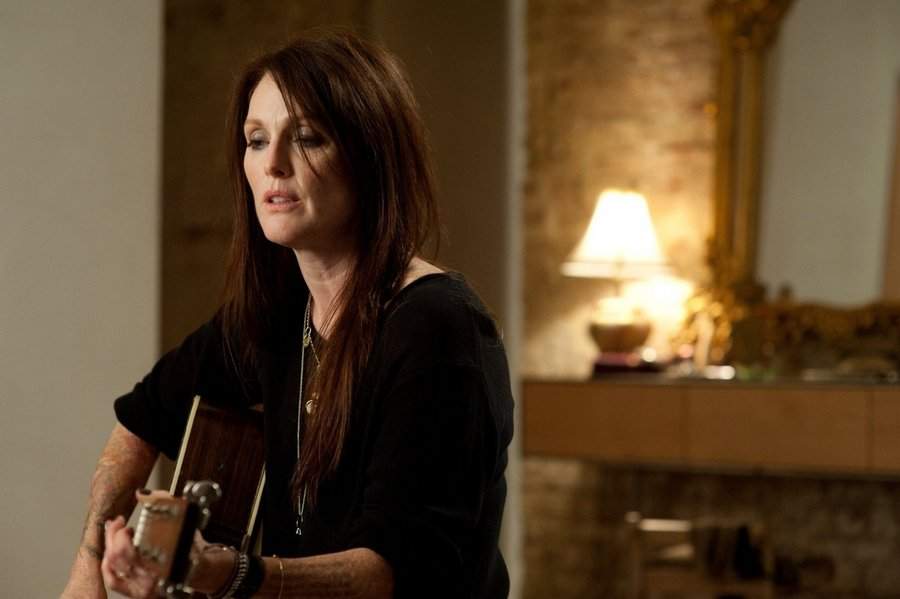
From the producers of The Kids Are Alright comes another excellent family drama starring Juliane Moore. She plays a hot-headed rock singer who battles her divorced husband, a narcissistic art dealer, expertly played by the unlikely Steeve Coogan, for custody of her daughter Maisie. When one of them marries the girl’s nanny, the other rushes into marriage as well. Based on Henry James’ titular novel from 1897, it tells the story of a quiet, sensitive young girl coping with being used as a pawn by egotistical parents who spite each other. It is sometimes hard to watch the girl get caught up in all this but the young actress playing Maisie, Onata Aprile, plays the part brilliantly. The screenplay adaption of the ahead-of-its-time material of the book by Nancy Doyne and Carroll Cartwright also hits every note with passion. A harrowing but powerful film.
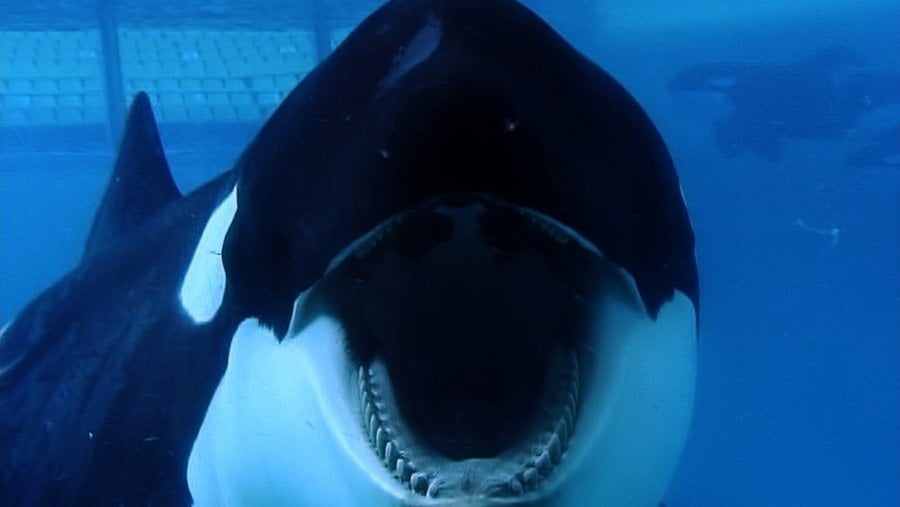
Orcas killing people? Saving whales? There was indeed a time when these issues were frontpage news and that might be the reason why this sounds like a 90s cliché to you. You might agree that this issue should be staunchly dealt with once you’ve watched Gabriela Cowperthwaite’s 2013 documentary. Orcas still being held captive by marine parks like SeaWorld to perform stunts and to parade around swimming pools to entertain ticket-buying families. Blackfish is the story of one of them in particular: a bull Orca named Tilikum, who has killed several people as a result of their immoral imprisonment. Similar incidents tend to be covered up by the parks’ operators and management. They are, however, attributable to the fact that the animals are quiet simply driven mad by the unnatural conditions they are subjected to. They are not born as killers, they are turned into them. First-hand accounts by former whale trainers and experts deliver fascinating truths about Tilikum and the species as whole, elaborating on their remarkable intelligence and social behaviors. For those unaware of this, this passionate documentary makes for a chilling watch.

Named after a slur for people of Asian descent, this 2017 film put Justin Chon on the map as a director. More than that, he also starred as the main lead in this raw and uncompromising period drama about Asian-Americans and the LA riots in 1992. Shot completely in black and white, it tells the story of Eli, a scrawny Korean-American, who runs his family shoe store with his brother, Daniel (David So), in several vignettes. They strike up an unlikely friendship with Kamilla (Simone Baker), a black kid from around the way, whose family is not happy with her hanging out with the two brothers. Amidst the ubiquitous violence in LA at the time, the Rodney King riots as well as a tragic shooting of a black teenager by a Korean convenience store owner, it shines the light on America’s intra-minority race relations and the more unseen stories behind them. A topic that has come back to haunt America in the 2020s. The film is fierce as it is funny, harsh as it is playful. Uplifting and unsettling.
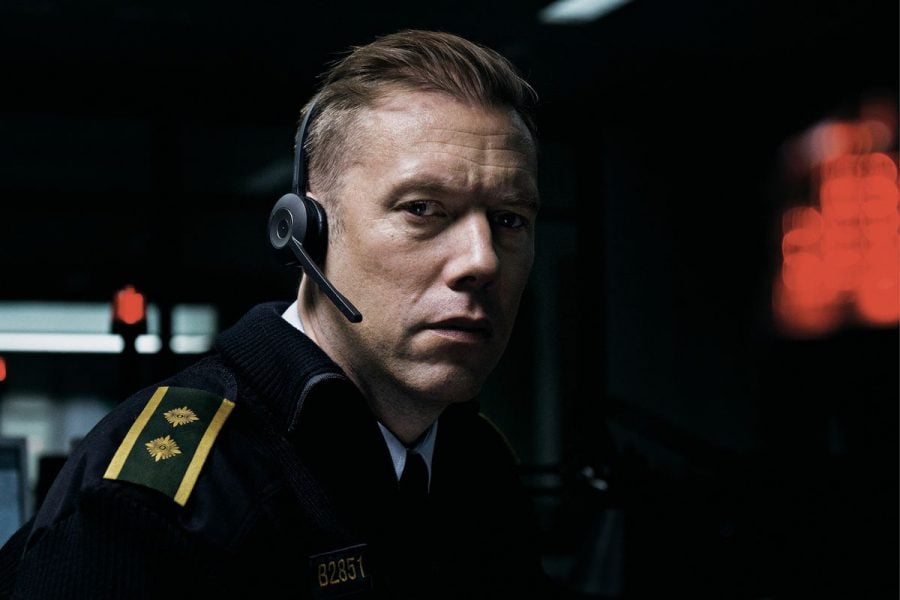
Before you press play on this movie, we highly recommend you take a few very deep breaths. This 2018 thriller is wound so tight, you will need the extra oxygen to get through it without fainting. In his directorial debut, Swedish-danish filmmaker Gustav Möller uses very little in terms of resources to create this breath-taking atmosphere. While The Guilty feels like it was made on a $100 million budget, all it physically brings to the table is one man in a dark room. It plays with our imagination instead of blinding it with special effects. Similarly, the plot is also short and sweet: a police officer is temporarily sent to do emergency dispatch, when he receives a call that turns an ordinary shift into a hell ride. This is all we are going to give away before you’ve completed your breathing exercises. The movie’s minimalist approach is held together by great acting from Jakob Cedergre, a screenplay to match, and incredible sound design. A real white-knuckle ride.

Memento is a right of passage movie – the kind of movie 19 year olds watch and decide, “holy hell, cinema is cool.” Call it the most cinematic mainstream film or the most mainstream serious film of the last 20 years, Memento also marks the beginning of the reign of Christopher Nolan. A deep and gripping meditation on forgetting helmed by a technical virtuoso, Memento is a puzzling emotional trip.

Bittersweet like Belgian chocolate, this is a coming-home movie. It will leave you raw and empty as well as full of life, and it will most certainly have you appreciate the mournfulness of bluegrass music. Based on a play co-written by Johan Heldenbergh, who also stars as Didier, the male lead, this is intricately written, thoughtfully directed, viscerally acted cinema. Bluegrass enthusiast and band leader Didier falls passionately in love with Elise, a spirited tattoo artist. They sing together, start a life together. But when their little girl falls gravely ill, everything changes. Because this gem of a film by director Felix van Groeningen excels at creating intimacy and empathy between us viewers and this beautiful family’s fate, you will feel everything you see. Incredibly well-made and gut-wrenching drama.

Told in urgent fashion with first-hand accounts from cyber professionals from around the globe, Zero Days is a fascinating and alarming documentary about the Stuxnet computer virus. Originally codenamed “Olympic Games” by the people that fathered the worm, Stuxnet is a virus in the true sense of the word. It not only maliciously feeds off the host, but it also replicates itself as soon as it is implanted, which is exactly what it did when it was used by the US and Israeli secret services to sabotage centrifuges inside Iran’s Natanz nuclear plant—making them spin out of control. All this is brilliantly unpacked by renowned documentary maker Alex Gibney (Going Clear, Enron: The Smartest Guys in the Room), who manages not only to detail the complexities of advanced coding in a remarkably evocative manner, but also to send out a well-researched alarm call about the future of war. Ultimately, the message here is that cyber warfare is very much part of our new shared reality. This film deserves to be seen by anyone who is even remotely concerned about global security in the 21st century.
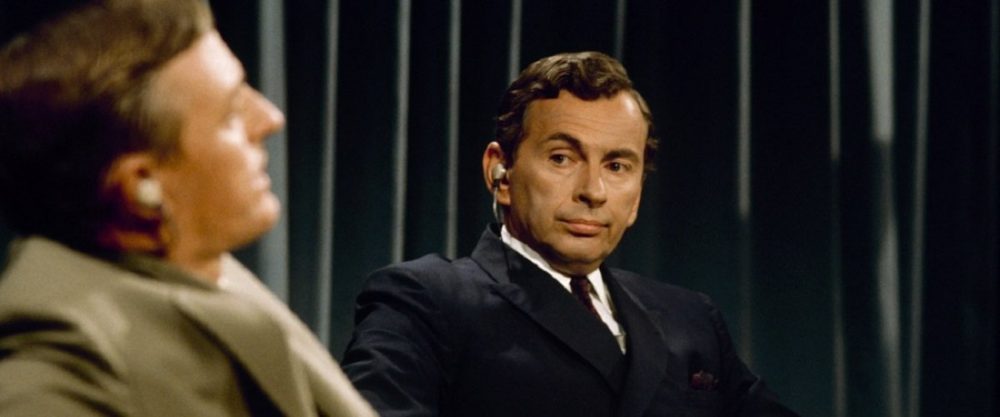
Do today’s political talk shows often feel like meek, scripted, and predictable affairs to you? Would you rather have that euphoric feeling you get when watching someone smart and eloquent talk about important ideas? Multiply that by two and you get Best of Enemies. In 1968, ABC covered the Republican National Convention in Miami Beach and the historic Democratic National Convention in Chicago by airing a 10-part series of nationally televised debates between two ideologically opposed and sharp-minded public intellectuals: Gore Vidal and William F. Buckley. The former was an ardent and openly bisexual liberal and progressive. The latter an elitist cultural conservative, whose magazine, National Review, vowed to always support the most far-right candidate viable for office. This confrontational set-up is not only credited with ushering in an era of pundit politics, but also with producing some of the most entertaining intellectual debate ever to be seen on TV. When’s the last time you saw anybody unironically being called a “crypto-Nazi” on national television?
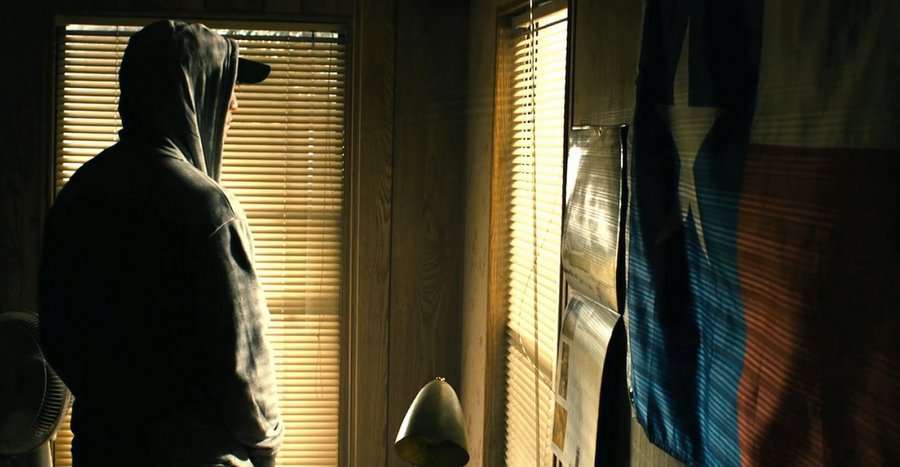
Simply titled The Imposter, this film by English documentary maker Bart Layton tells an unbelievable tale. Any plot summary doing this film justice has to err on the side of brevity, which is why it will be only one line long: this is the story of Frederic Bourdin, a serial imposter nicknamed “The Chameleon”, who at one time claimed to be the missing son of a family from Texas. The film is so well-shot that it is hard to tell fact from fiction at times and it will force you to remind yourself that this is in fact real life. Expect twists and turns at every corner and brilliant storytelling from real people. If Christopher Nolan created a 48-hour story, it would pale in comparison to this film.
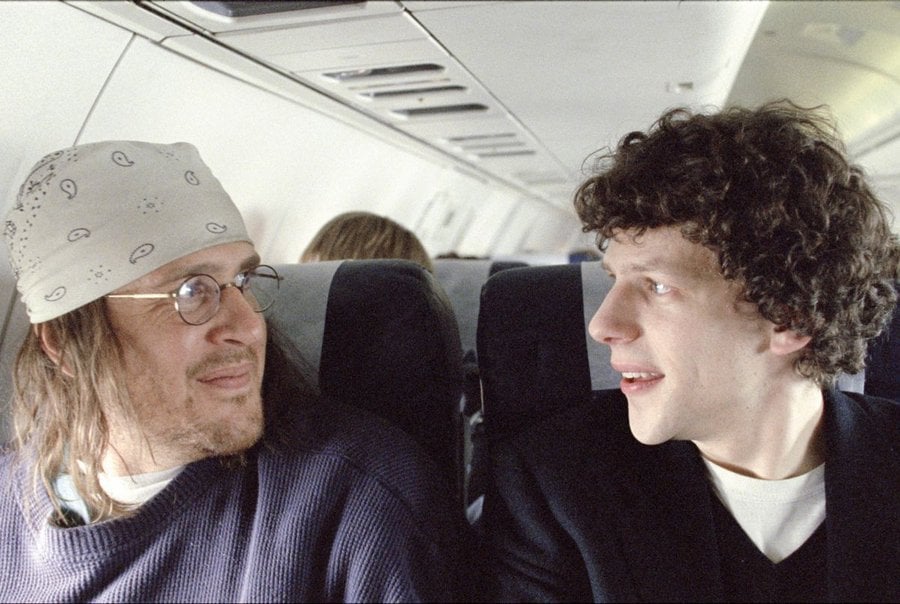
A hot summer night, around 2 a.m. You’re outside talking with a close friend about life, happiness, and the human condition. That quality and depth of conversation, which you reach at best a couple of times a year is present throughout the 106 minutes of The End of the Tour.
In the case of this movie, you become the witness of five days of conversation spent between two fine writers: the once-in-a-generation American author David Foster Wallace and best-selling Rolling Stone journalist David Lipsky, as they travel the US during the 1996 publicity tour for the former’s magnum opus, Infinite Jest. Twelve years later Wallace will commit suicide.
Like a good podcast, the James-Ponsoldt-directed road movie makes you feel being part of a deeply personal conversation of the kind you would have with a long-time friend. At times, it can feel like eavesdropping on a genius at work. This effect is helped along by a flawless Jason Segal, who delivers an award-worthy performance as DFW. The fierce intelligence exuded by Jesse Eisenberg as David Lipsky is also nothing short of amazing. As they stuff their faces with junk food, their conversation is insightful, immediate, and unpretentiously relevant, making The End of the Tour a rare and important film.
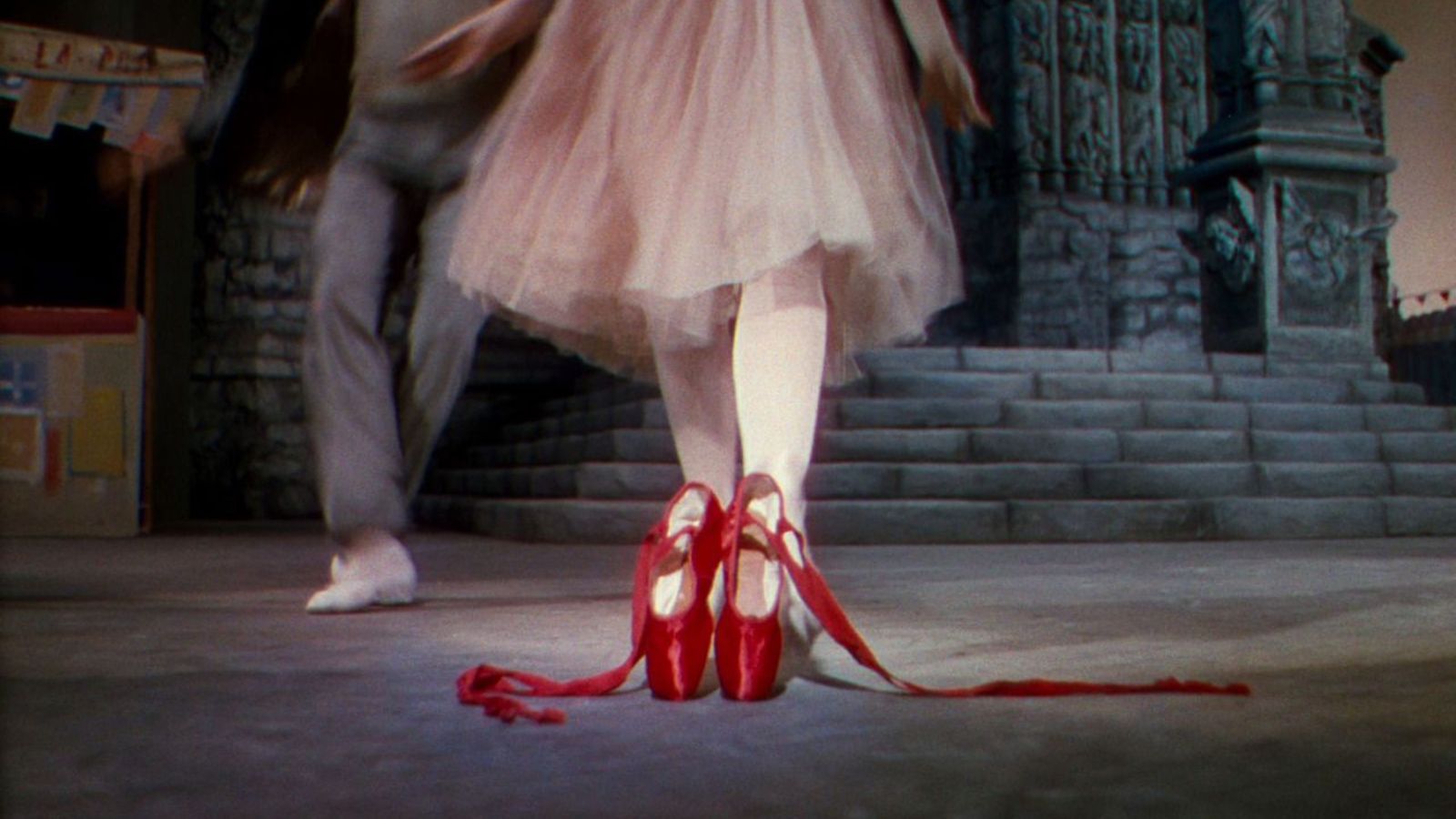
While today’s moviegoers would likely pick Black Swan as the ballet film of choice, there is one film classic that brings the title of the best ballet film in contention. That is The Red Shoes. It first divided critics of film and ballet alike, but as time went by, the spectacular drama from Michael Powell and Emeric Pressburger deservedly garnered acclaim for the brilliant, novel ways of bridging the gap between art forms. Of course, the most obvious of these is the lush, stunning 17-minute dance sequence that first incorporated dynamic camera movement to the choreography, and captured Han Christian Andersen’s story to its essentials. But aside from just depicting the dance, The Archers reconfigured every other single aspect of film to bend toward the movement without breaking the beauty of every shot– the scoring, the casting, the production design, and the ballet-within-a-film plotline. It’s because of this that The Red Shoes garnered a legacy of being one of the best ballet films, one of the best British films, and even one of the greatest films ever made.
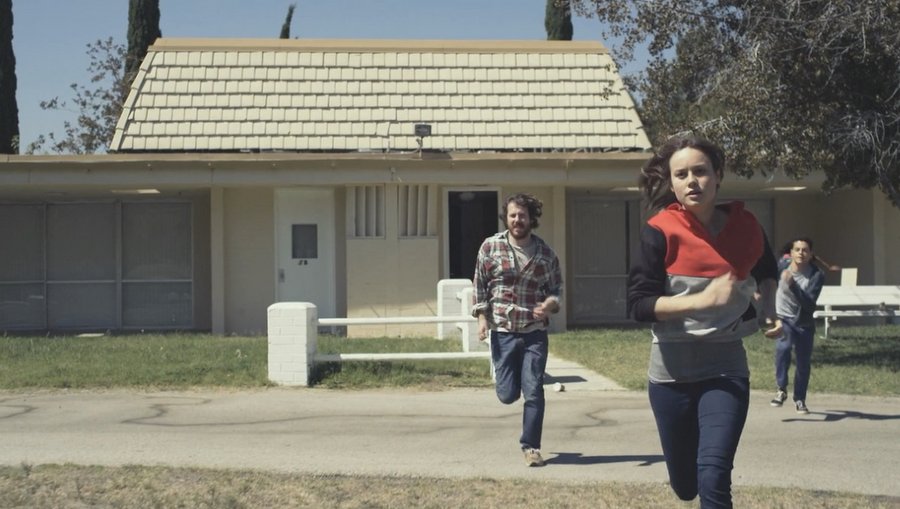
Understated in budget but lavished with praise, this semi-autobiographical drama by Daniel Destin Cretton flings its audience into the chaotic lives and personal crises of at-risk youths and the passionate social workers that aid them. In his first feature film, the young director draws the viewers into the storm of events and the emotional ups-and-downs of social work in America, going from uplifting to depressing and back – and every emotion in-between.
Set in the real-life and eponymous group home Short Term 12, devoted but troubled foster-care worker Grace is played by Brie Larson, whose shining performance in her first leading role was lauded by critics. Fans will also recognize the supporting actors Lakeith Stanfield and Rami Malek, who broke out in this movie. Short Term 12 is now considered one of the most important movies of 2013 – some say of the decade – owing to its immaculate writing, intimate camerawork, and gripping performances.



